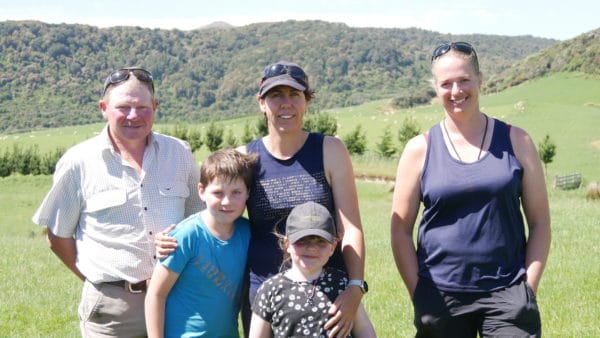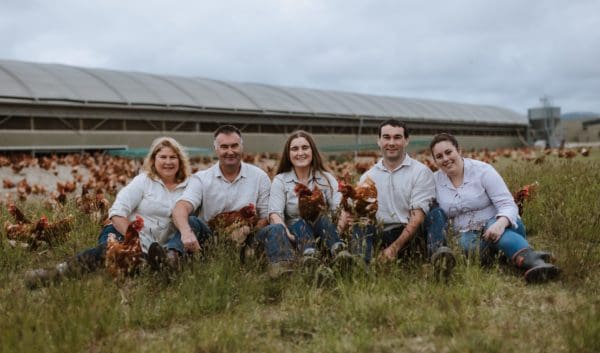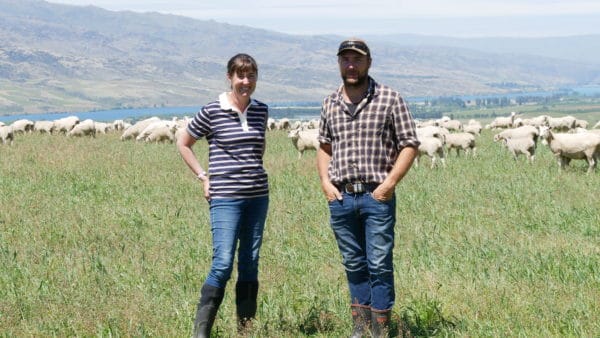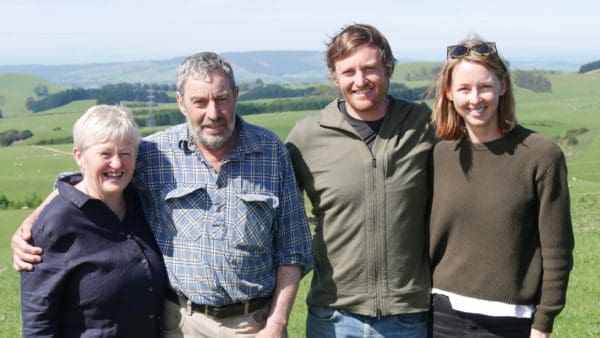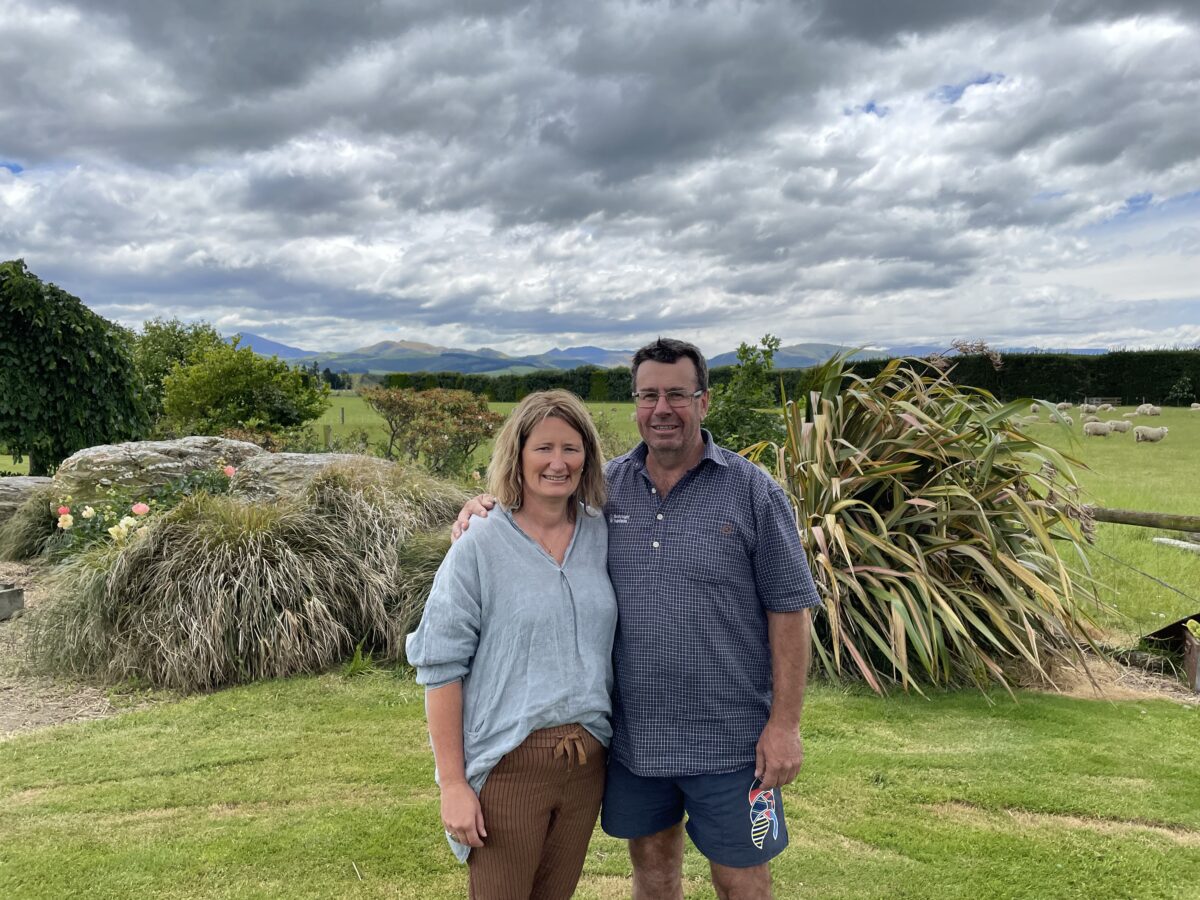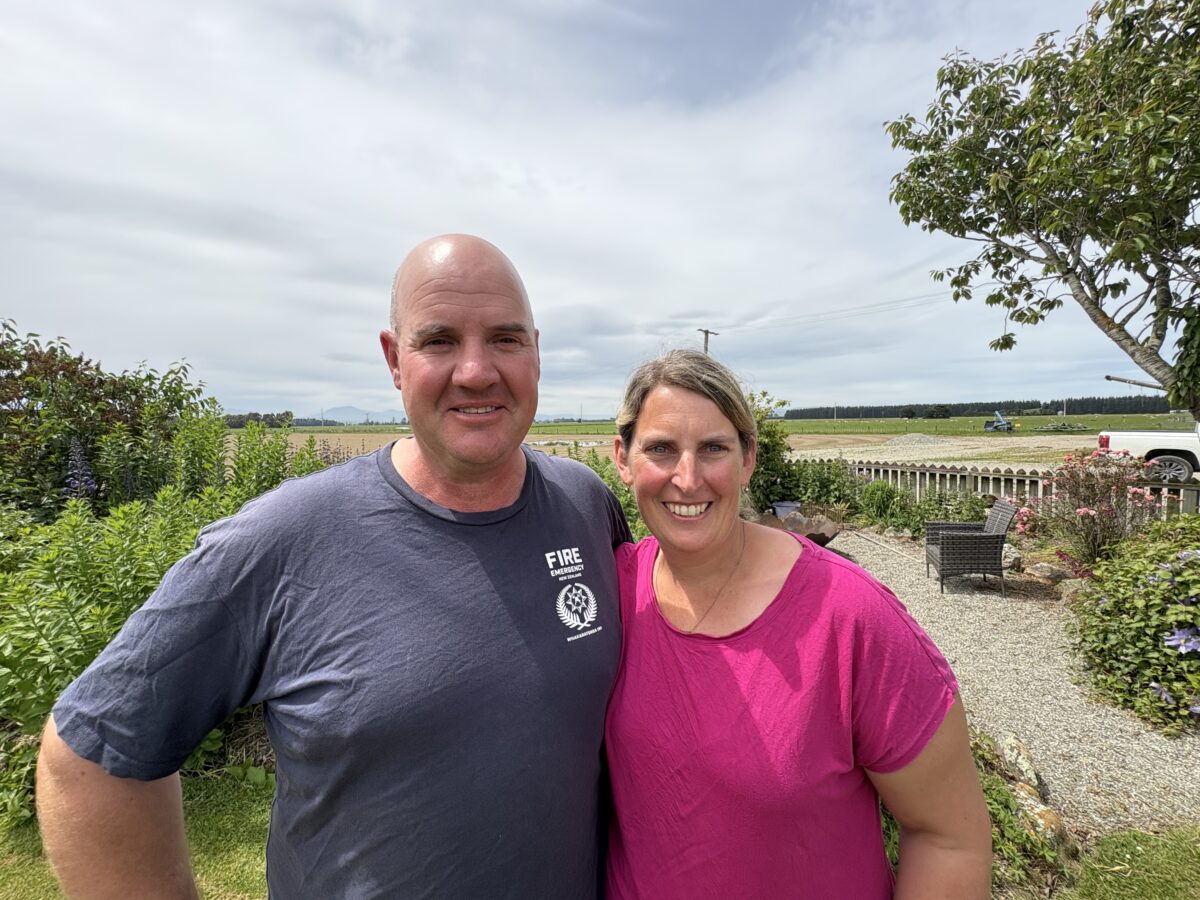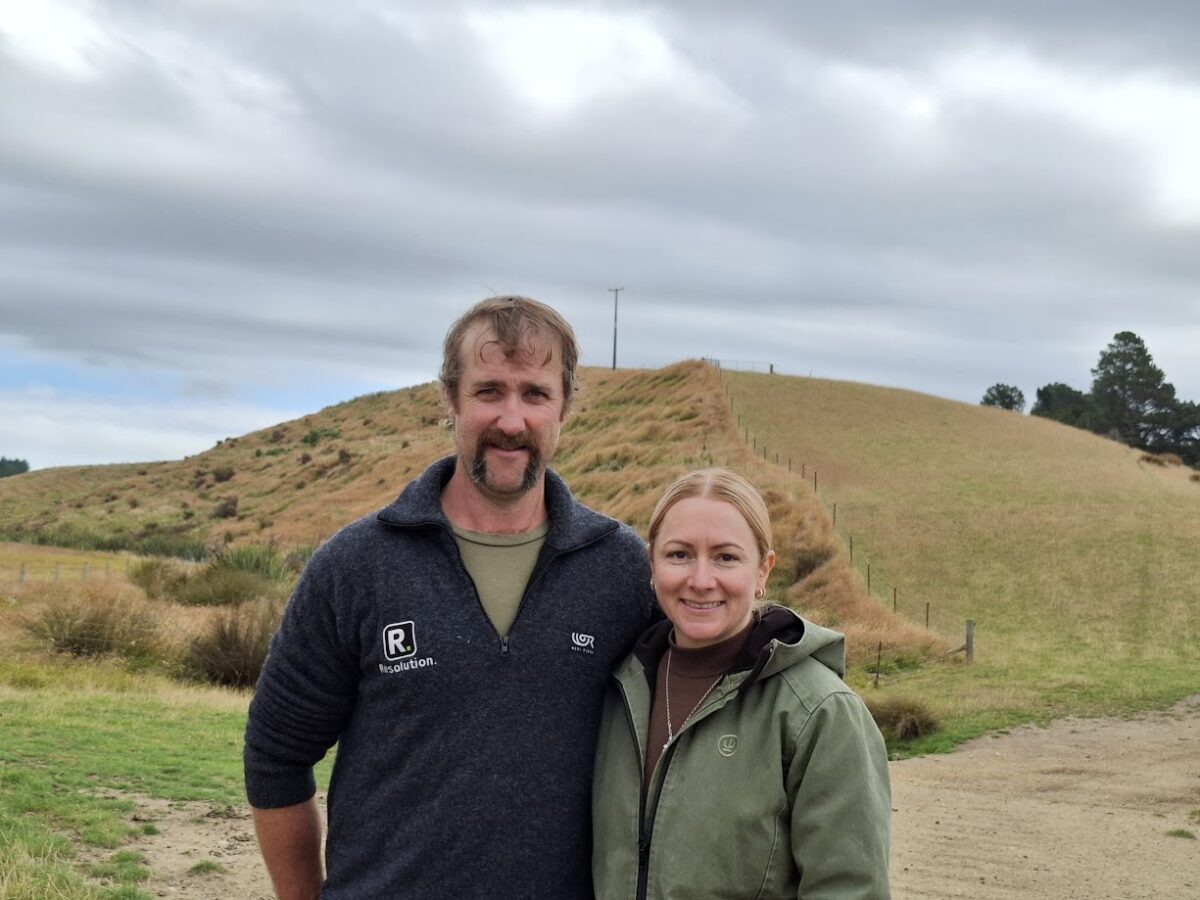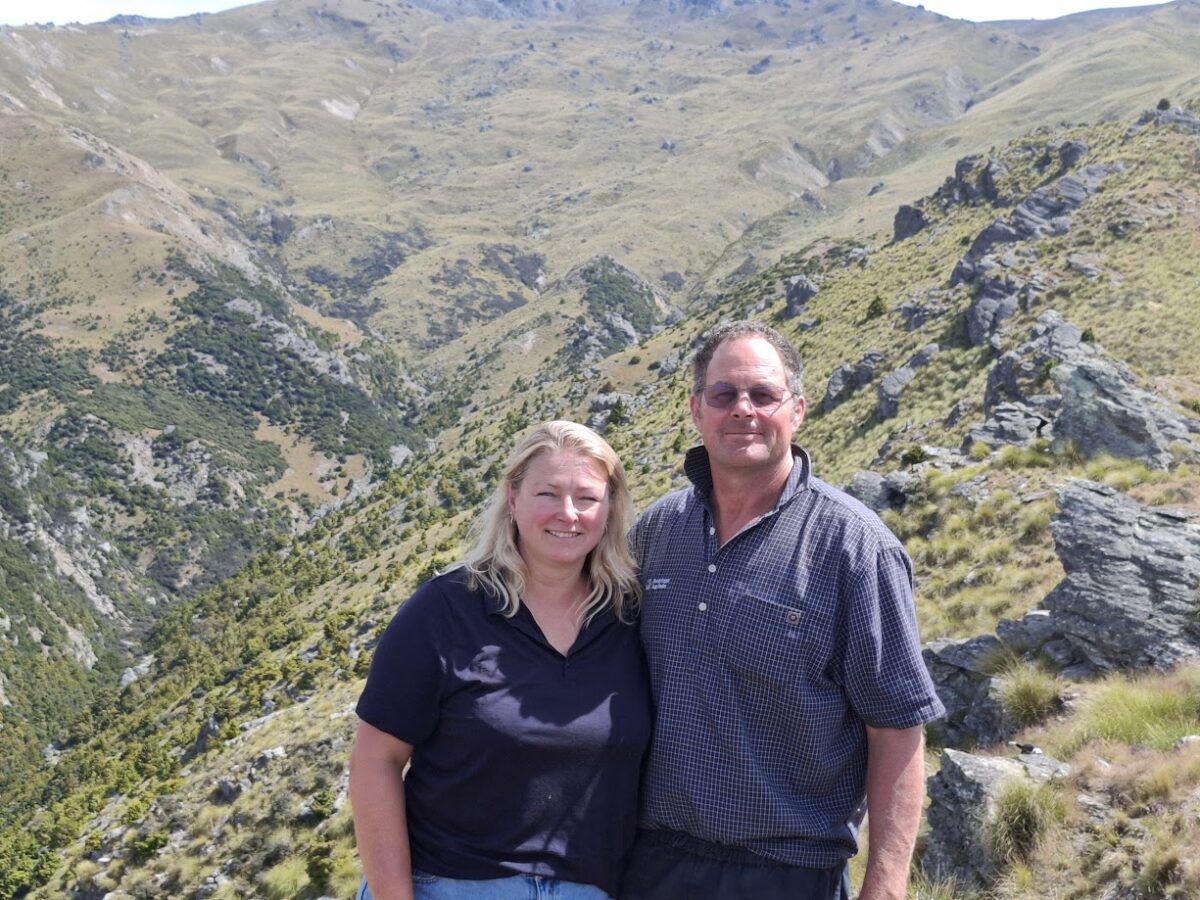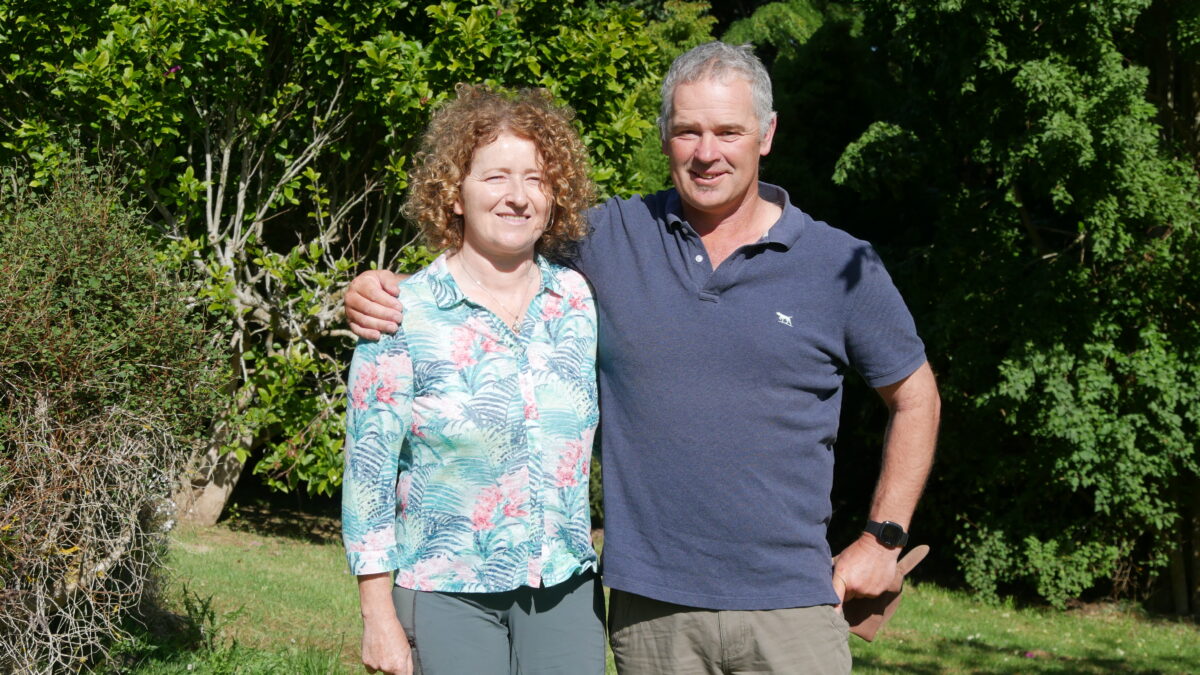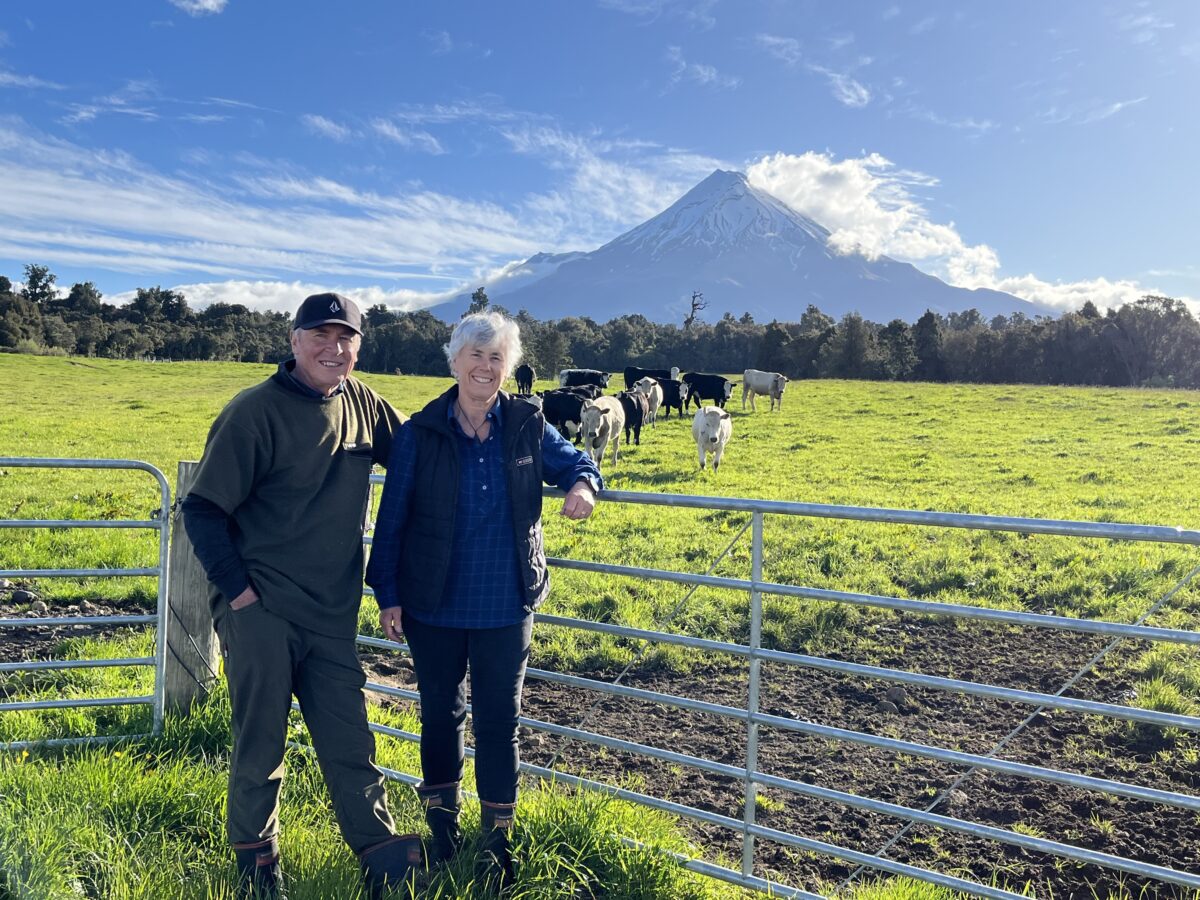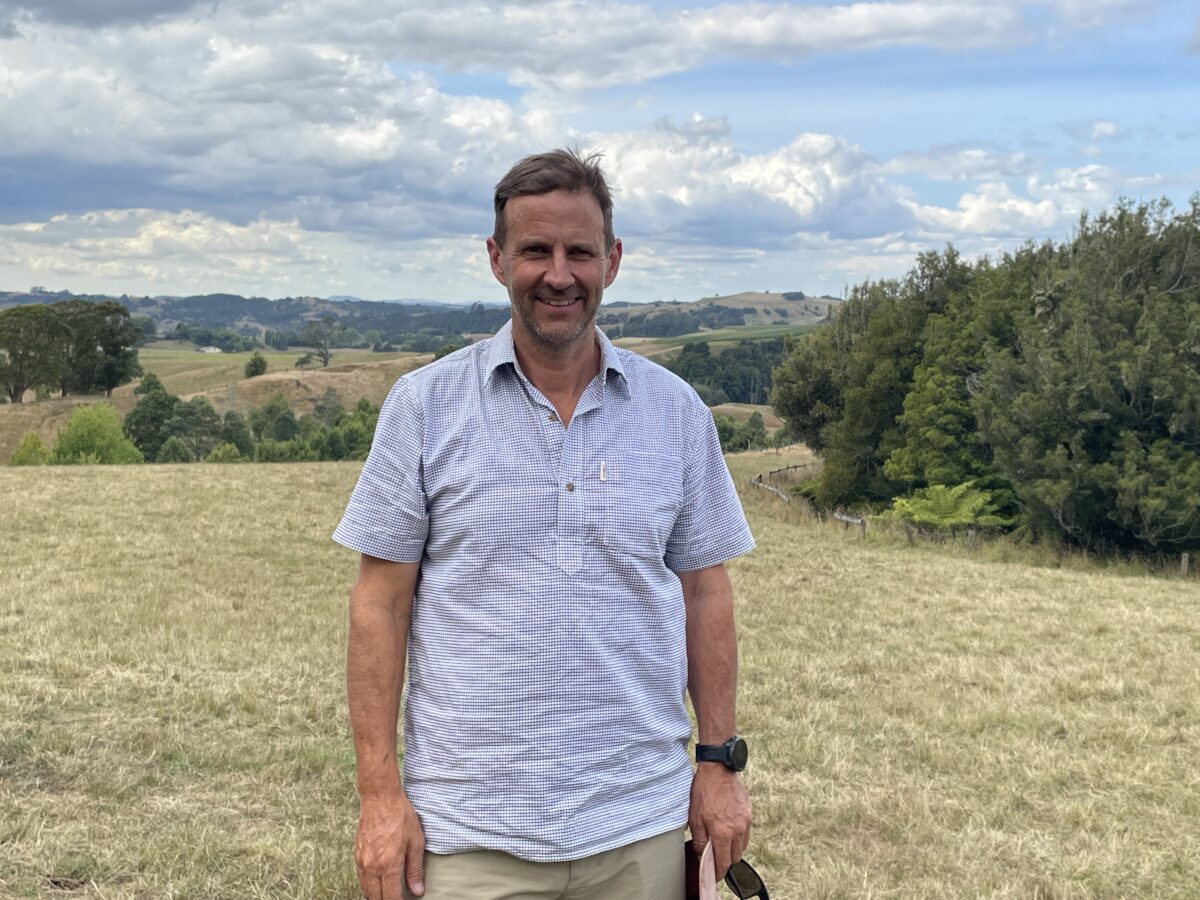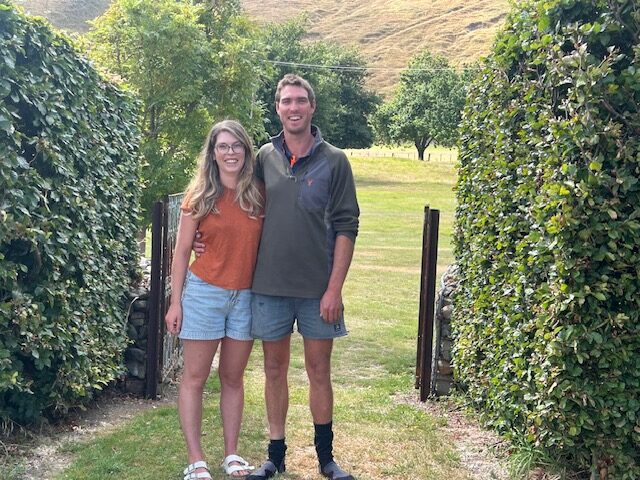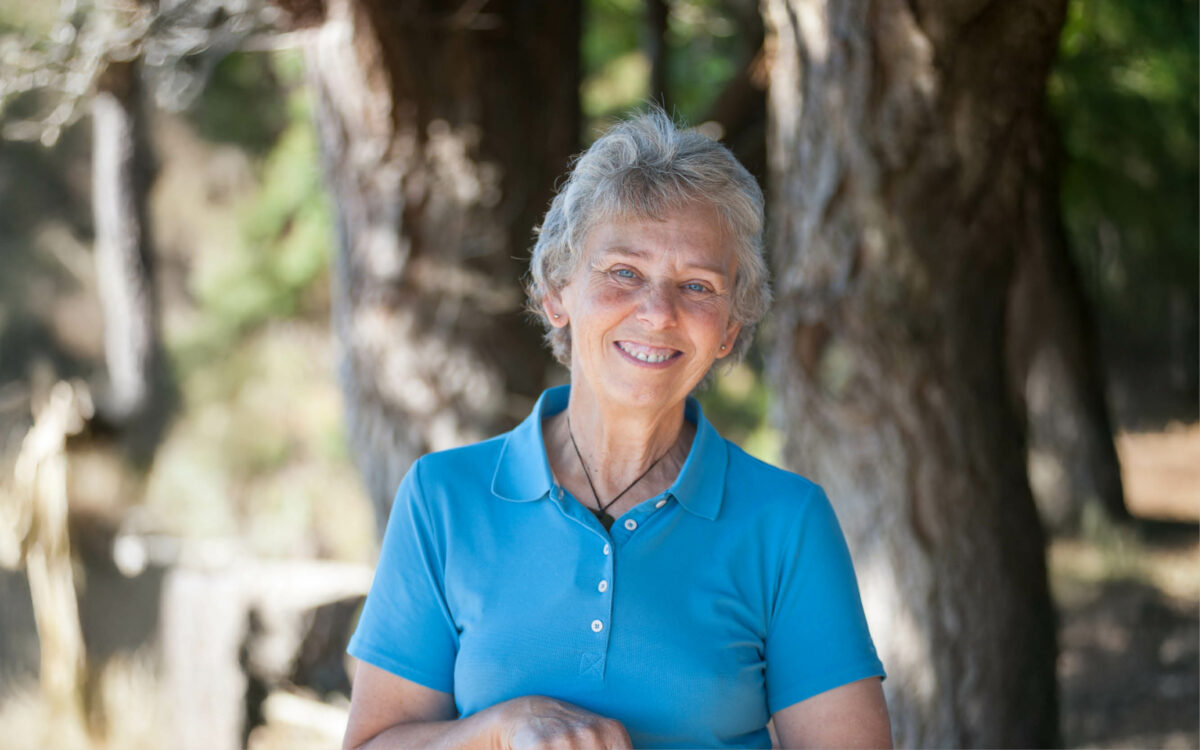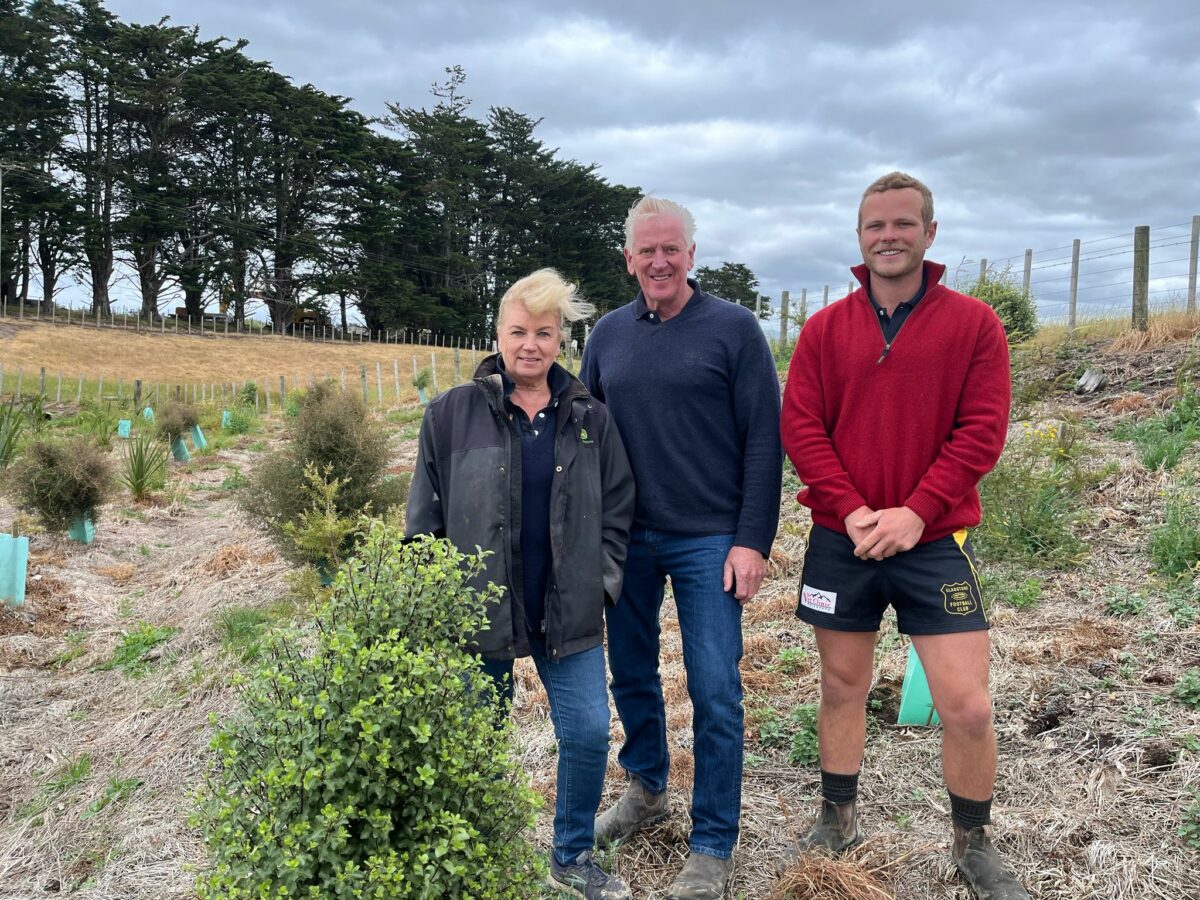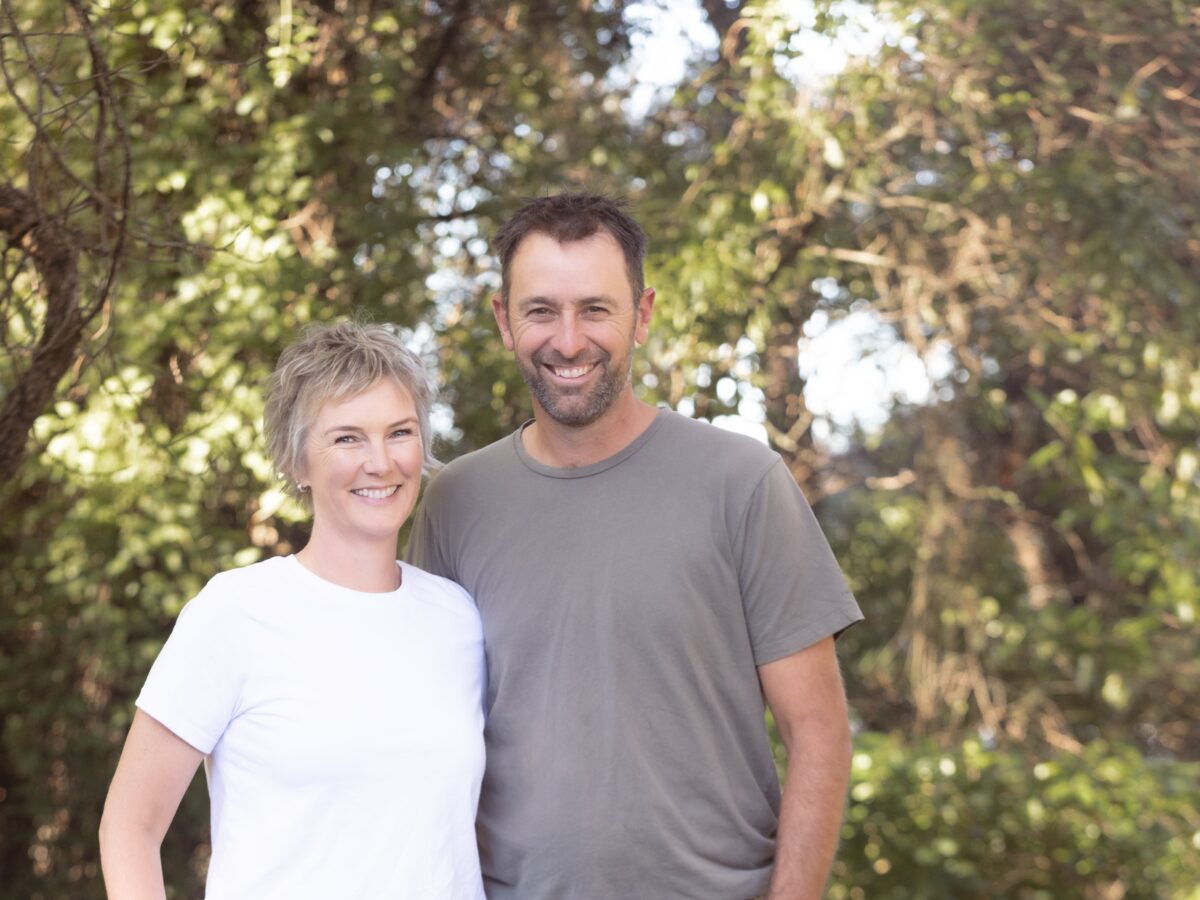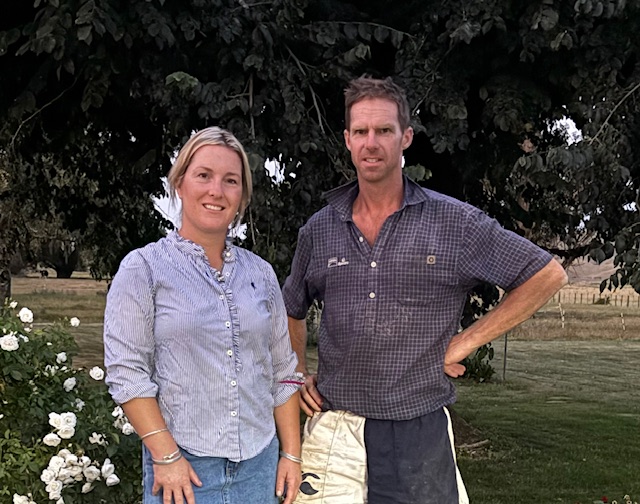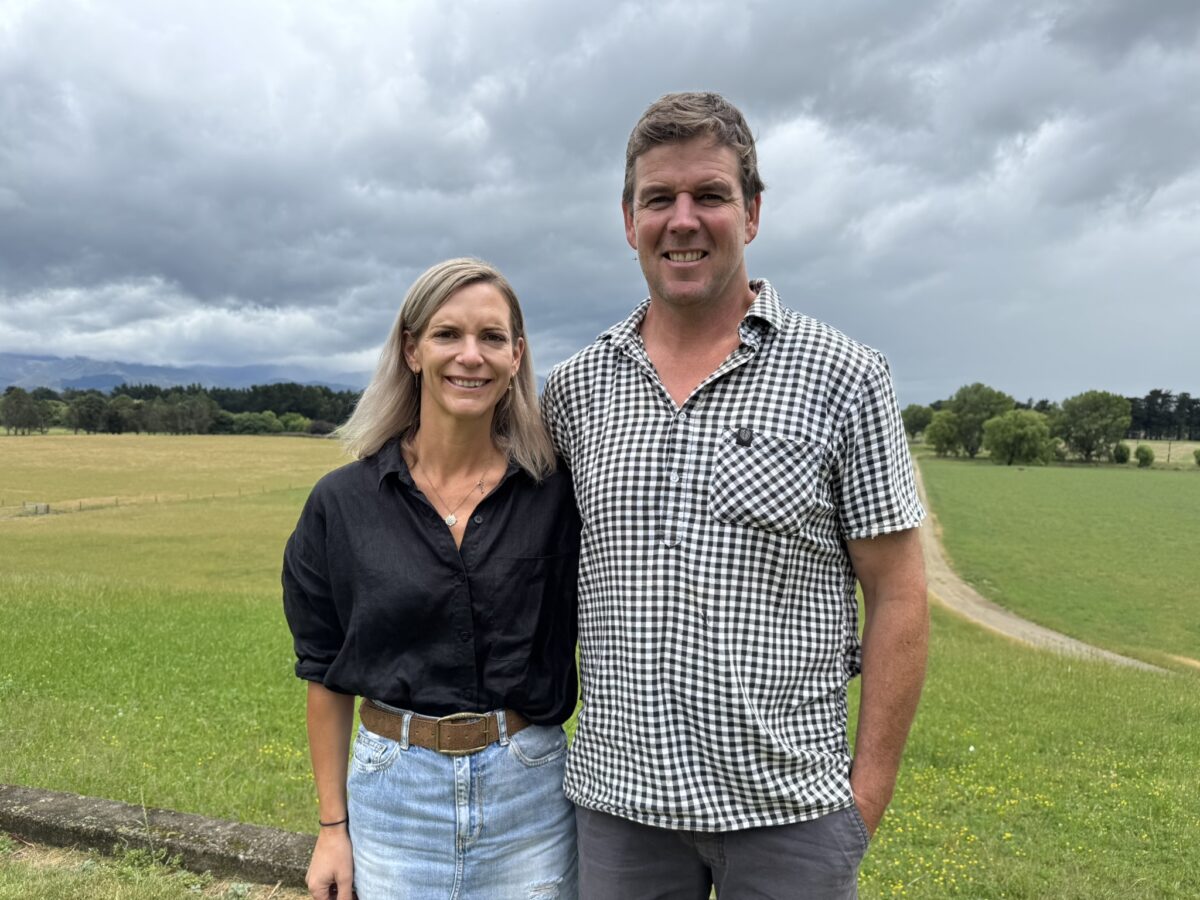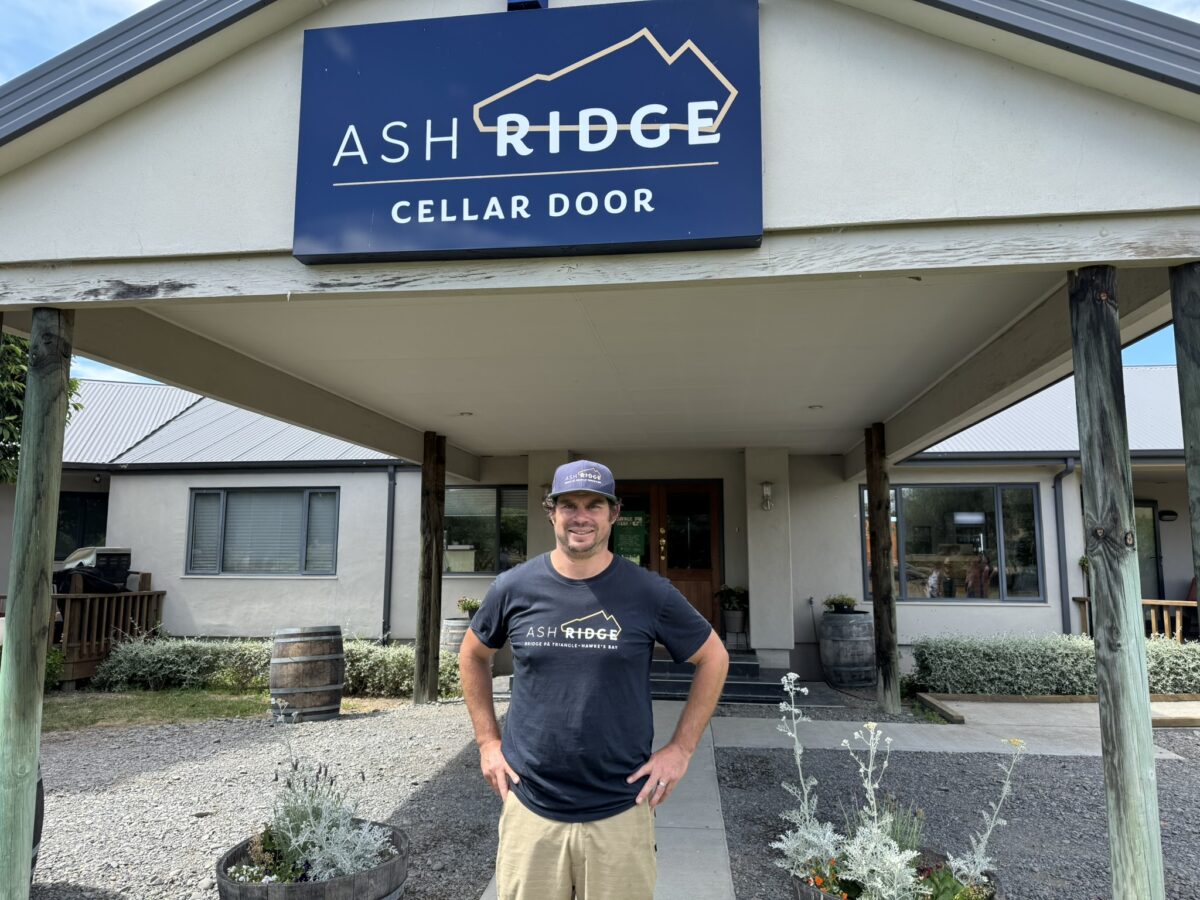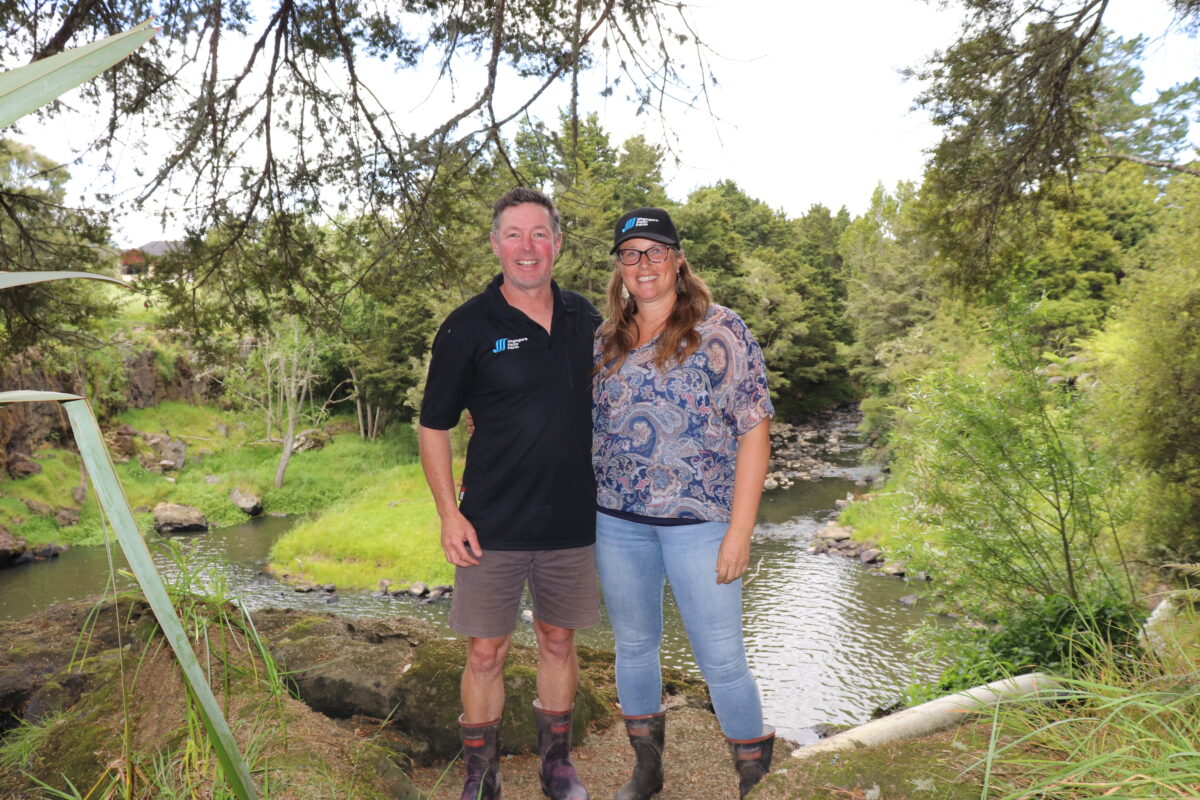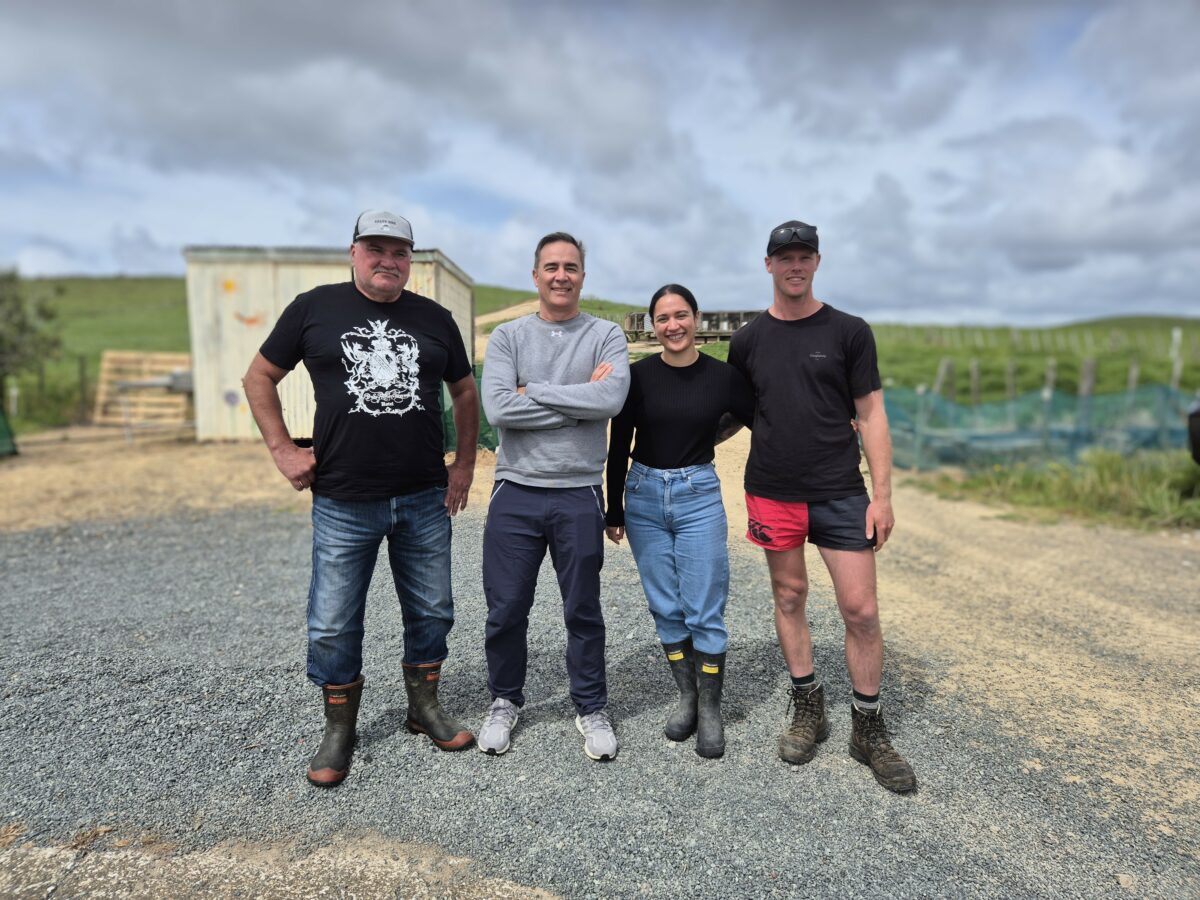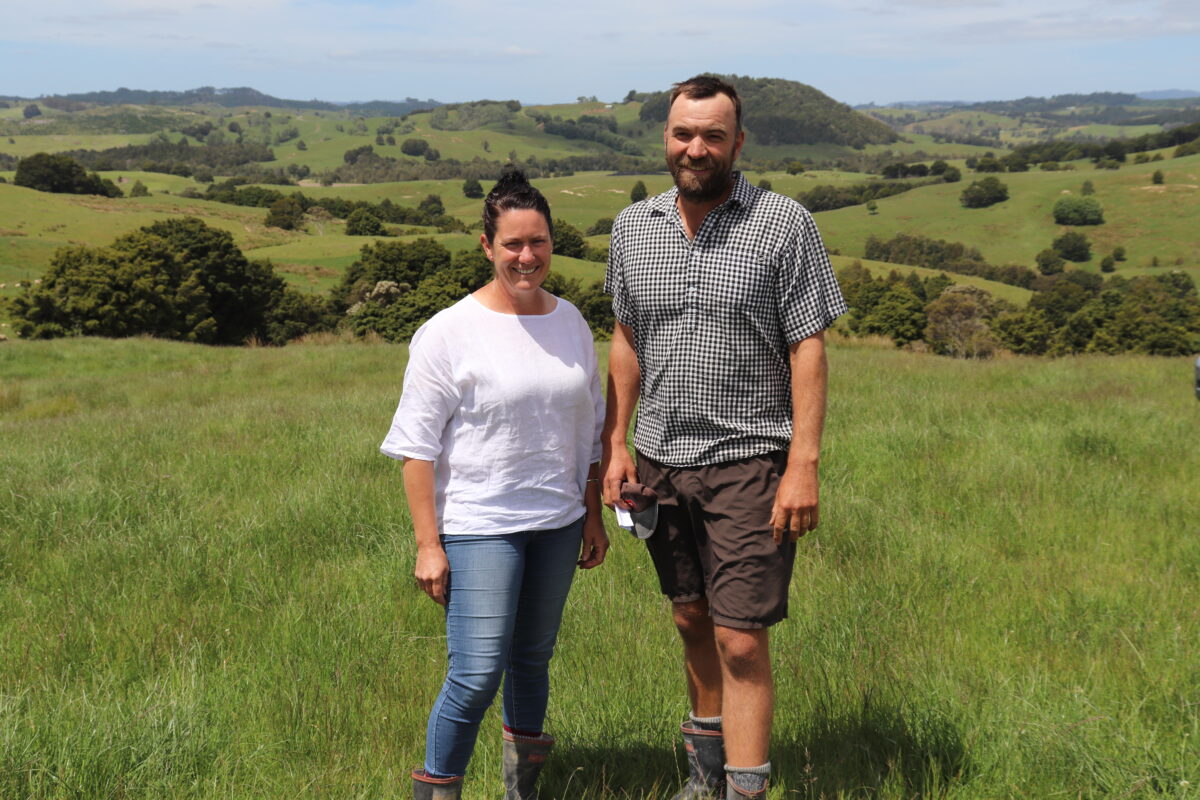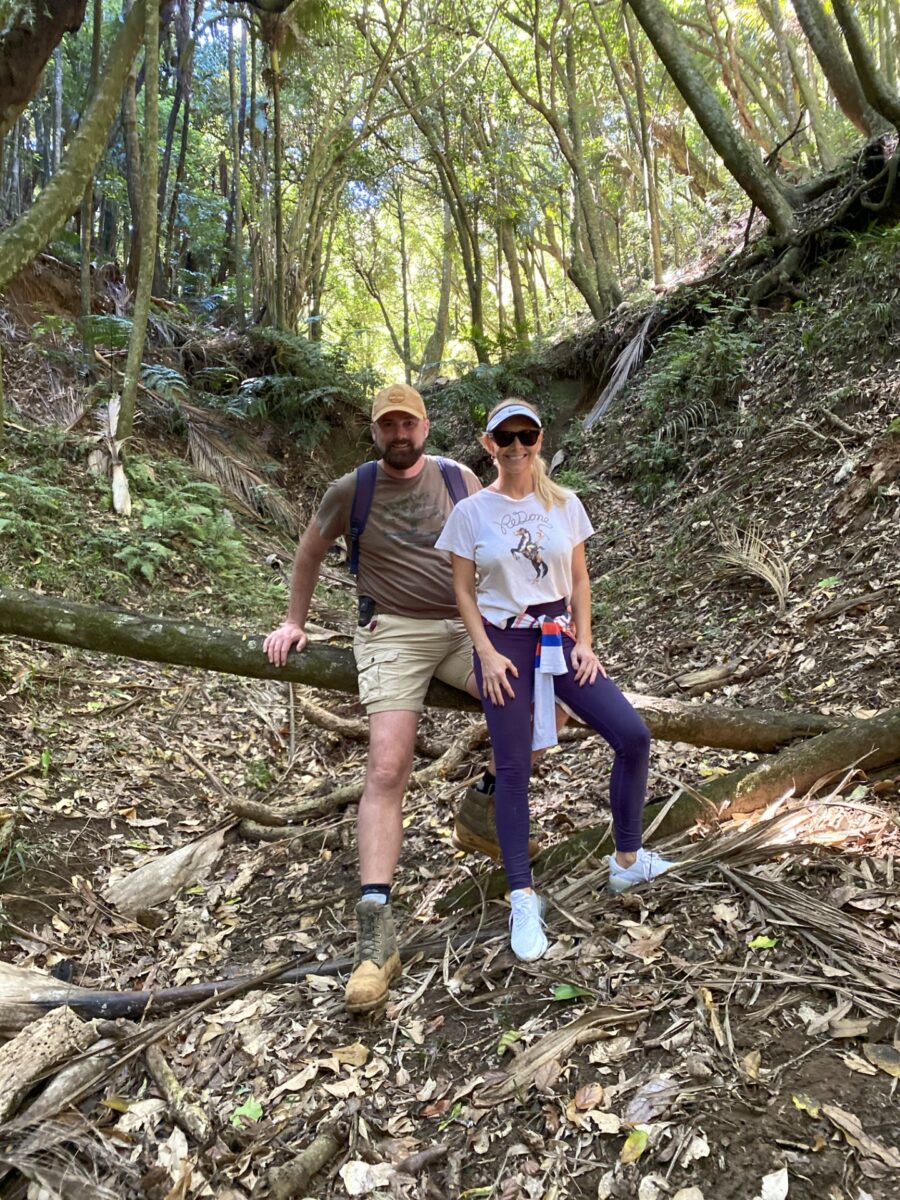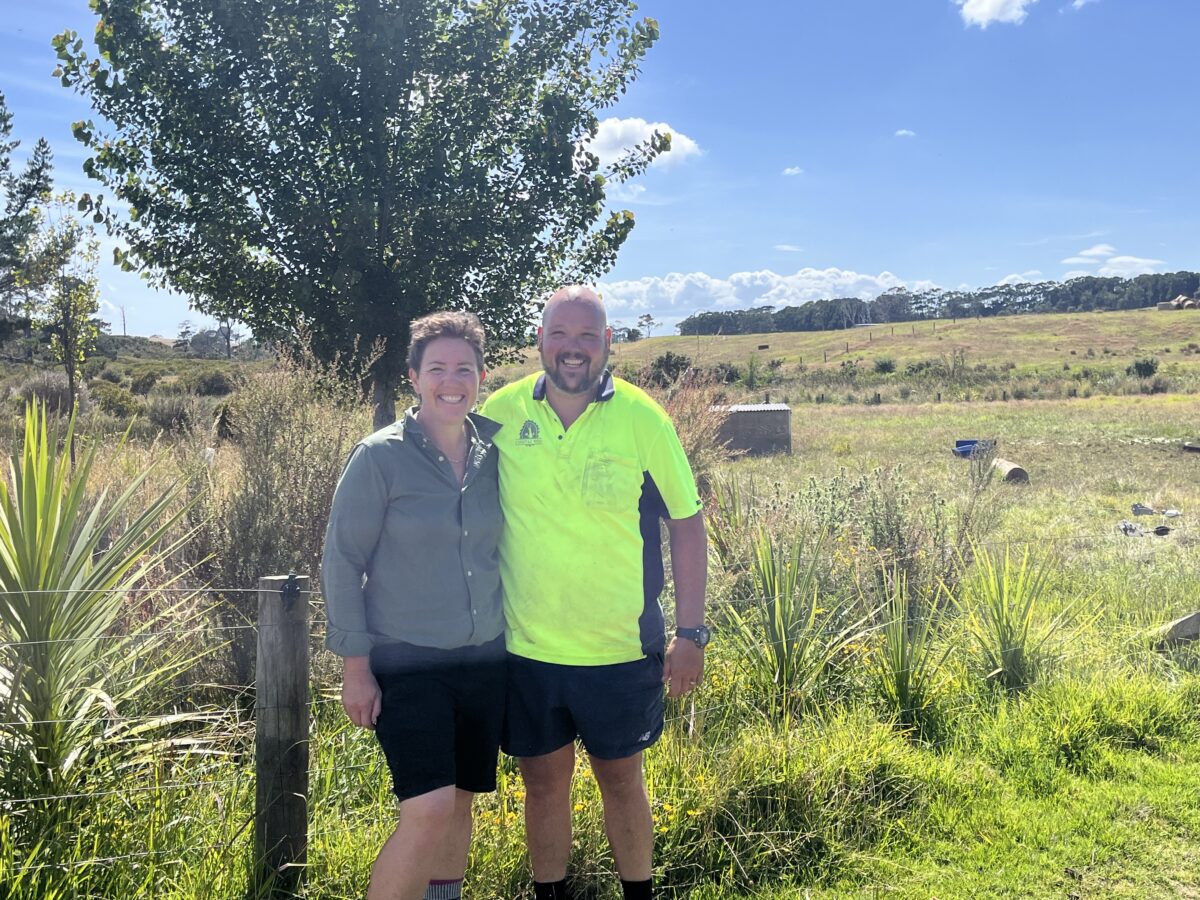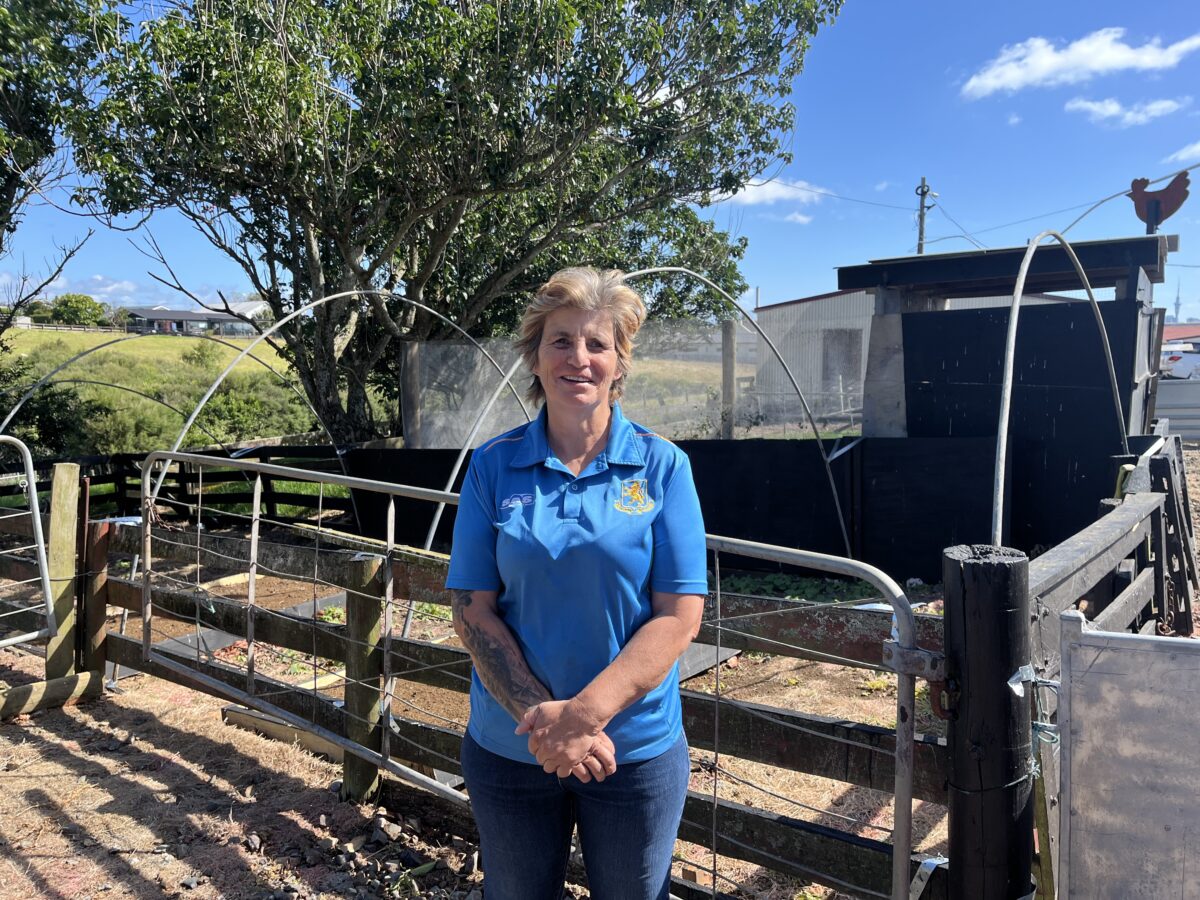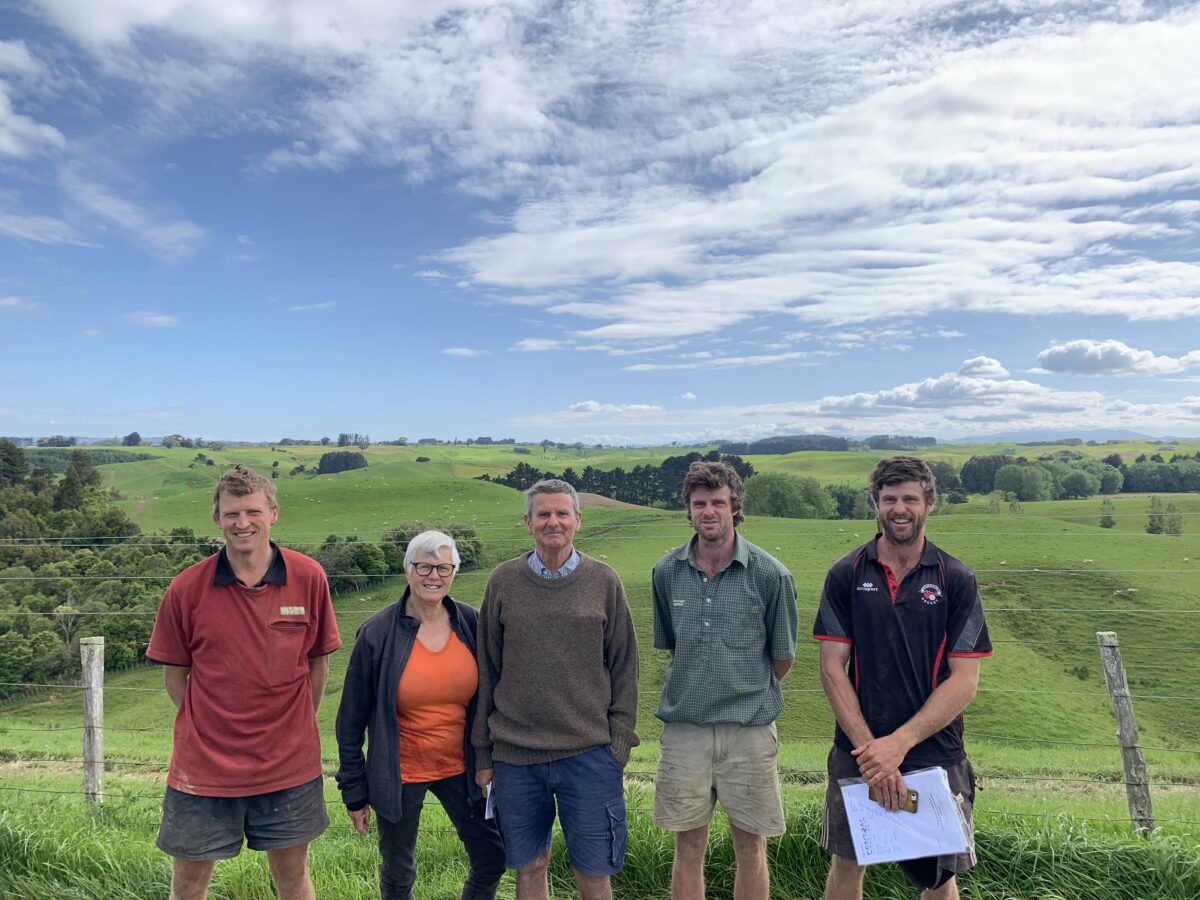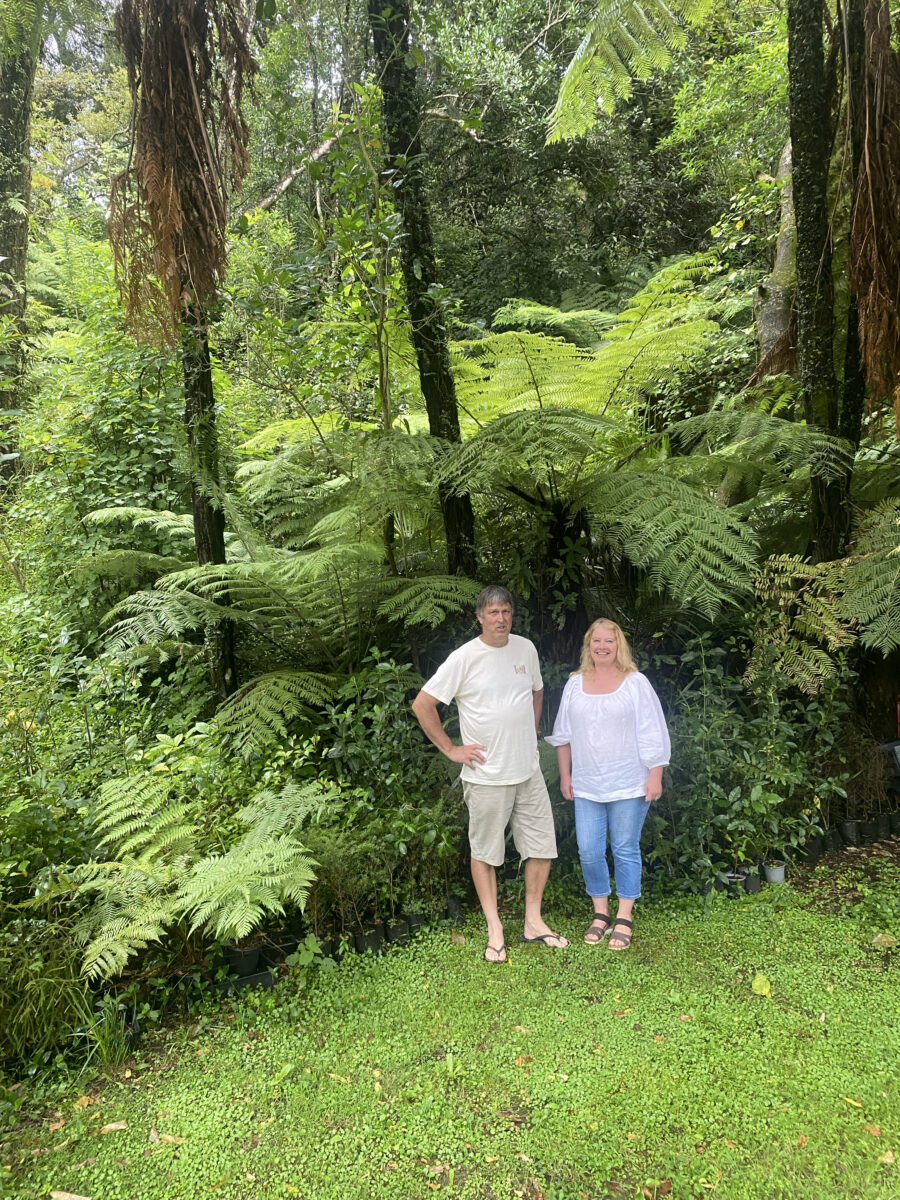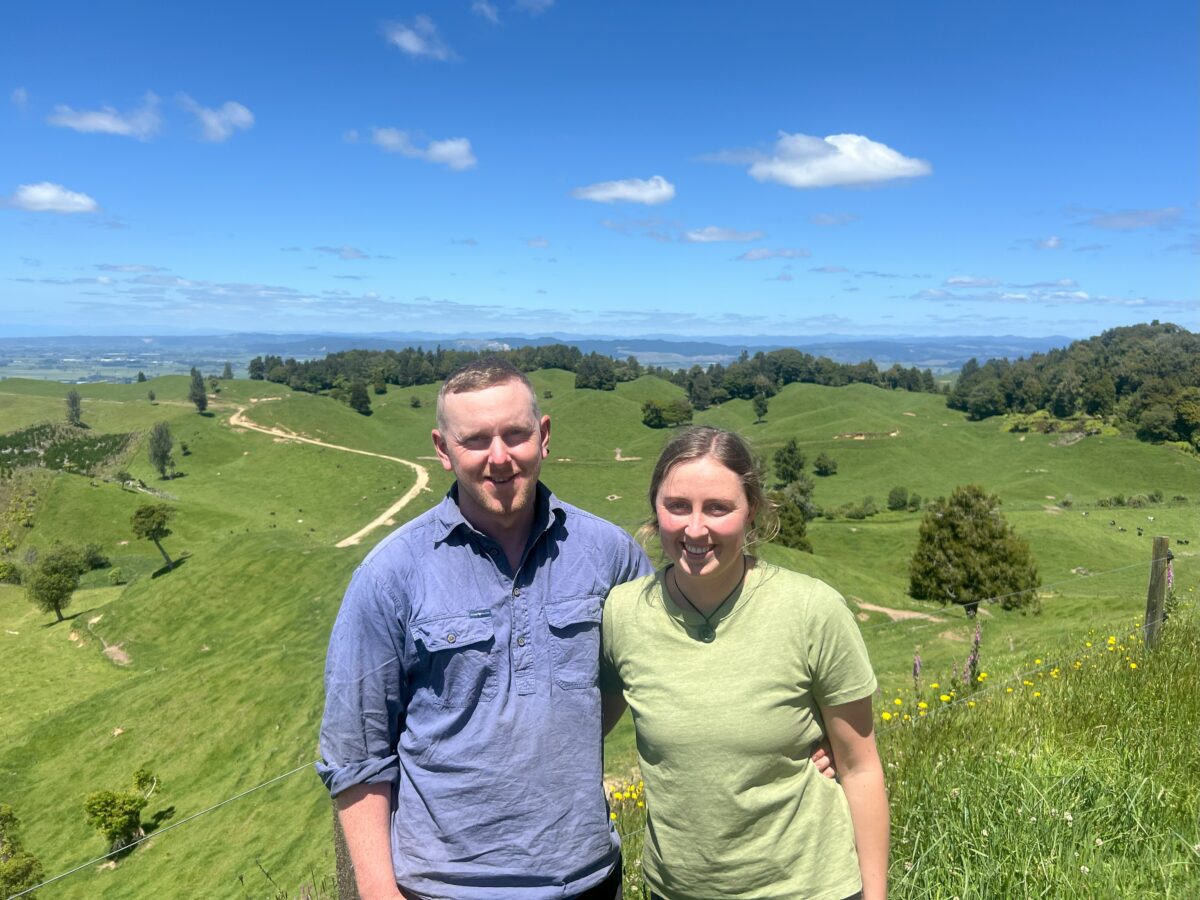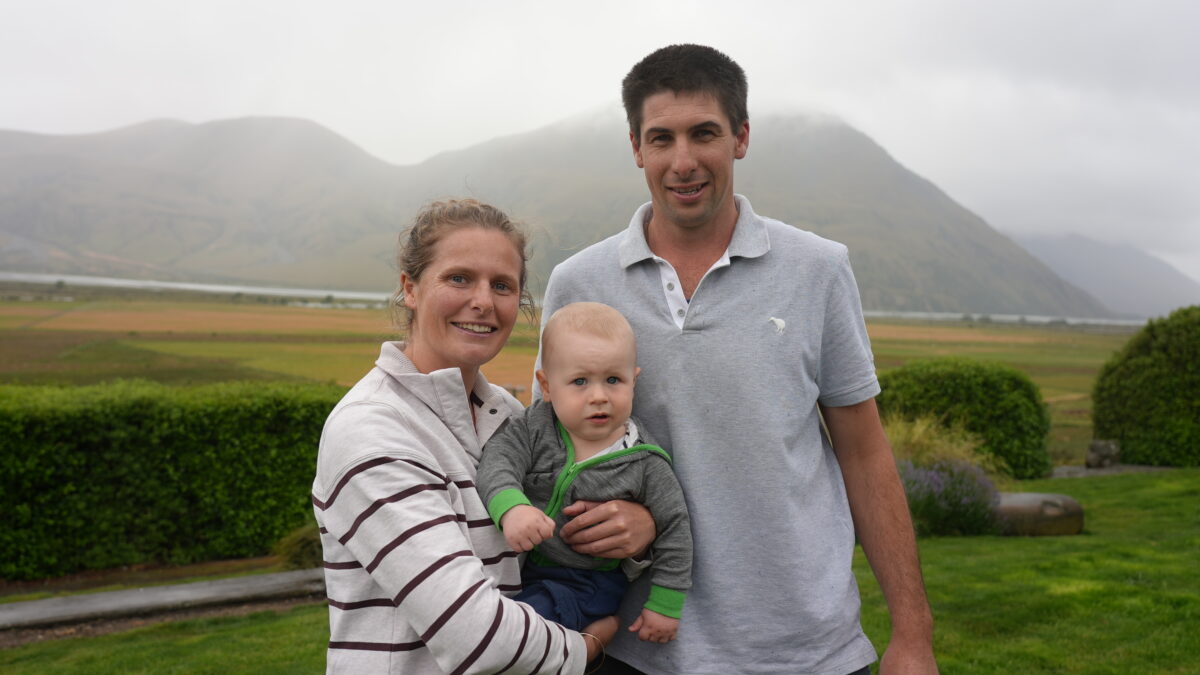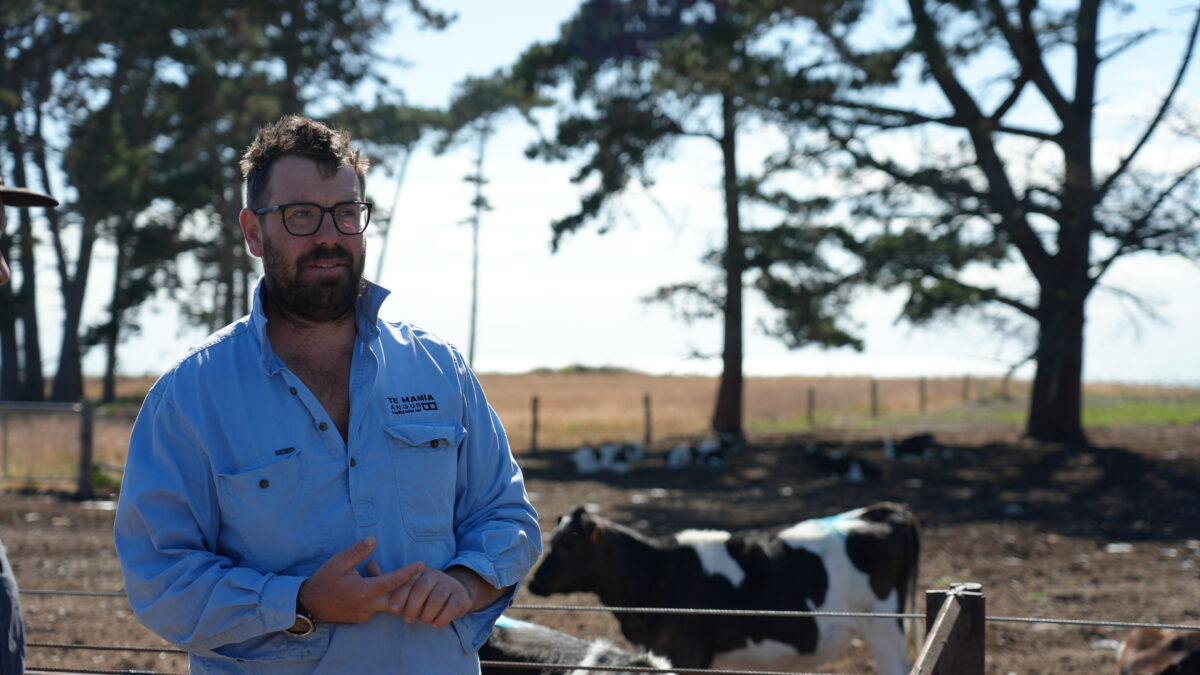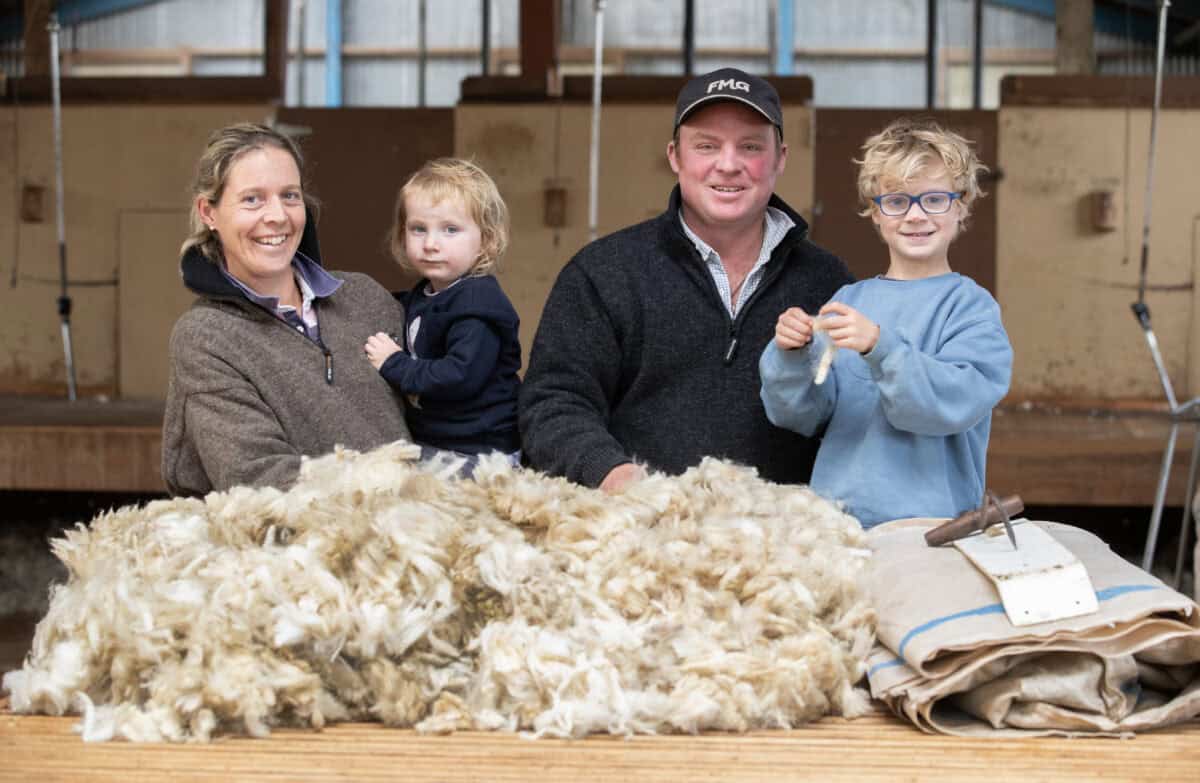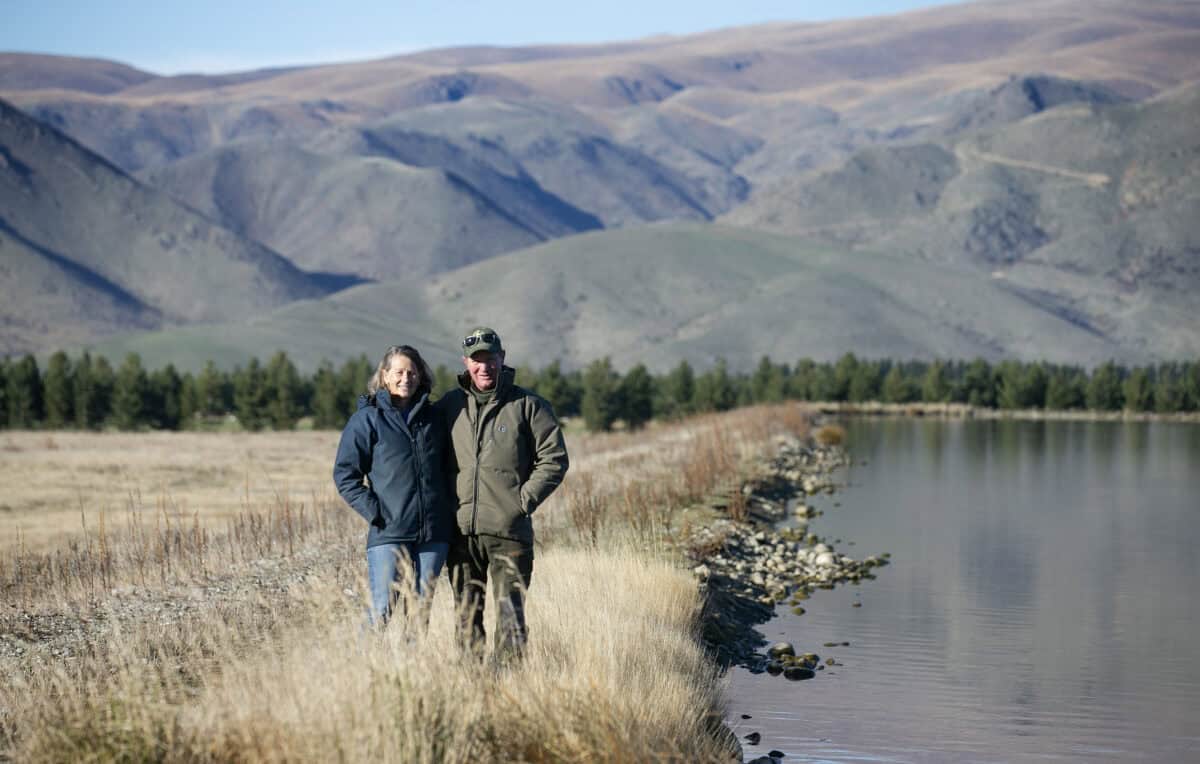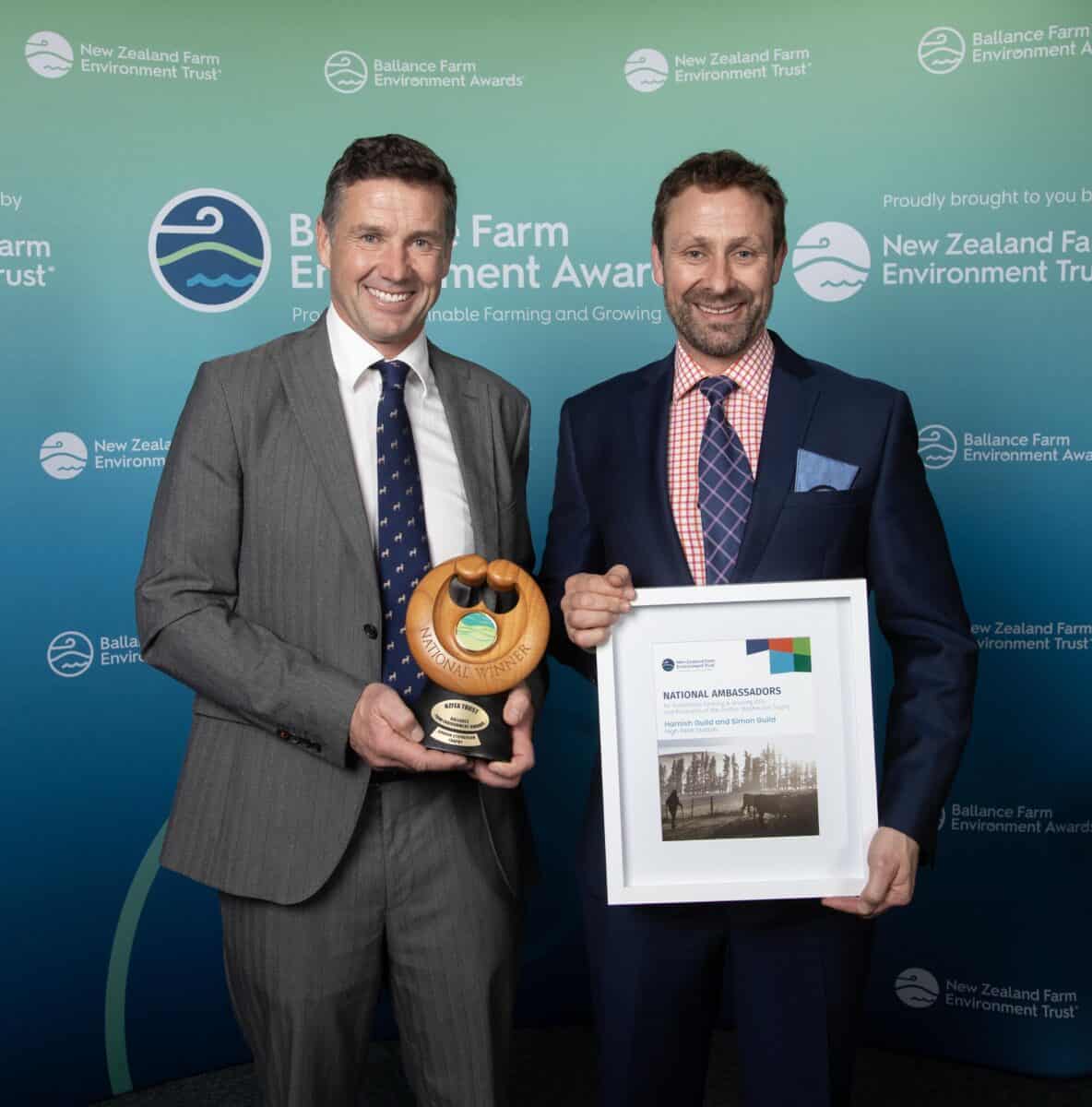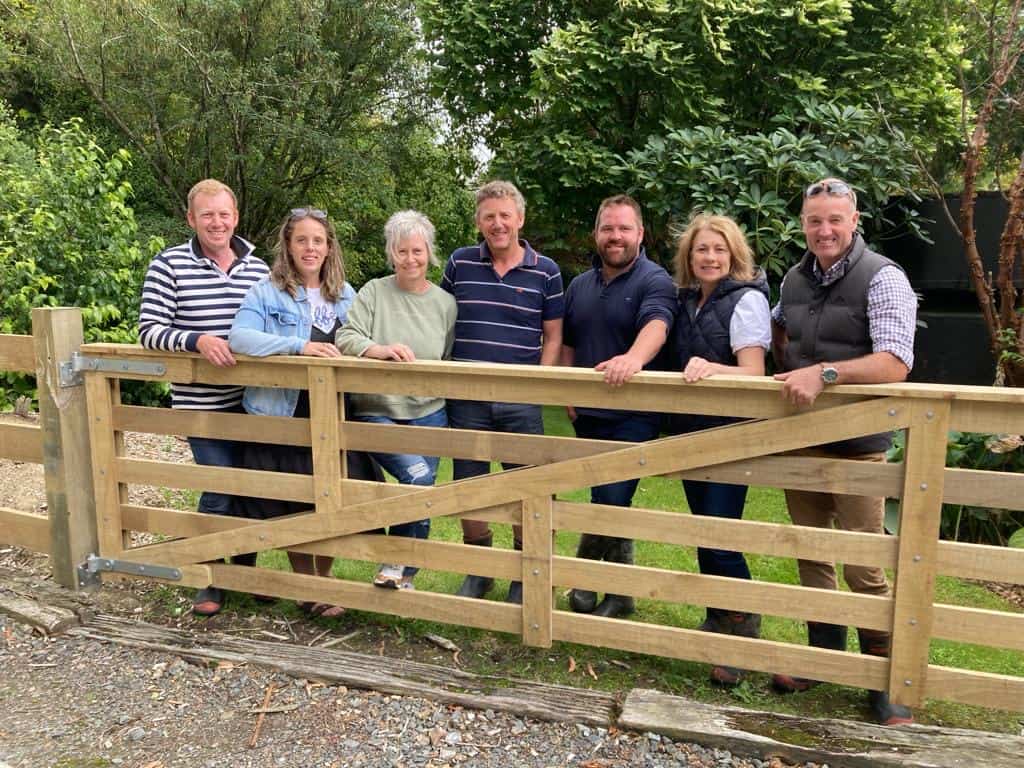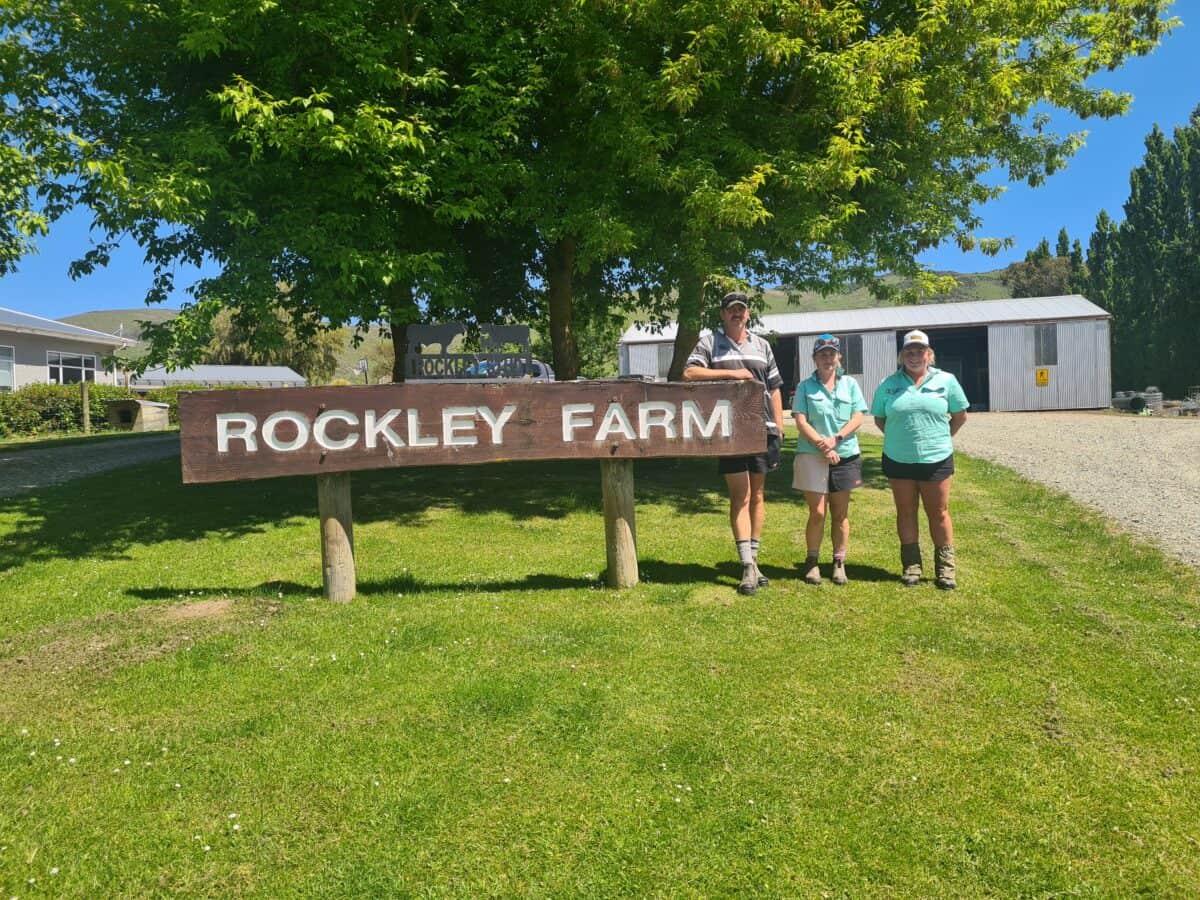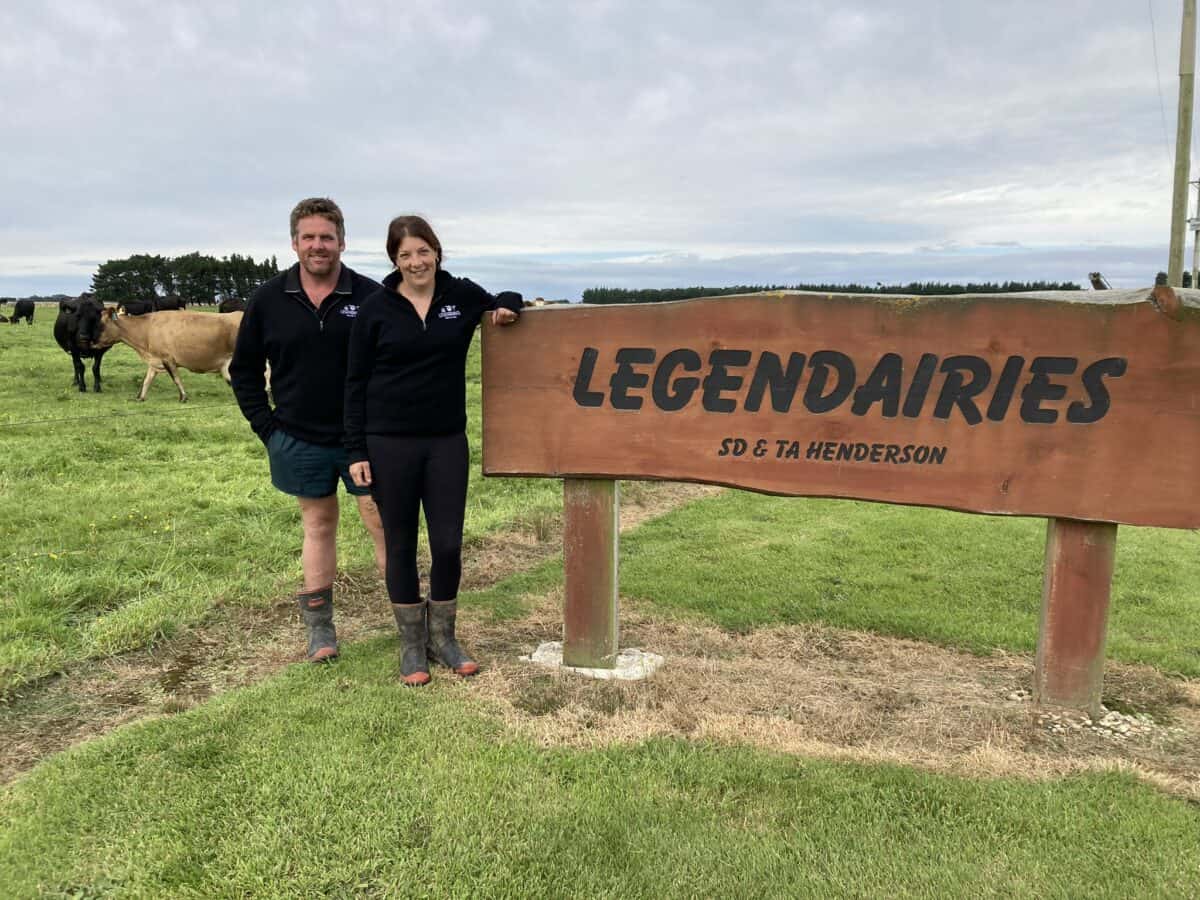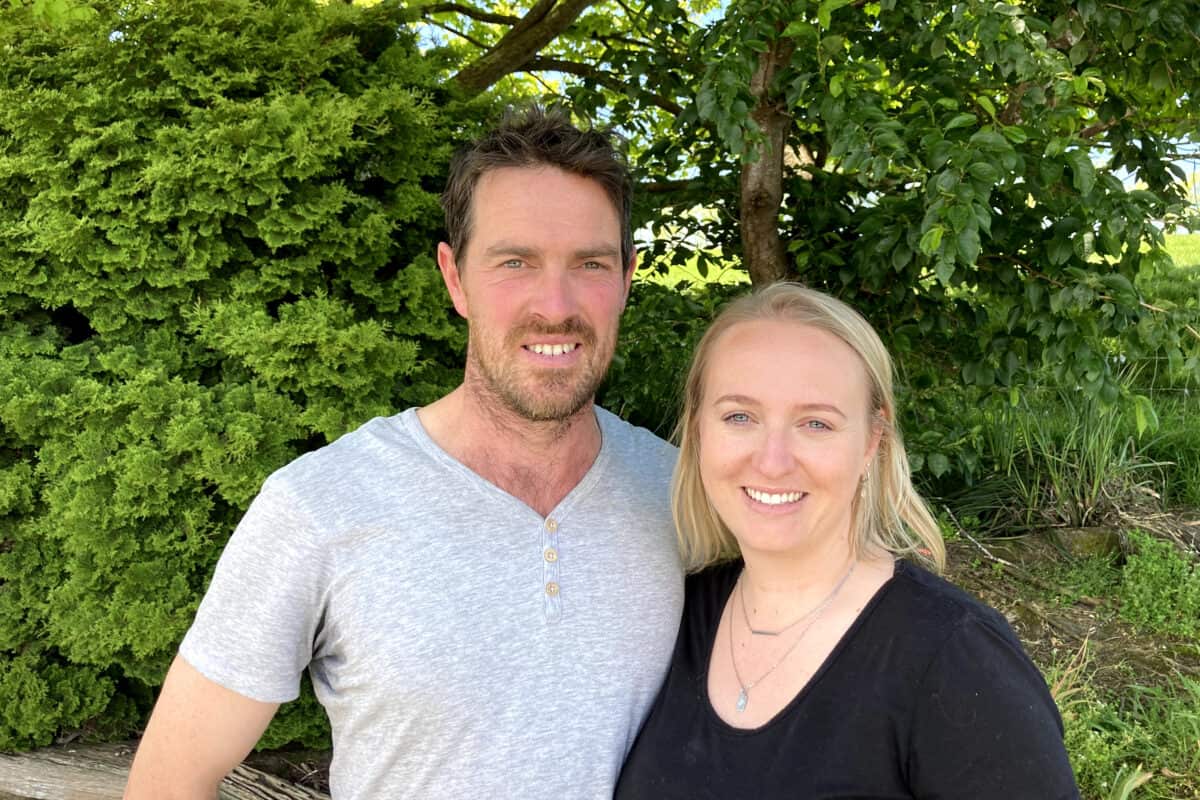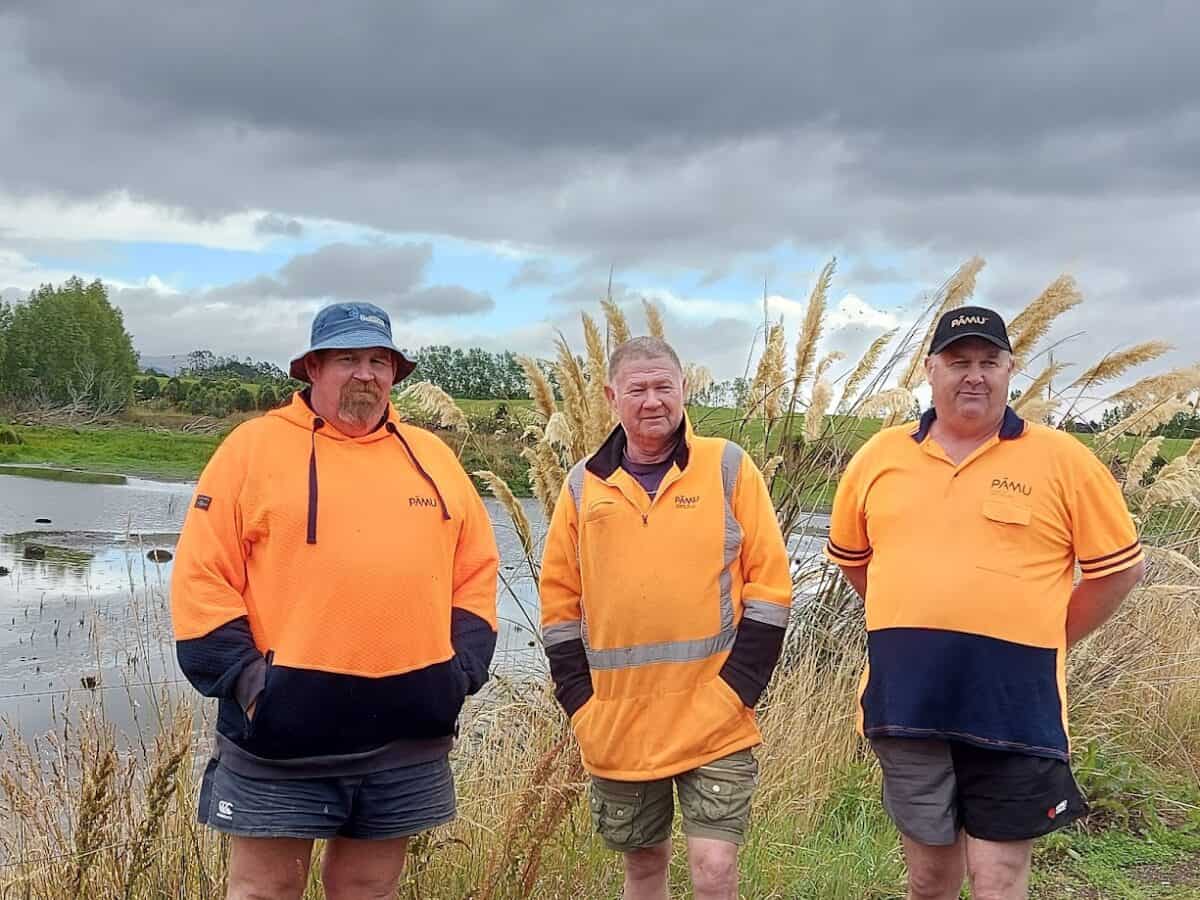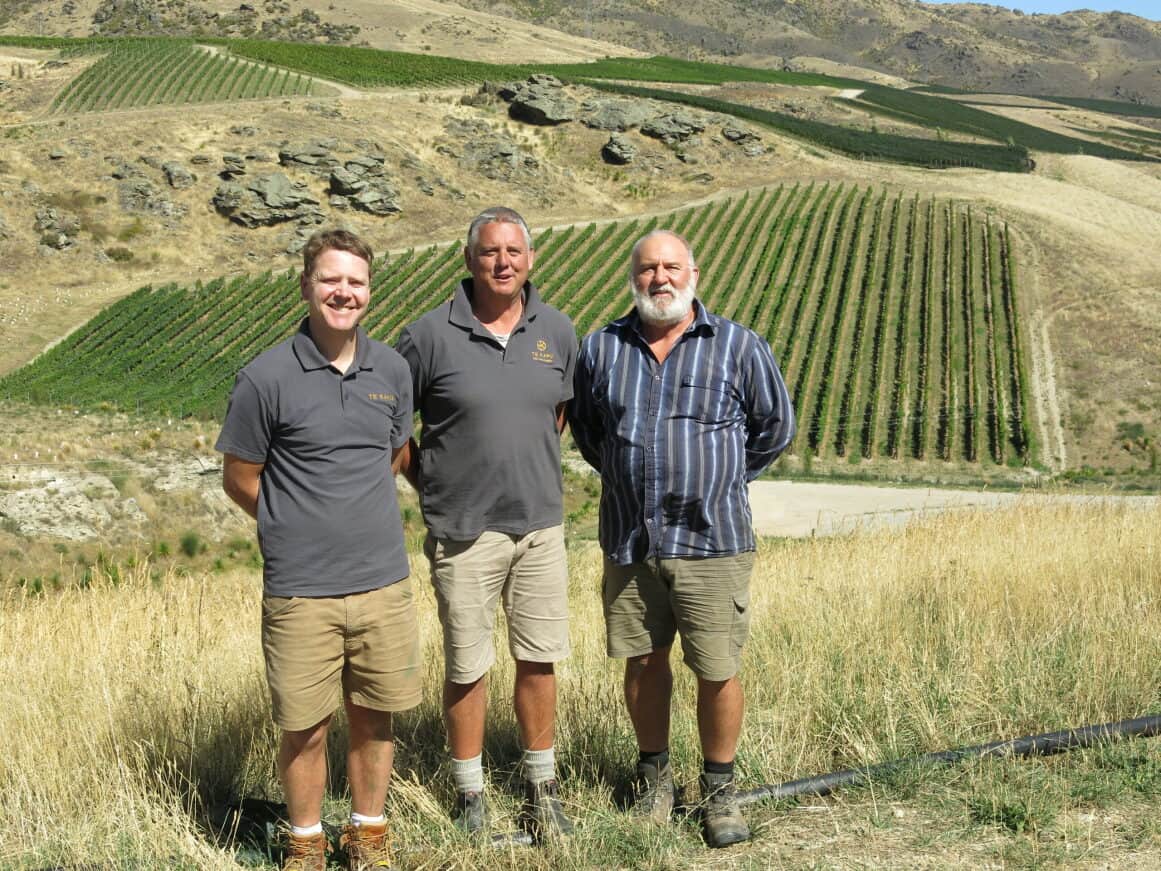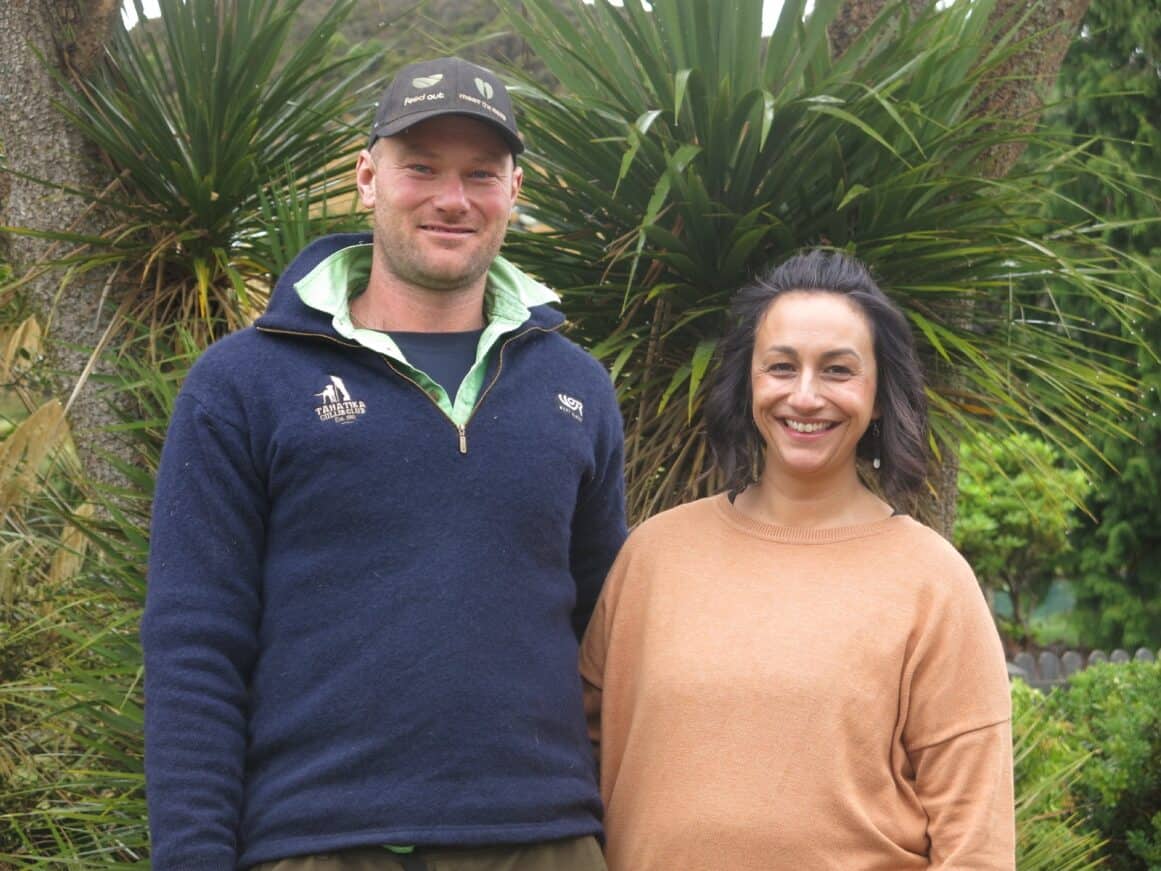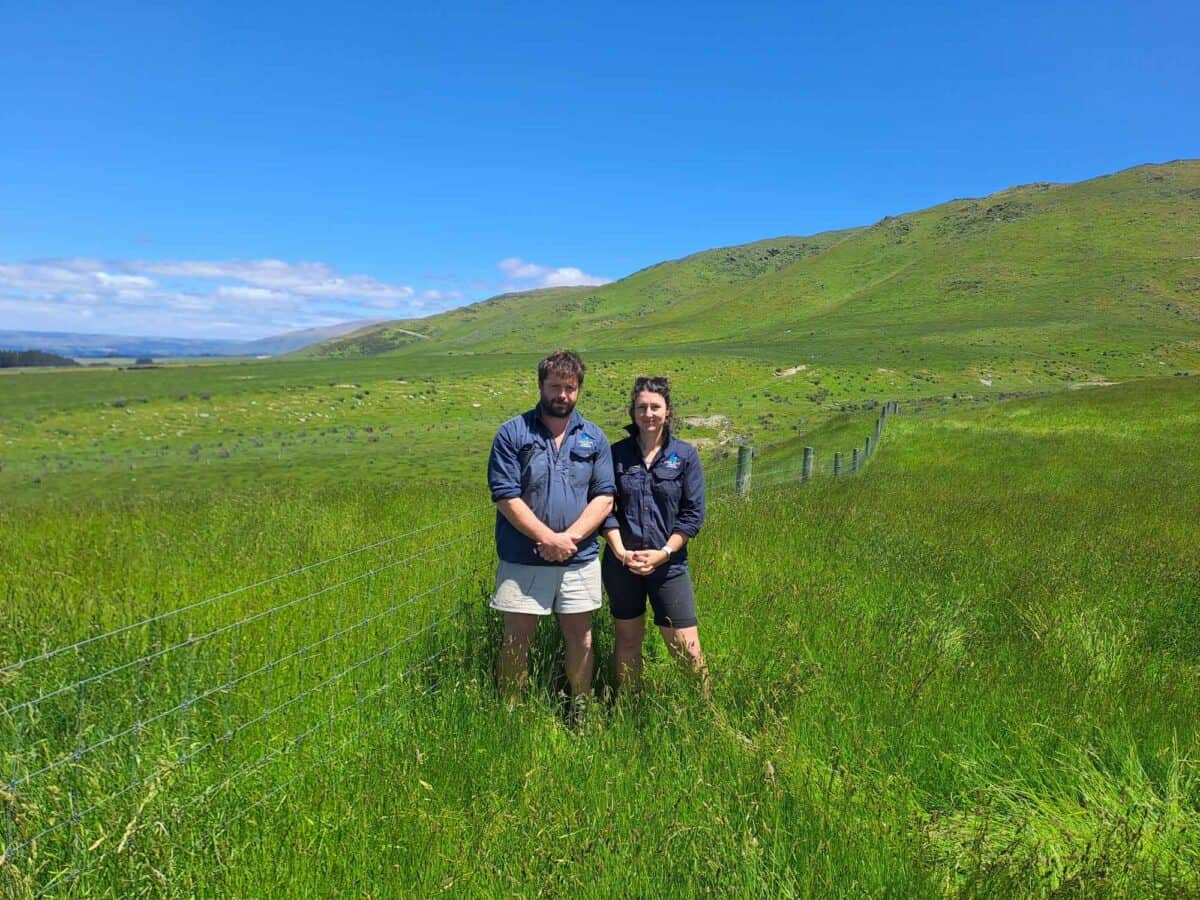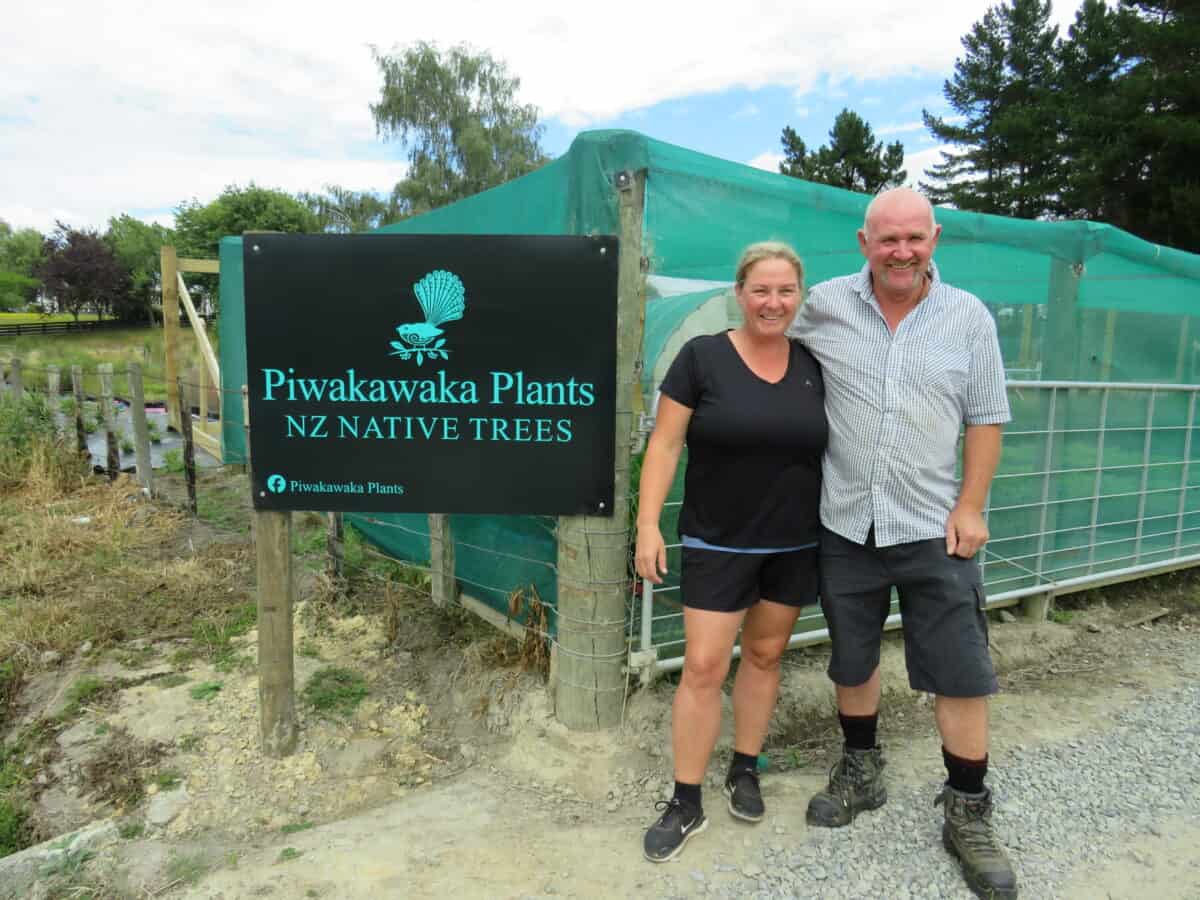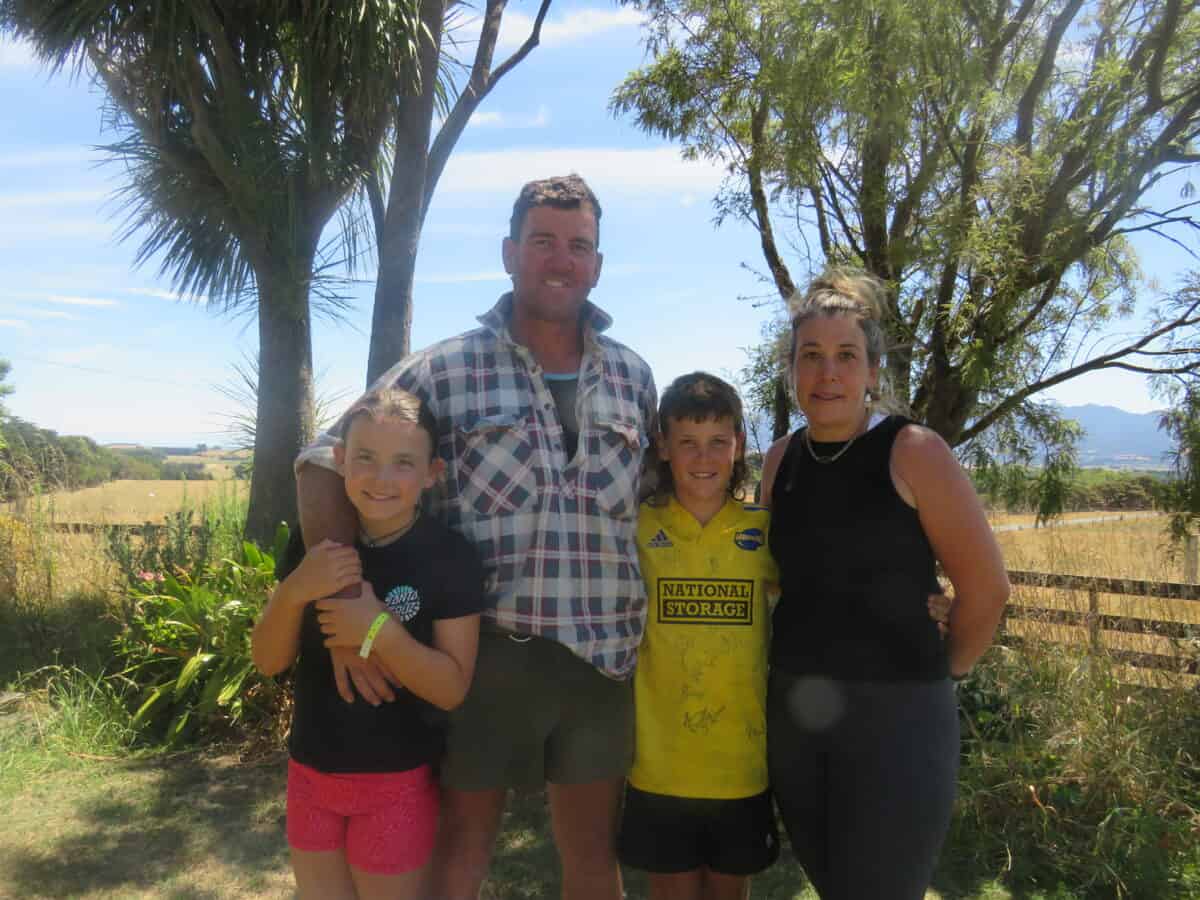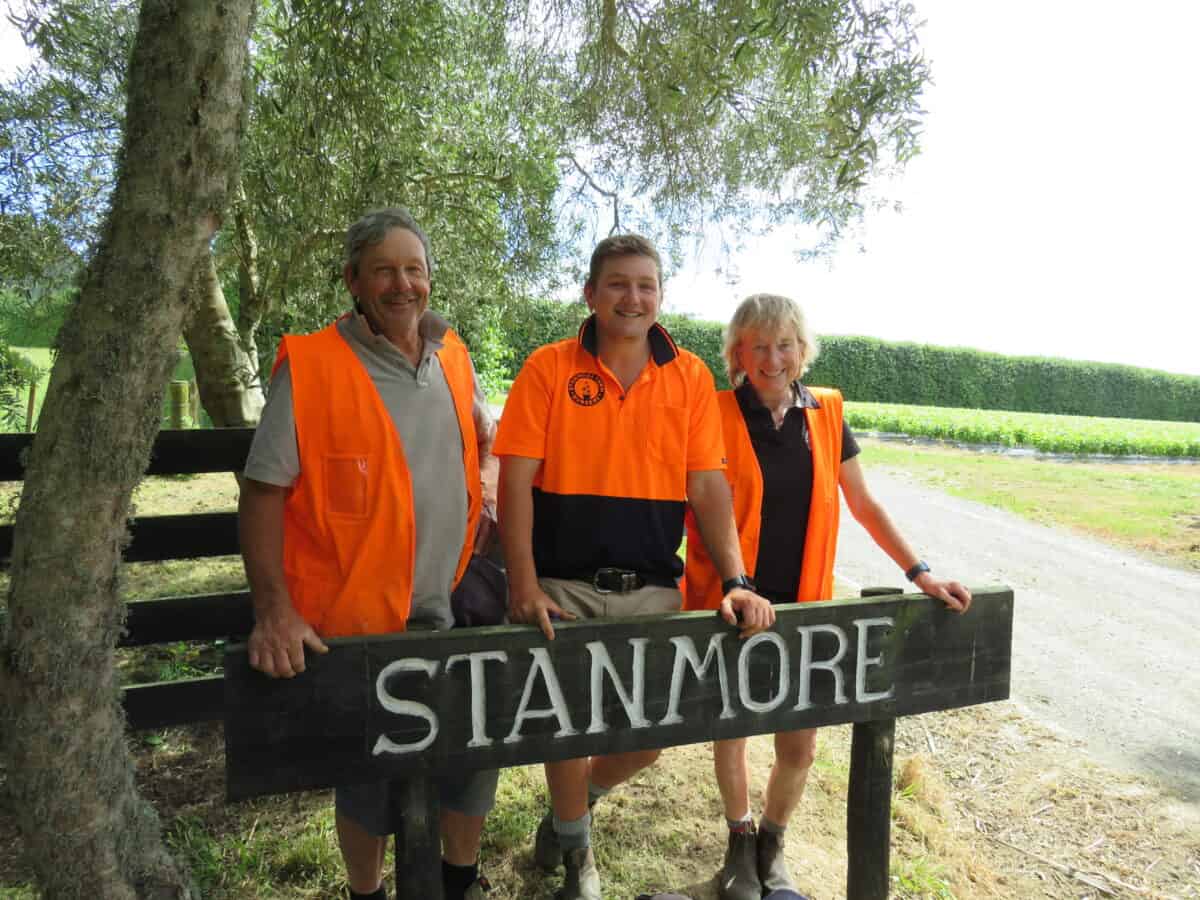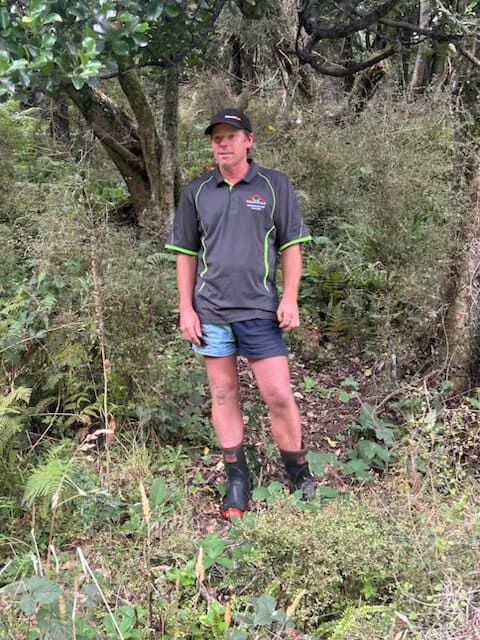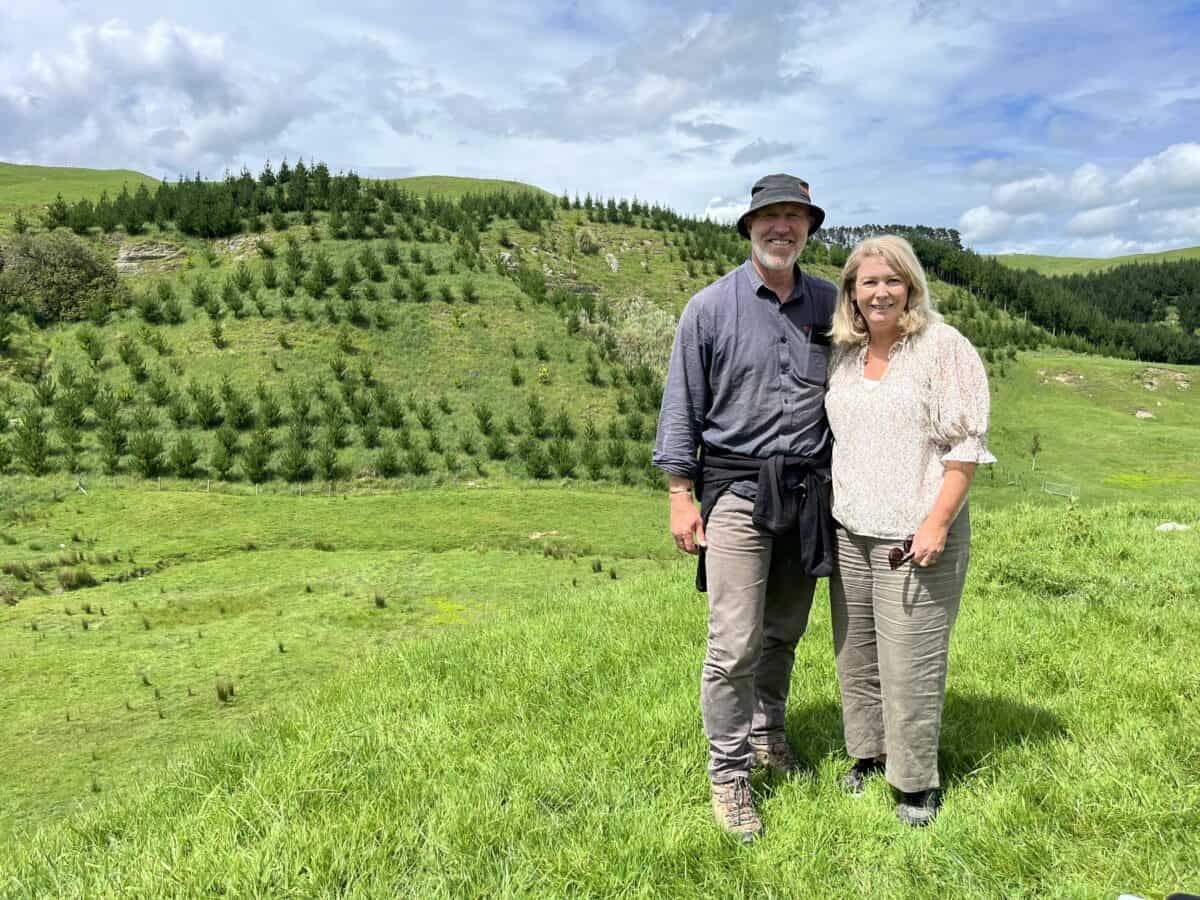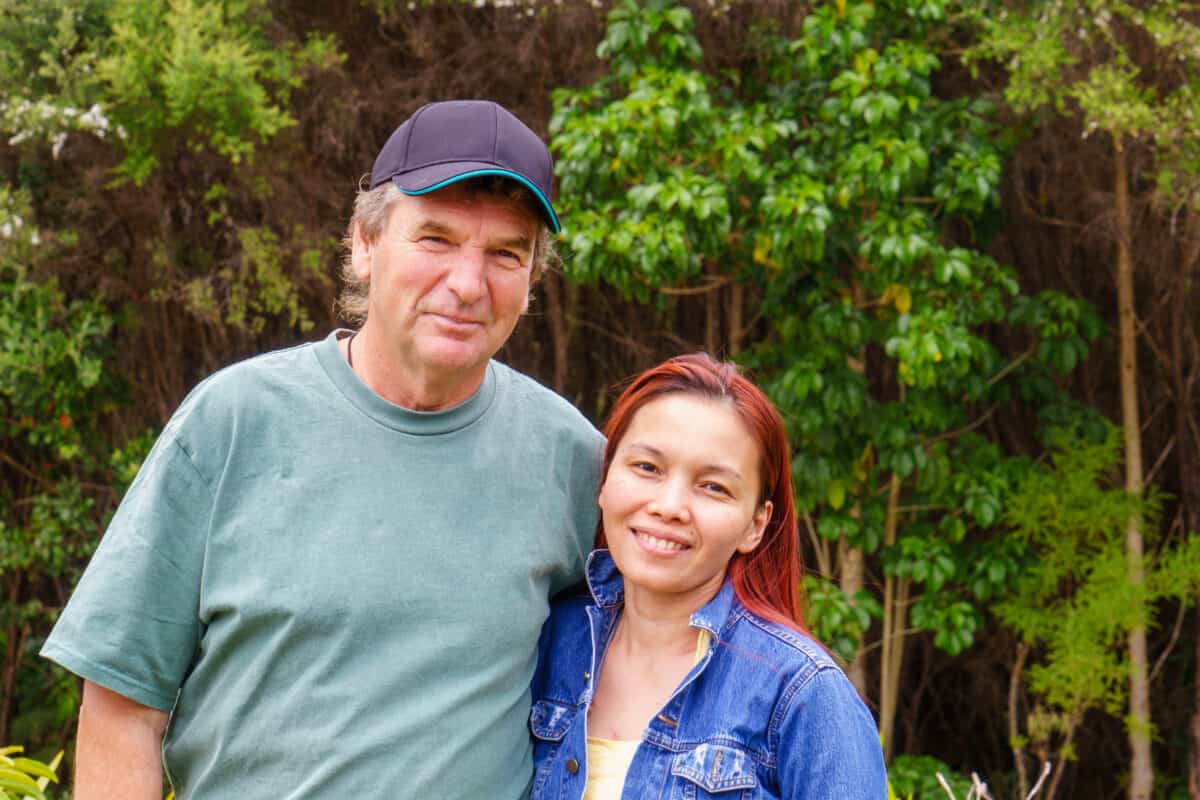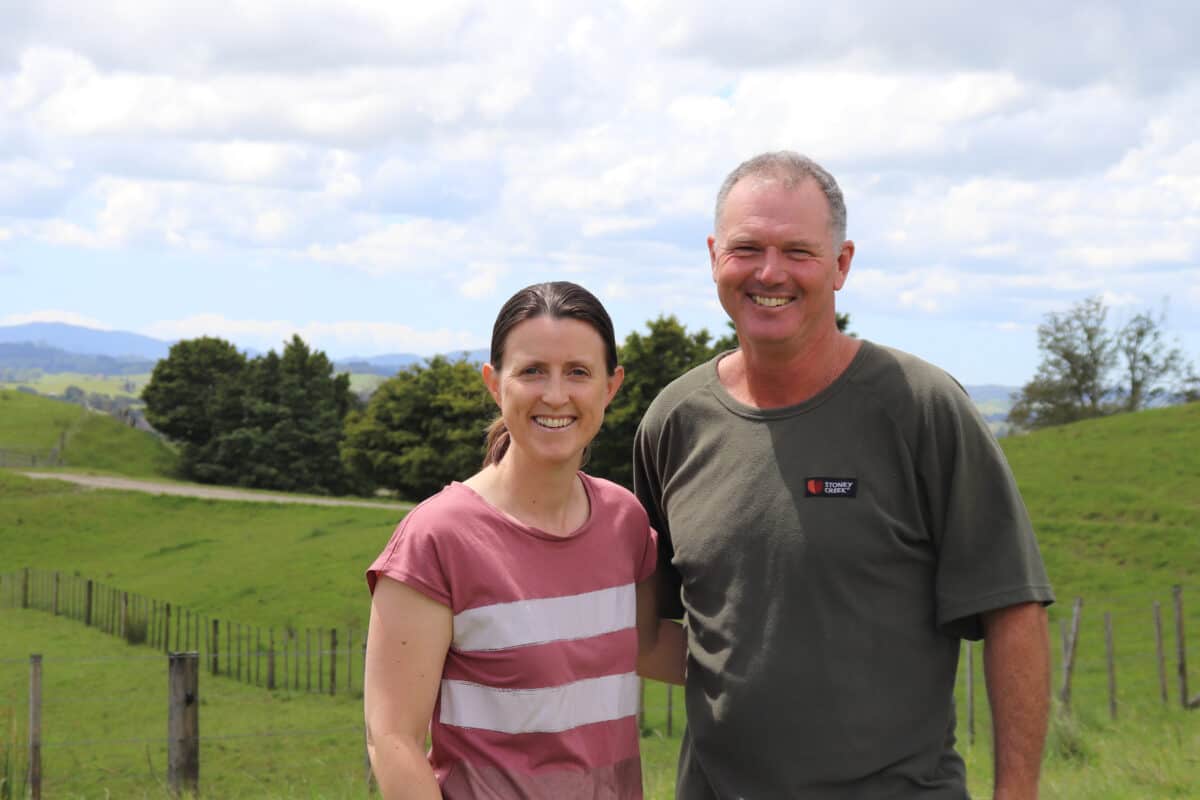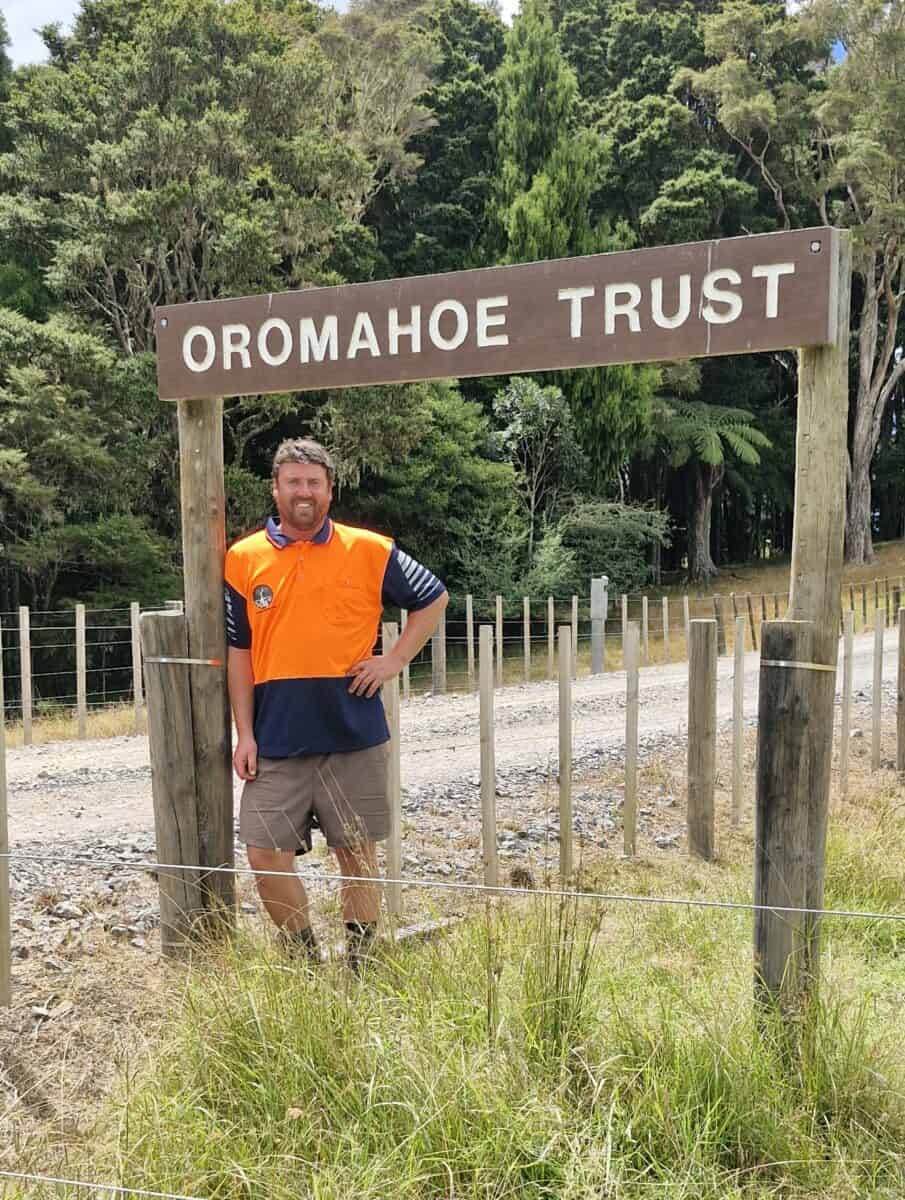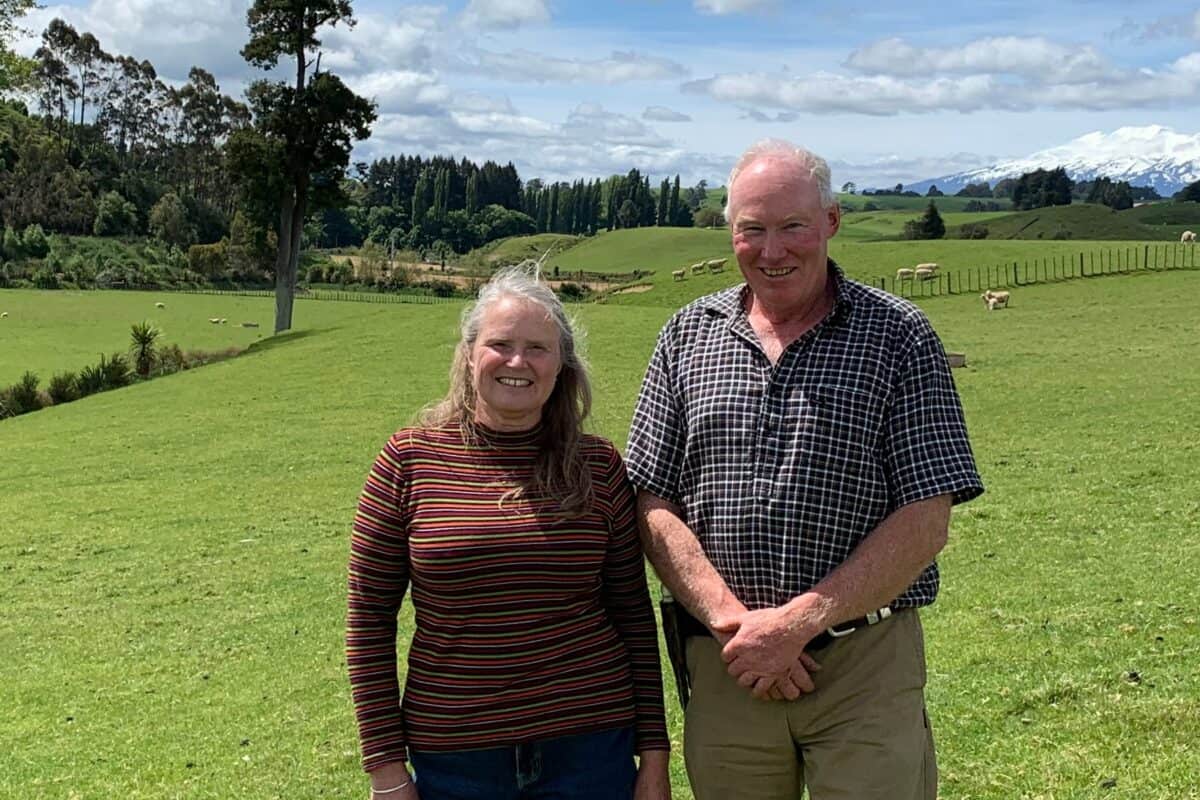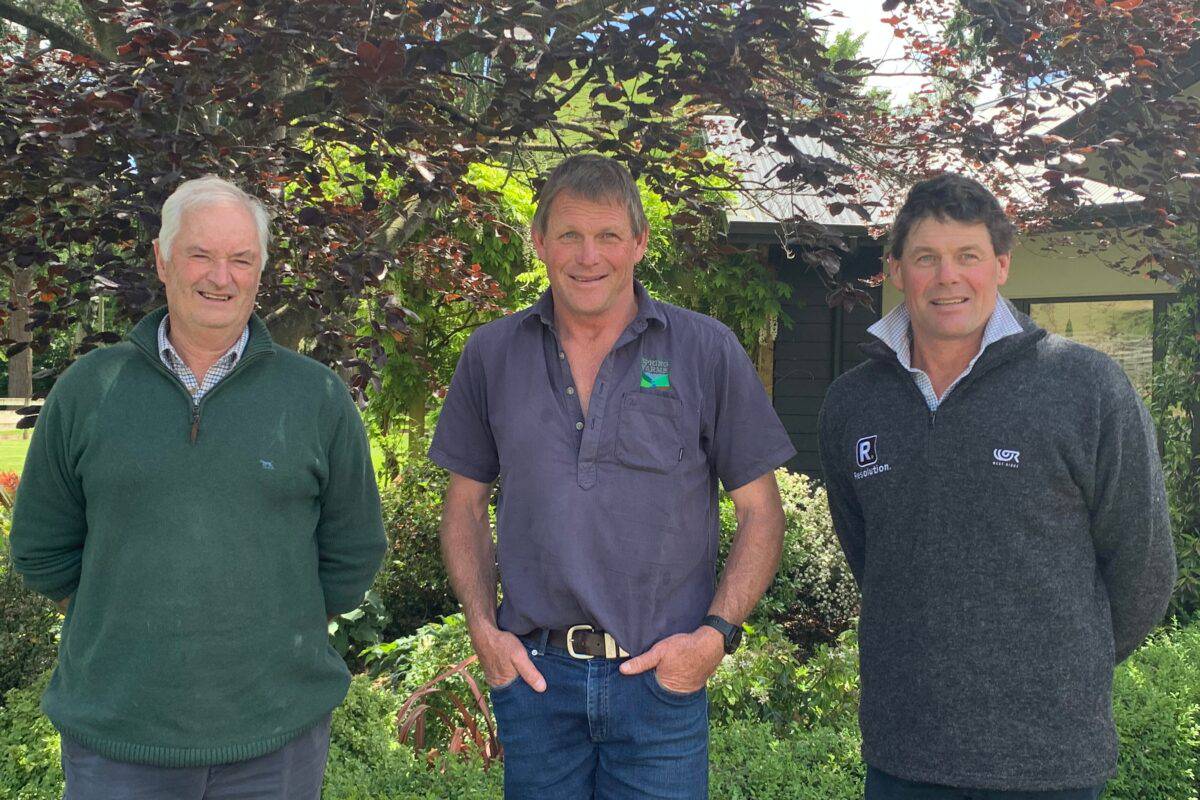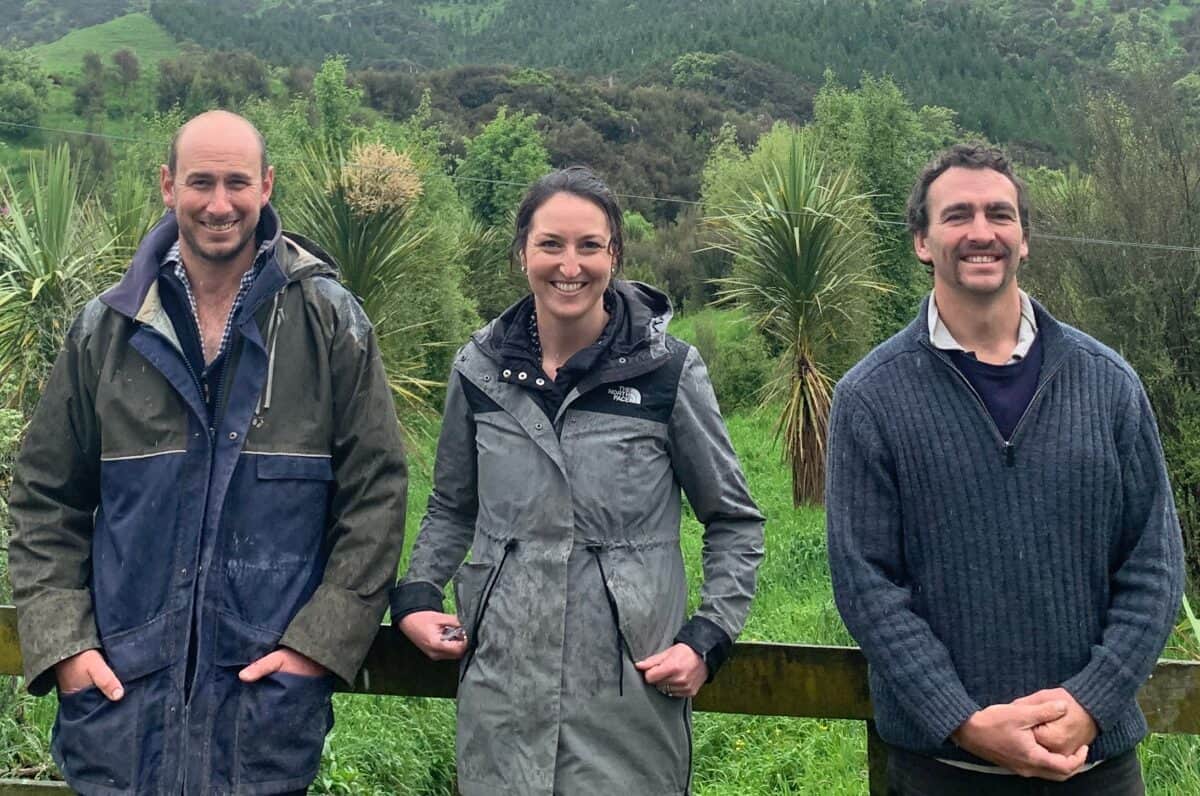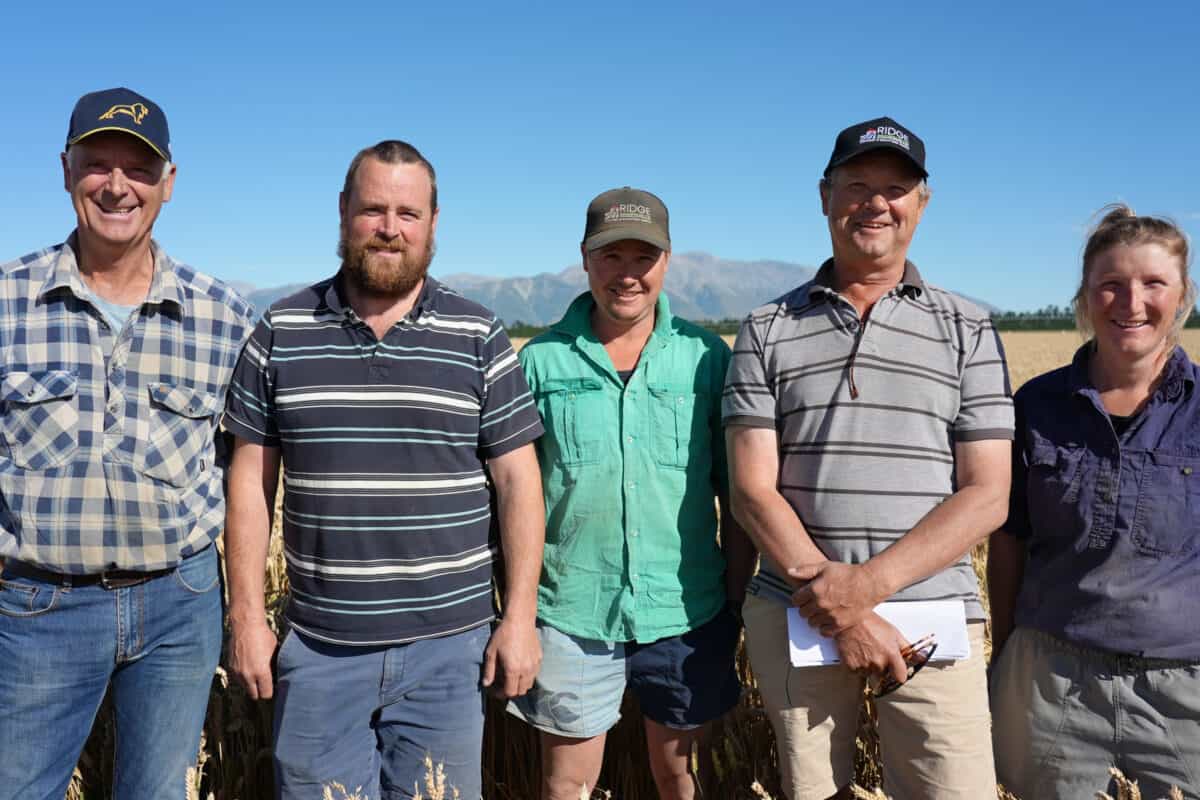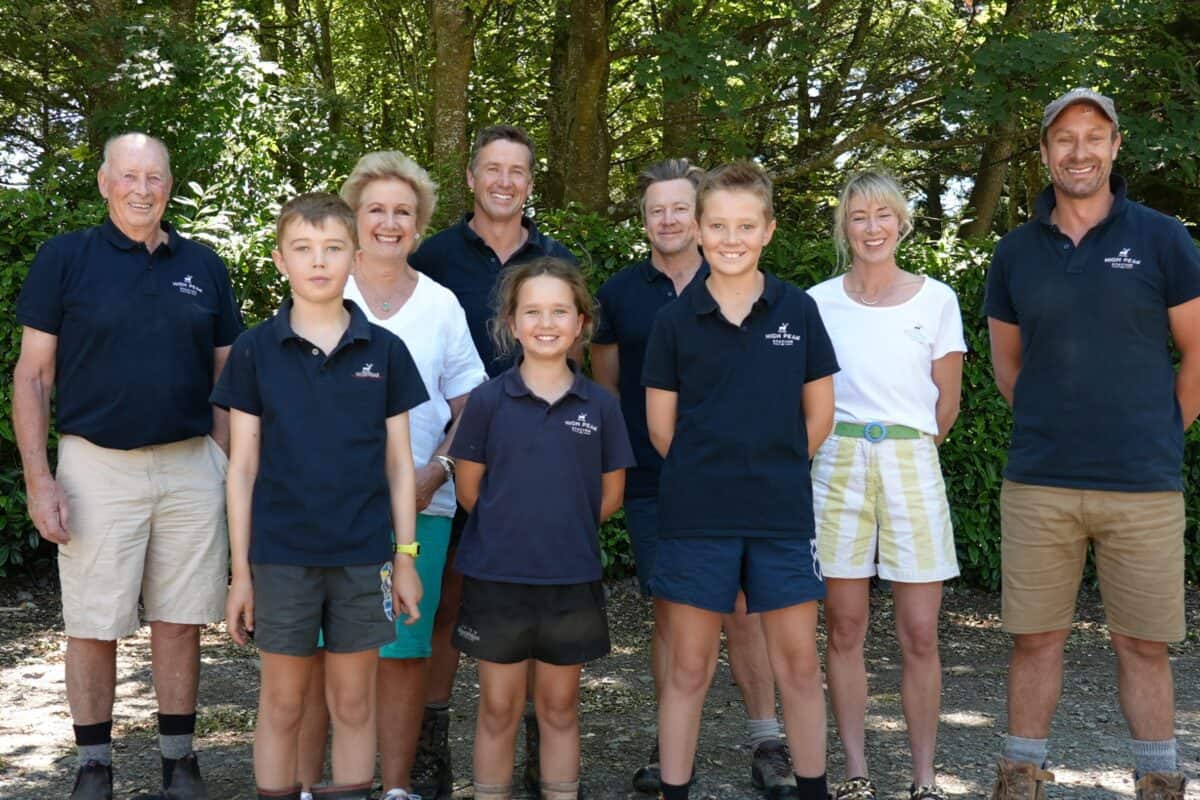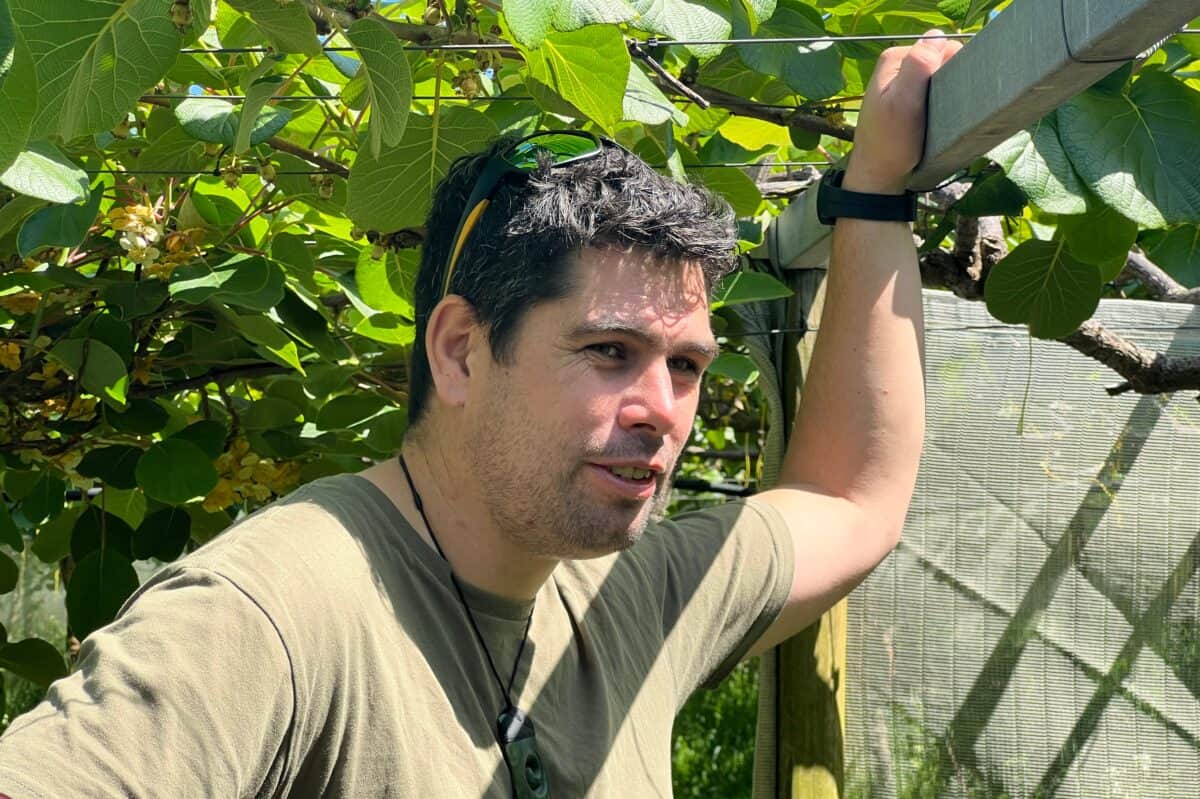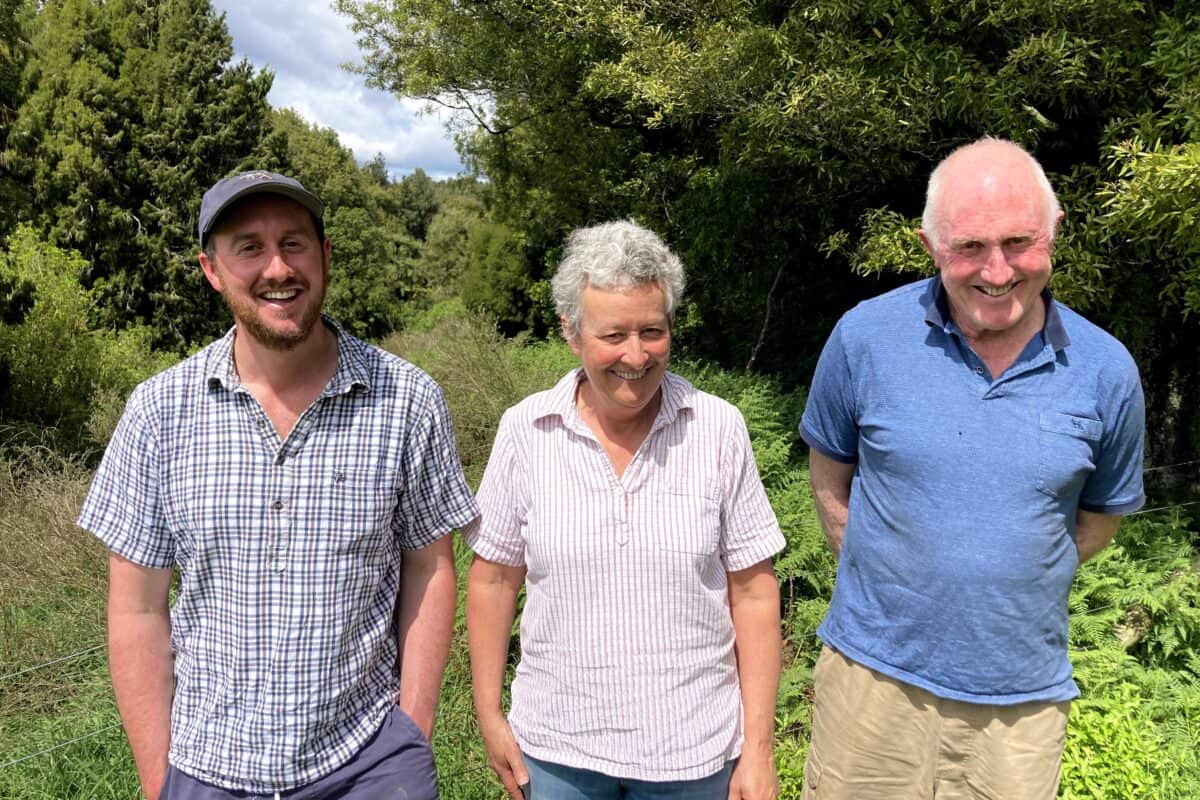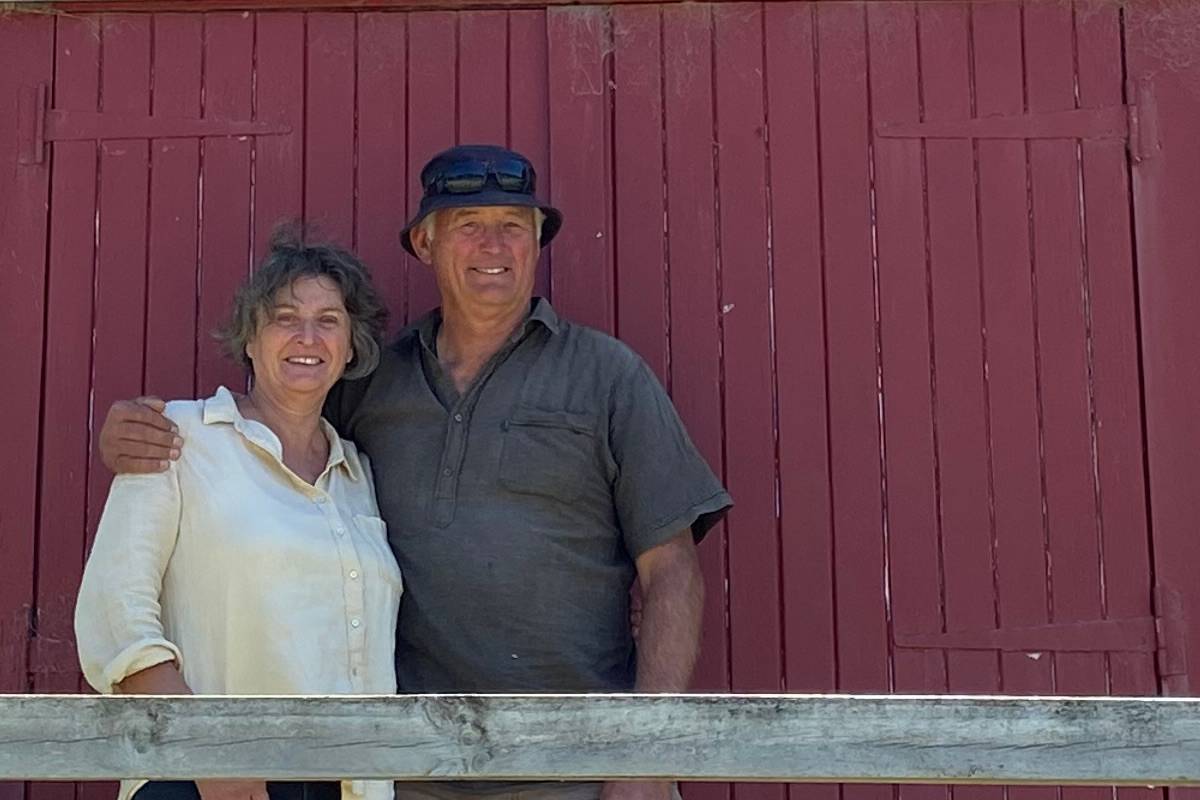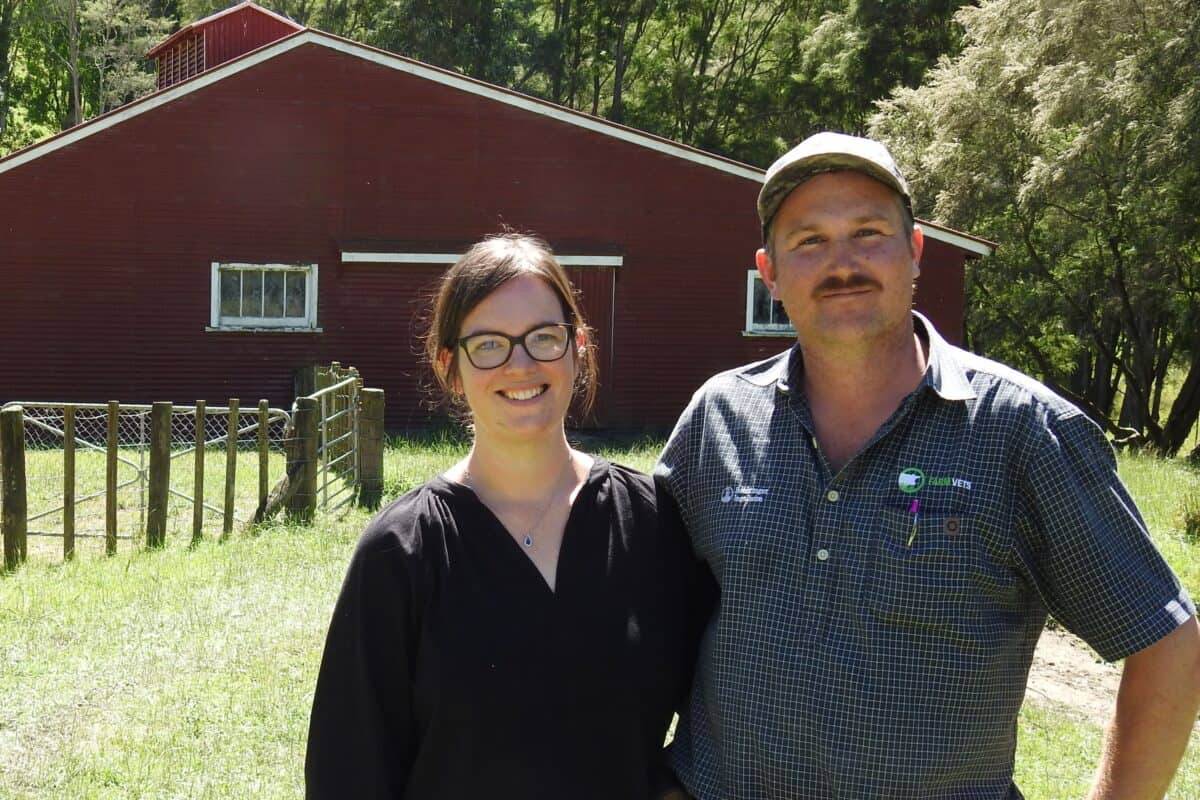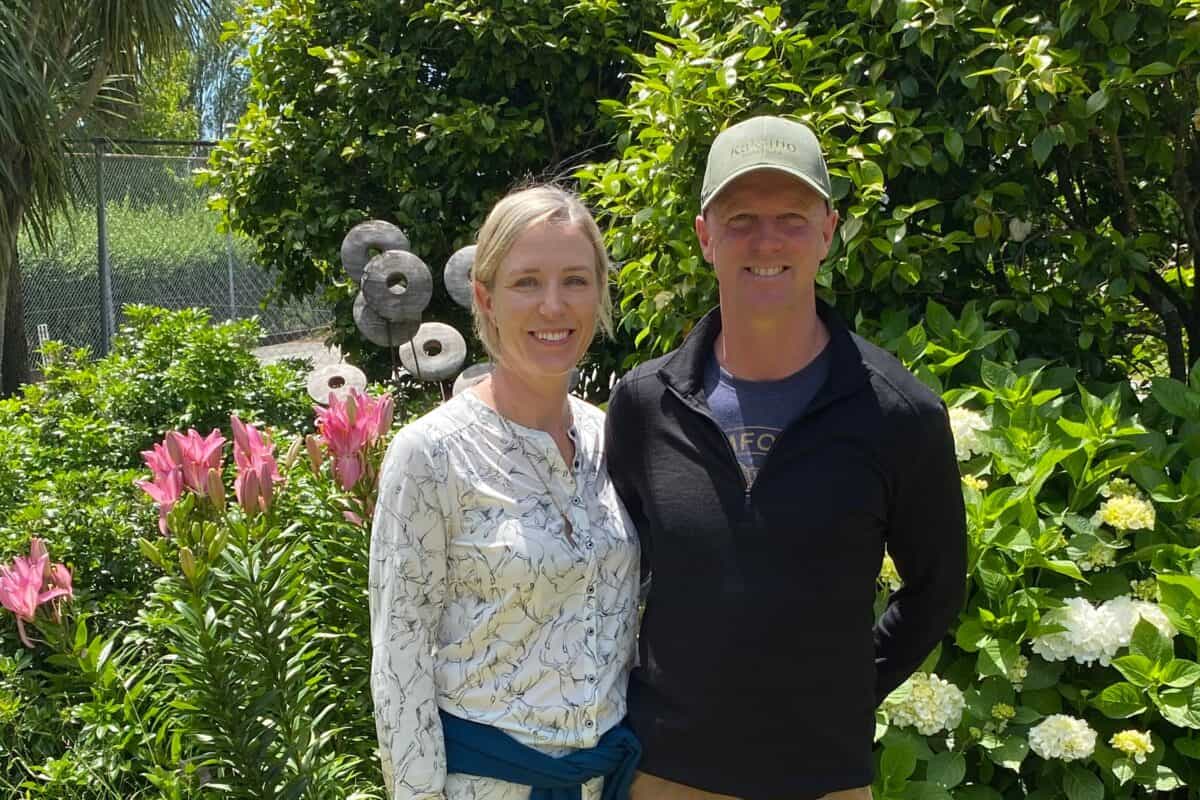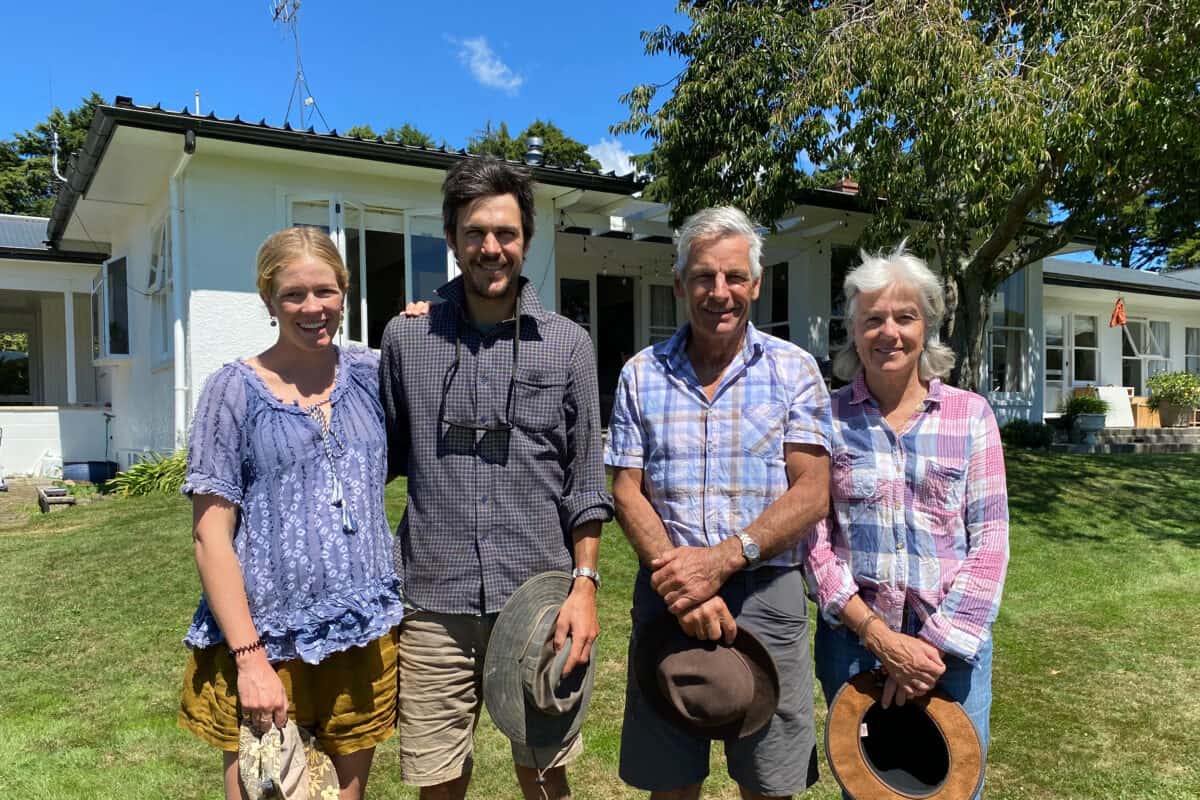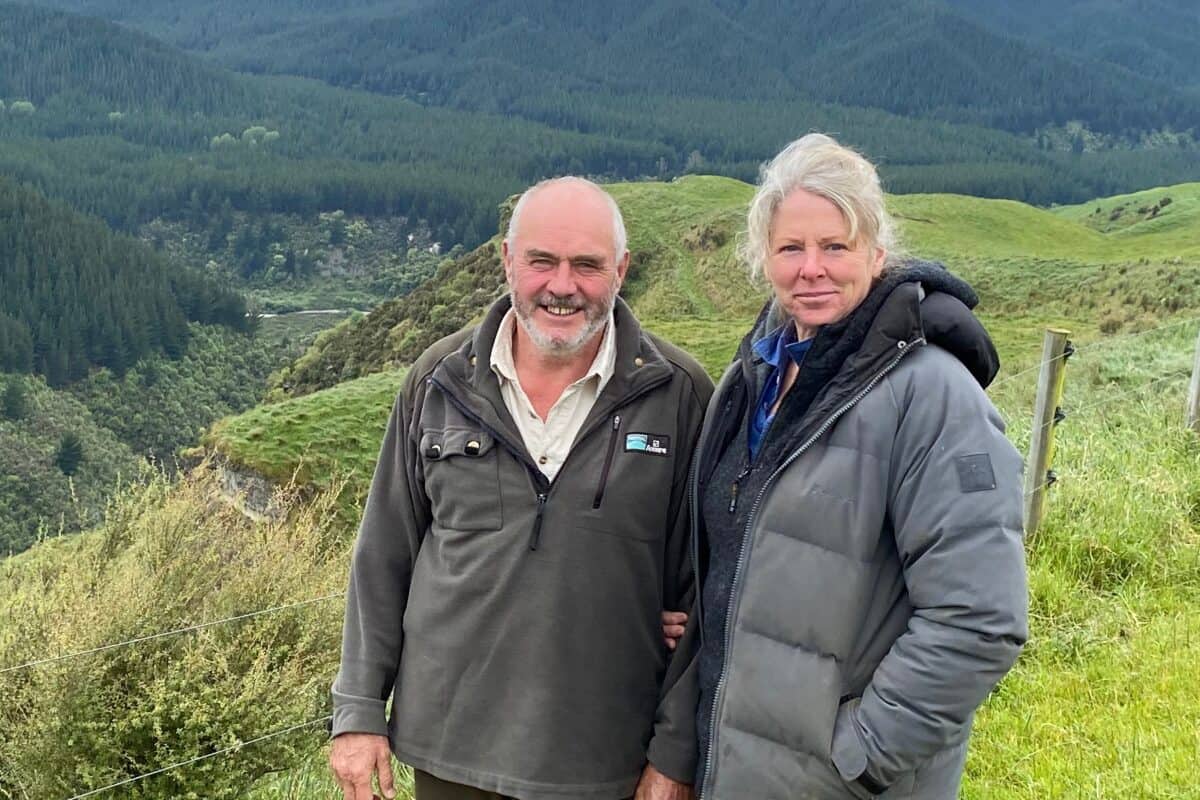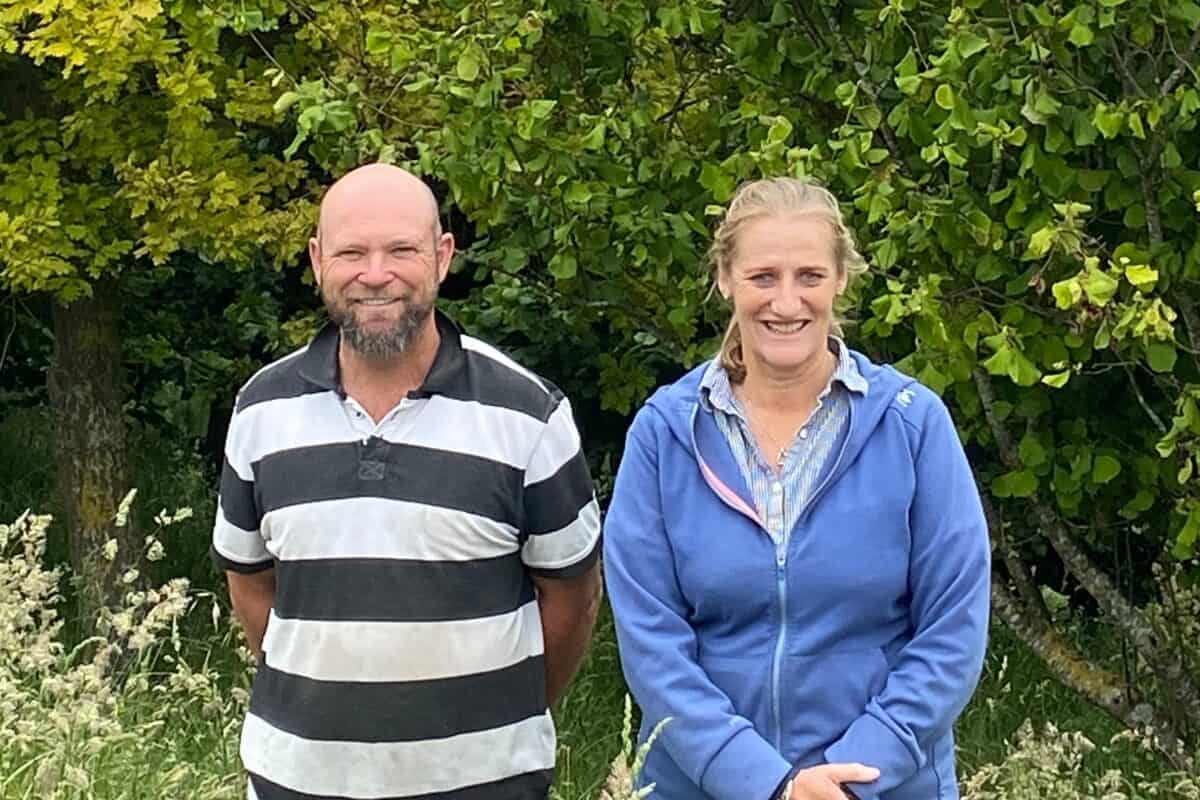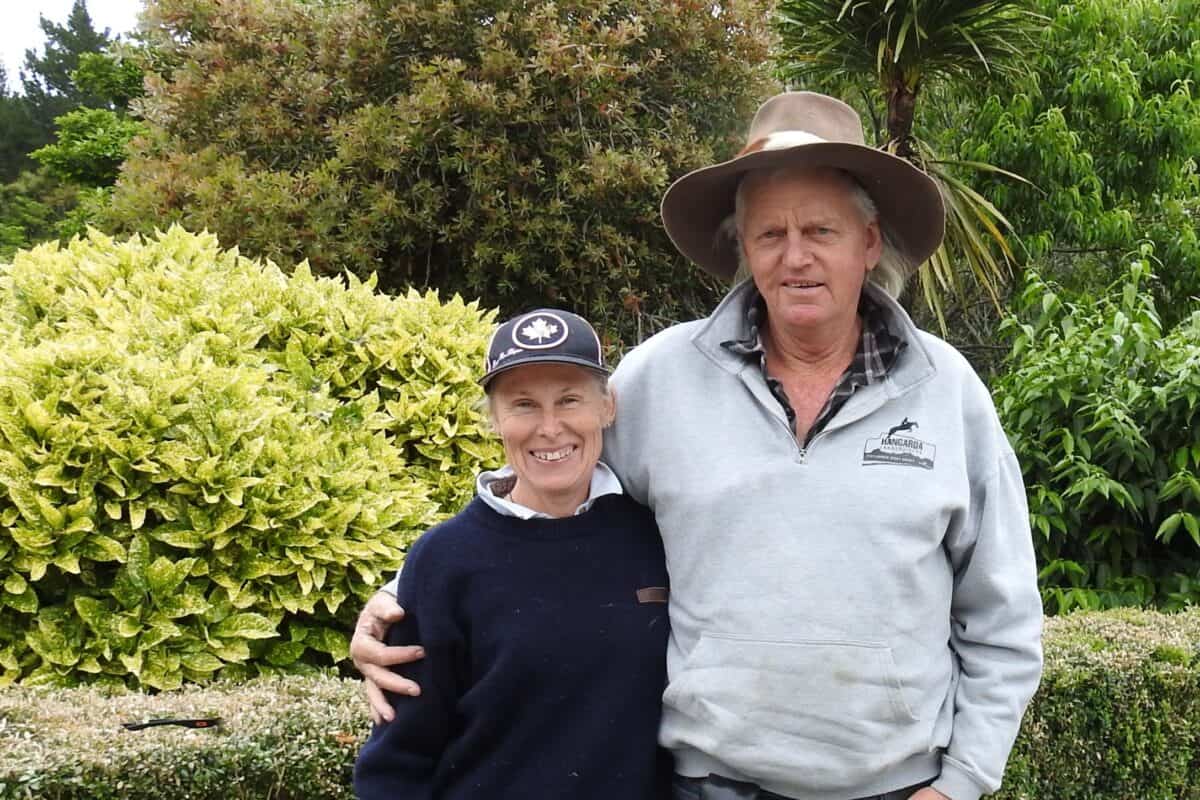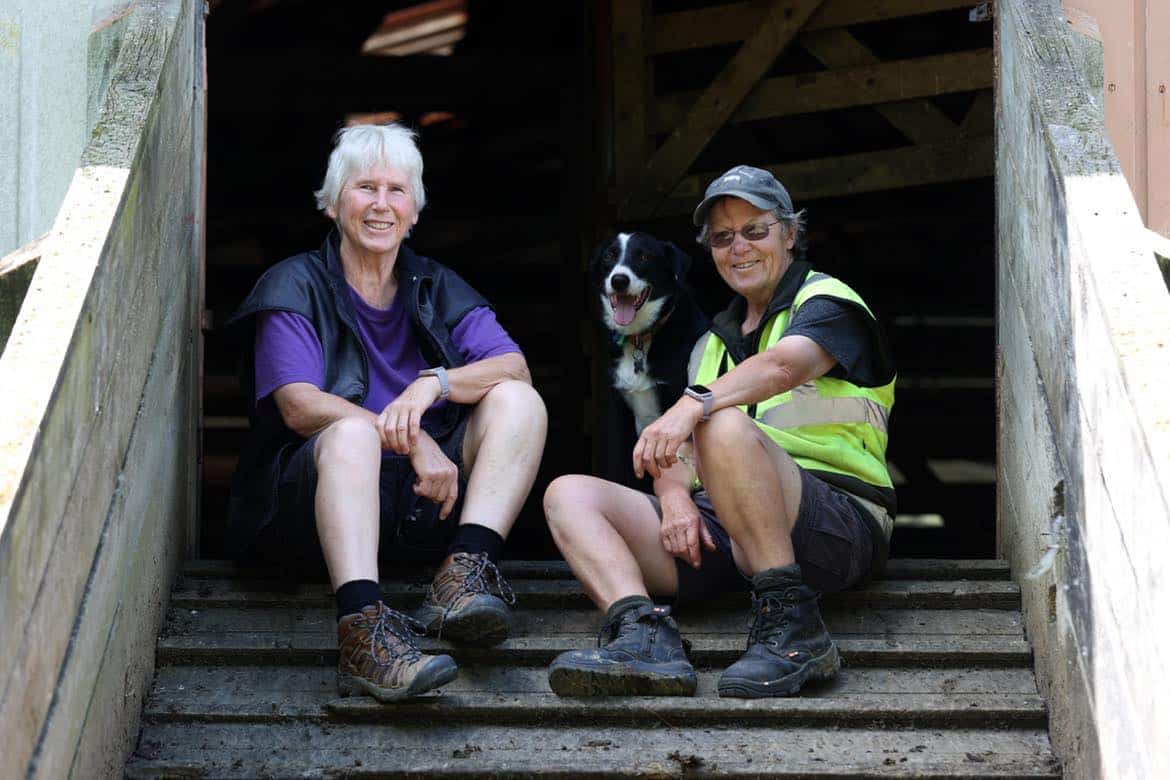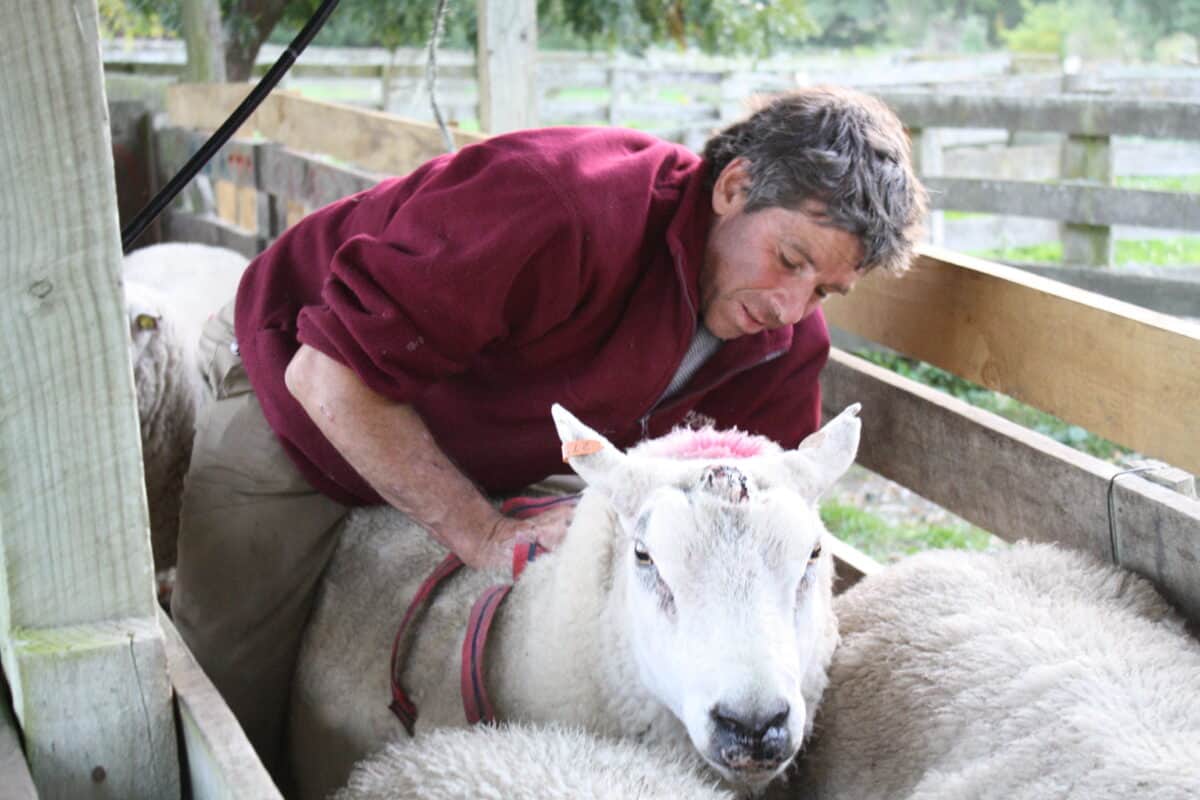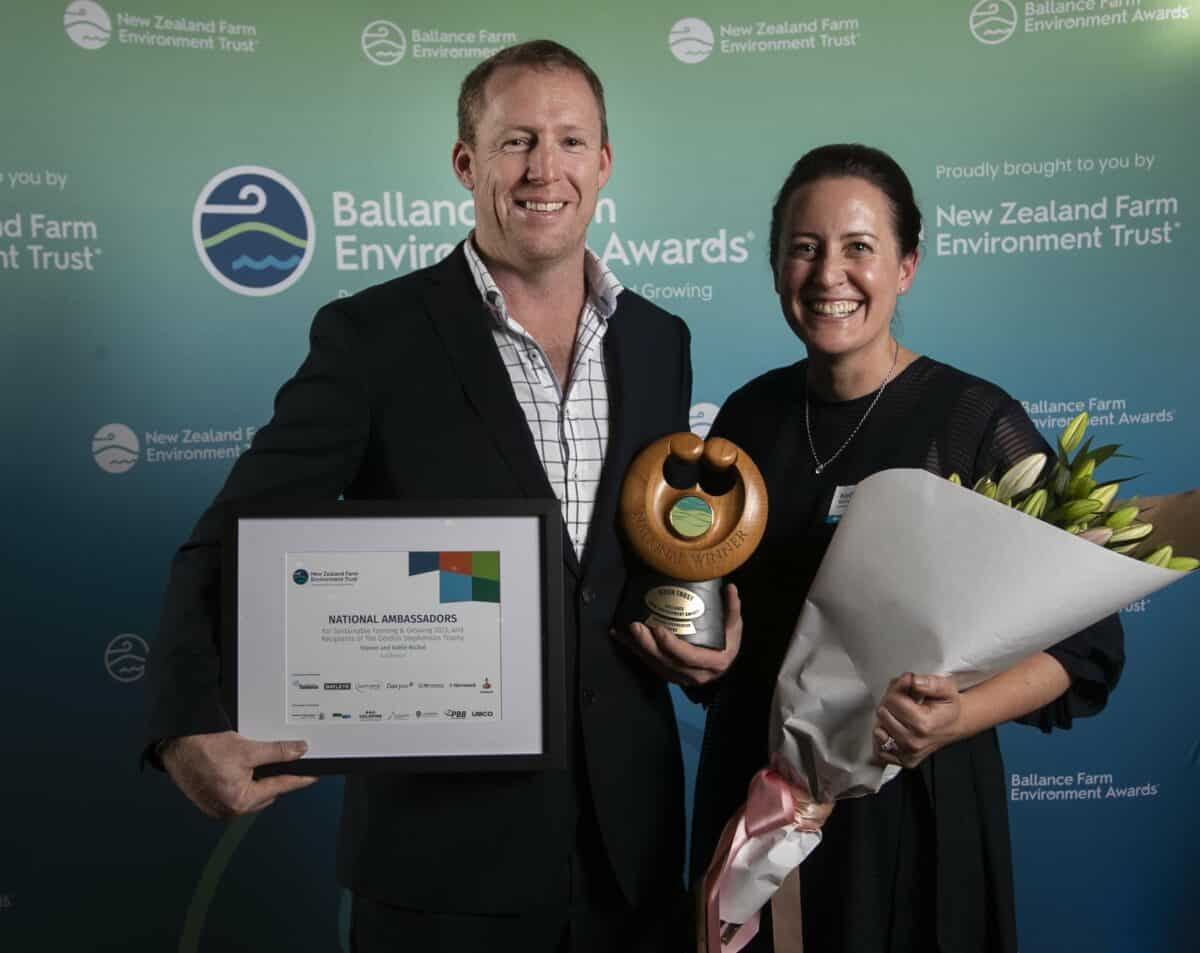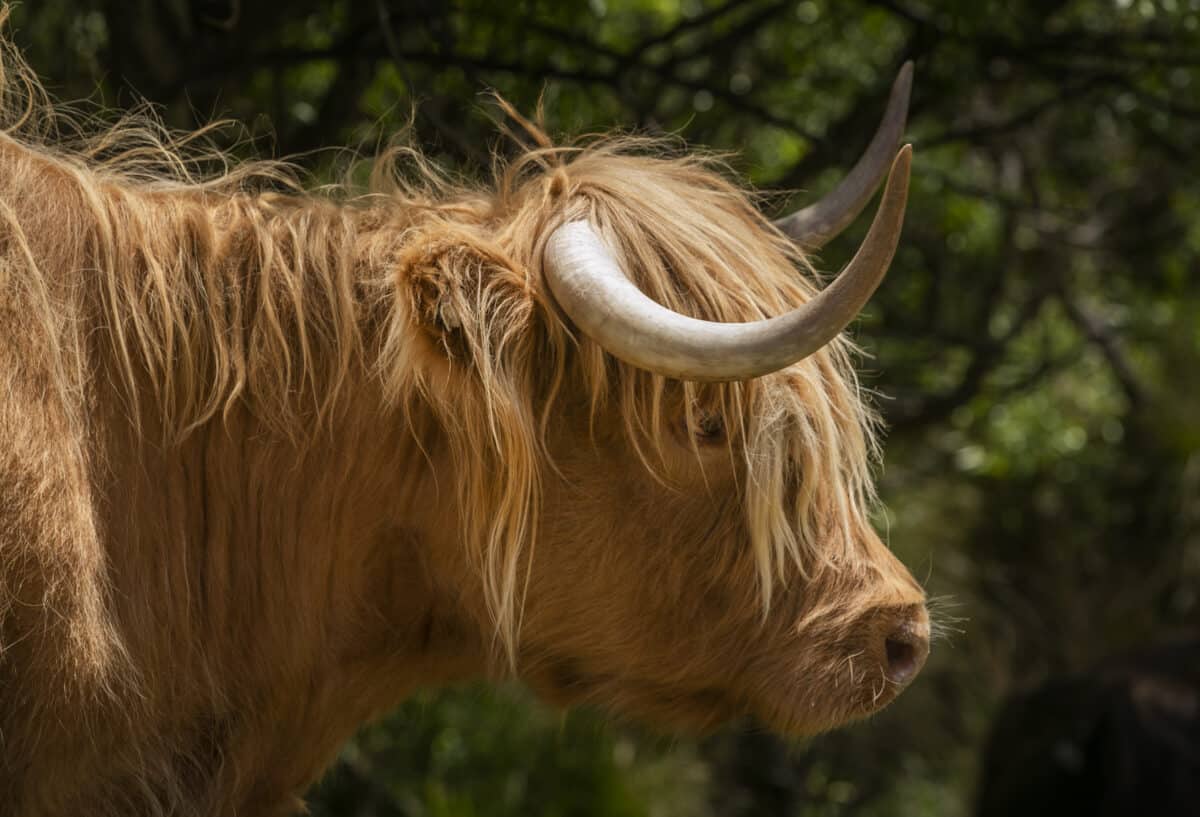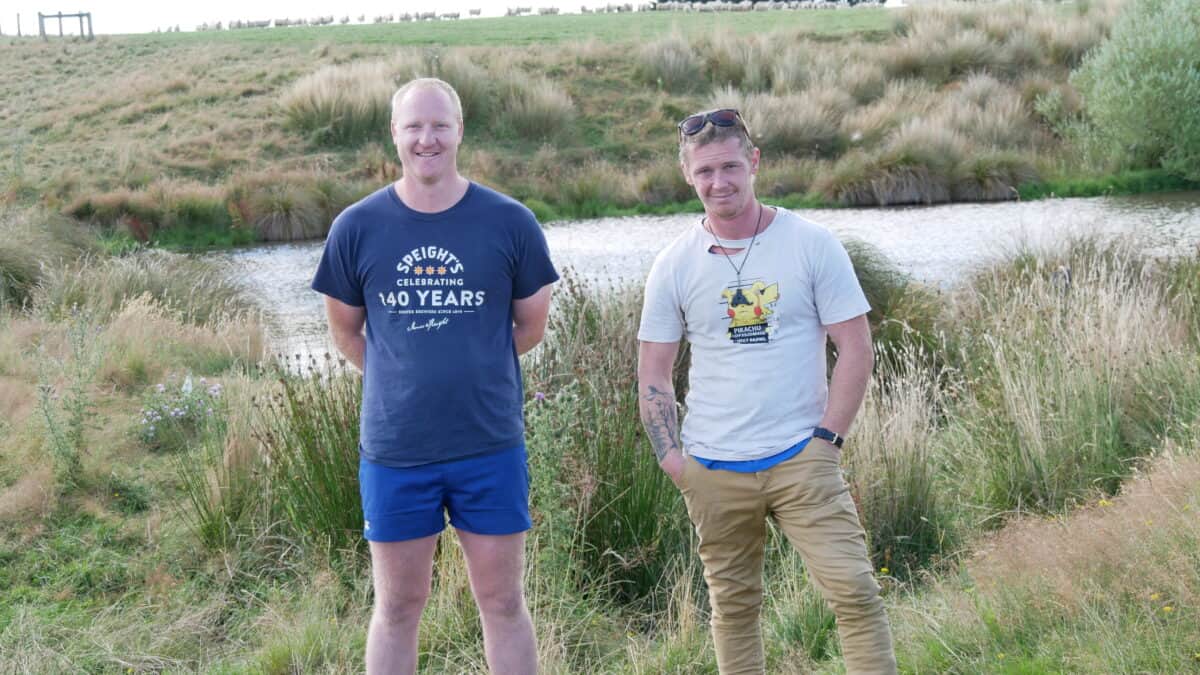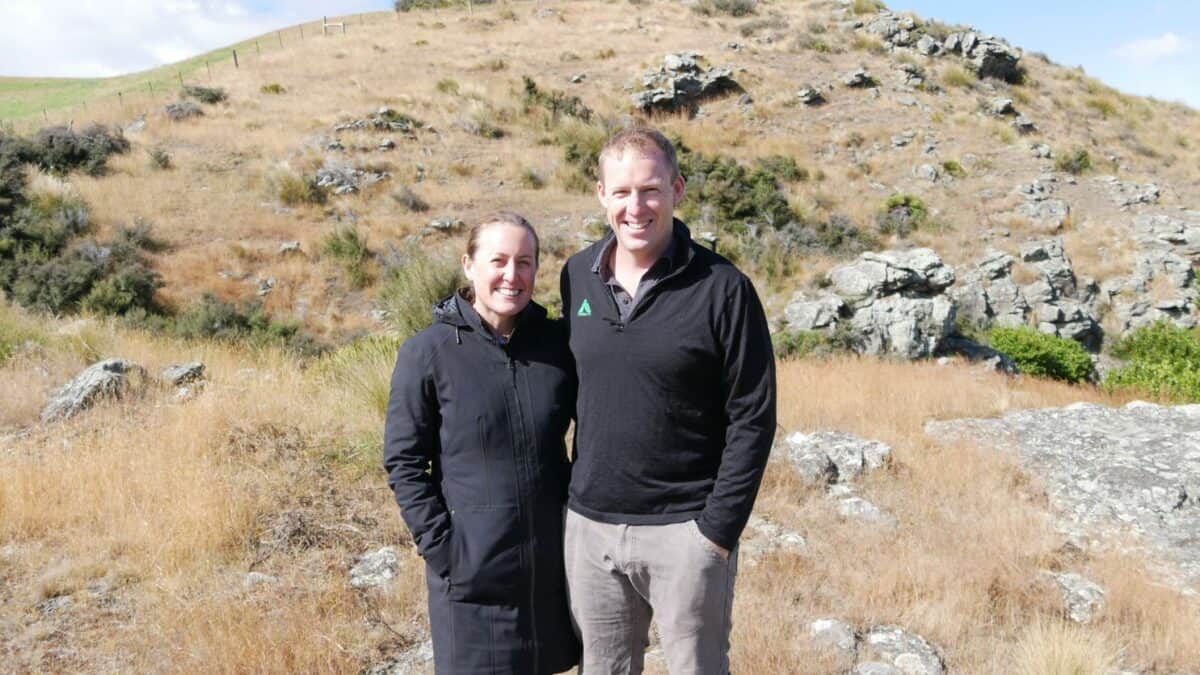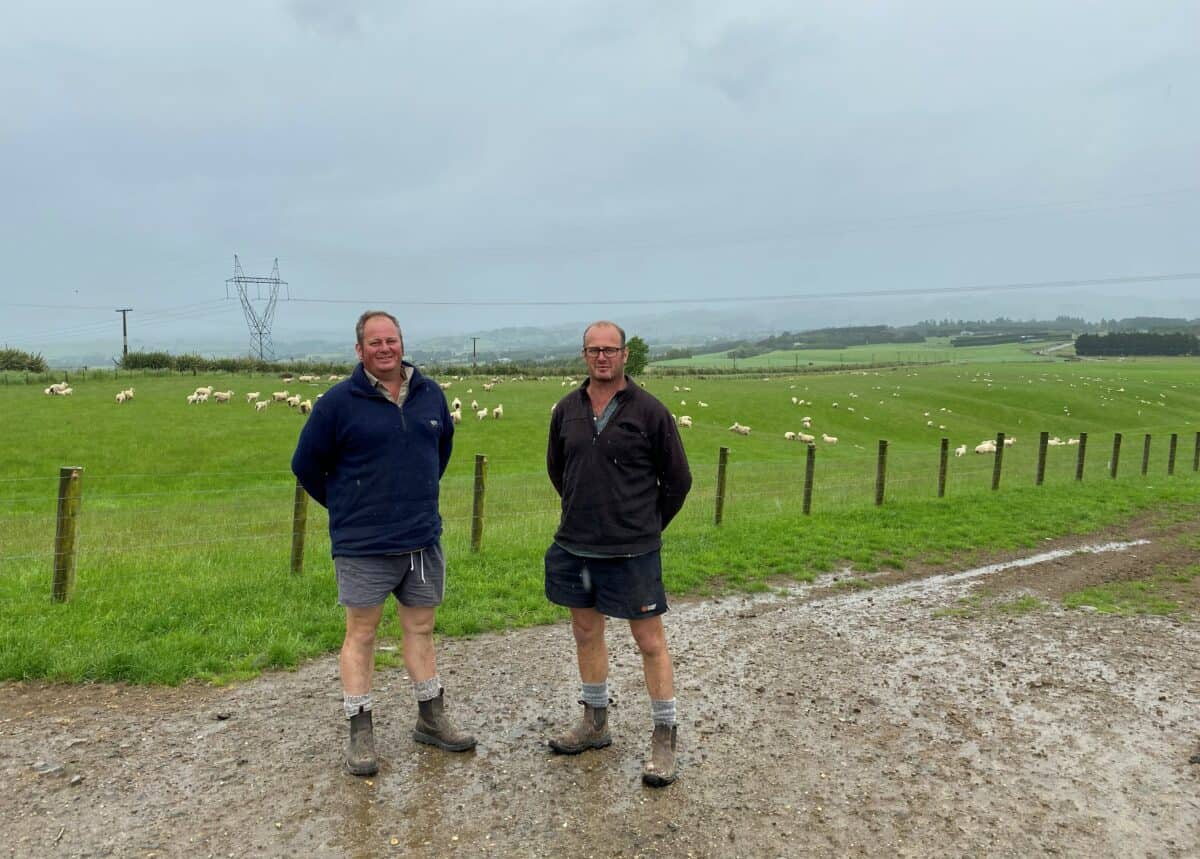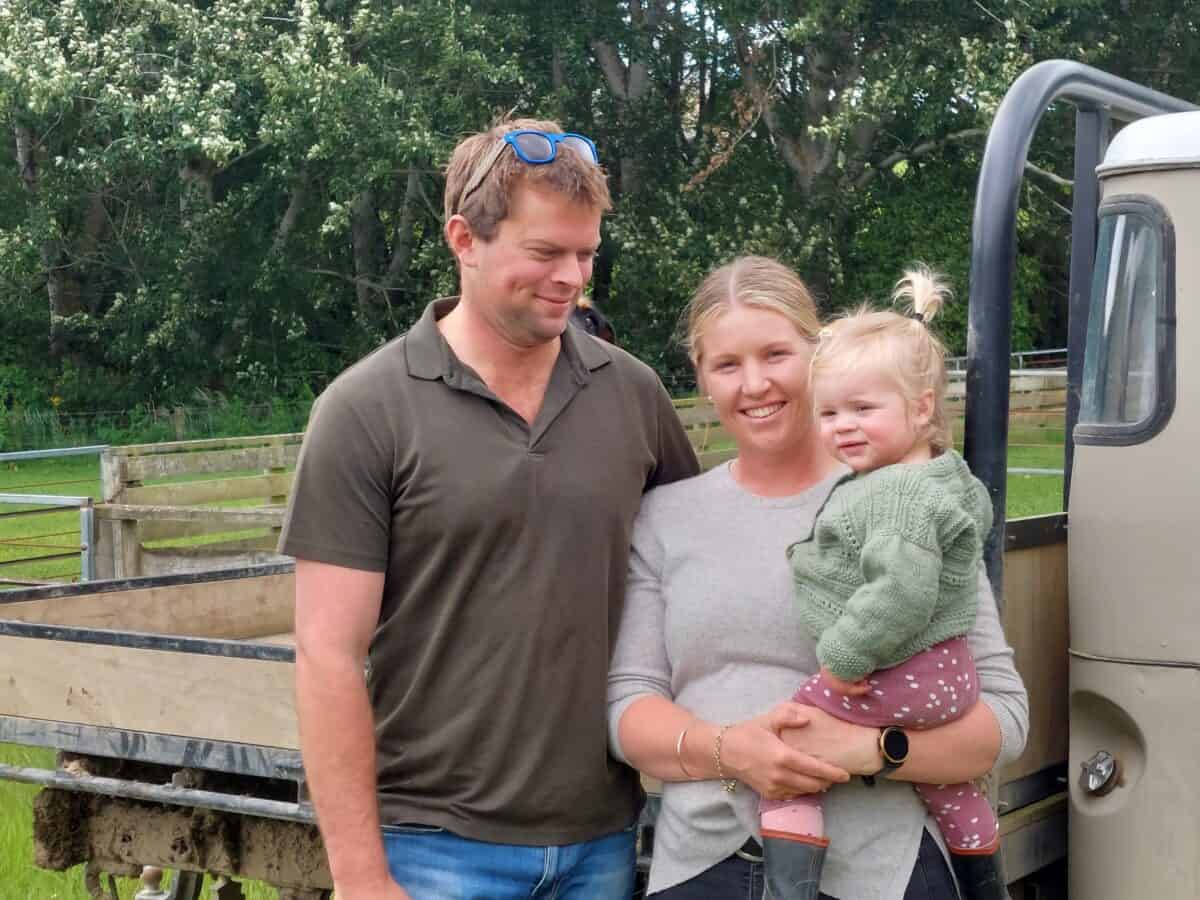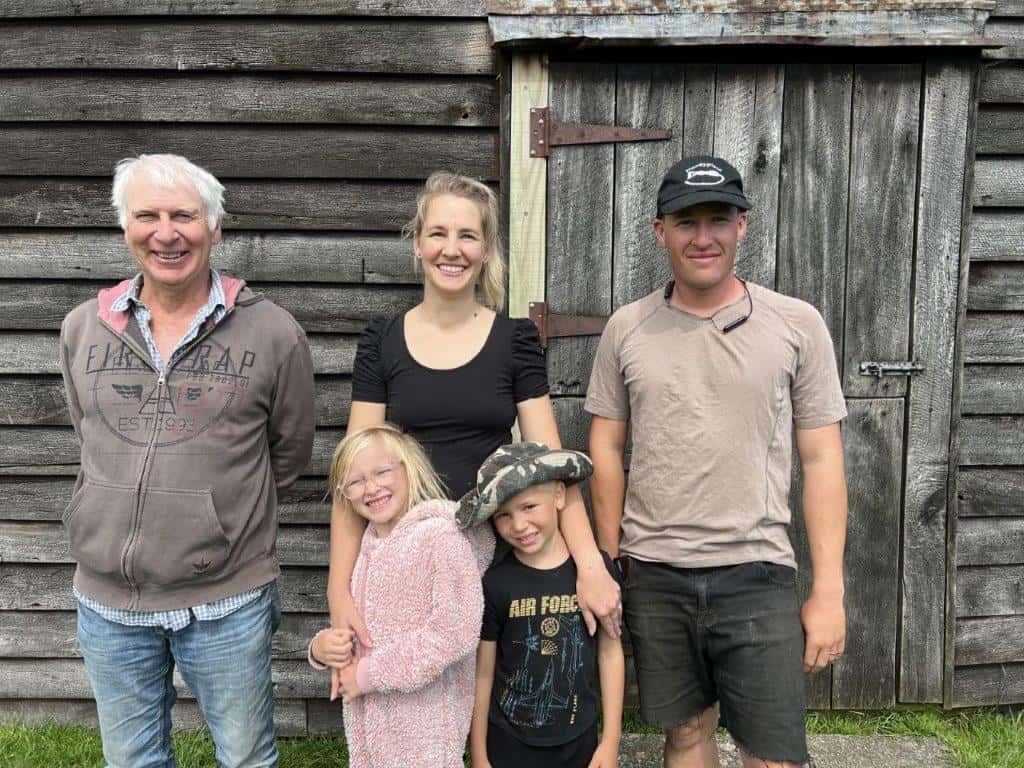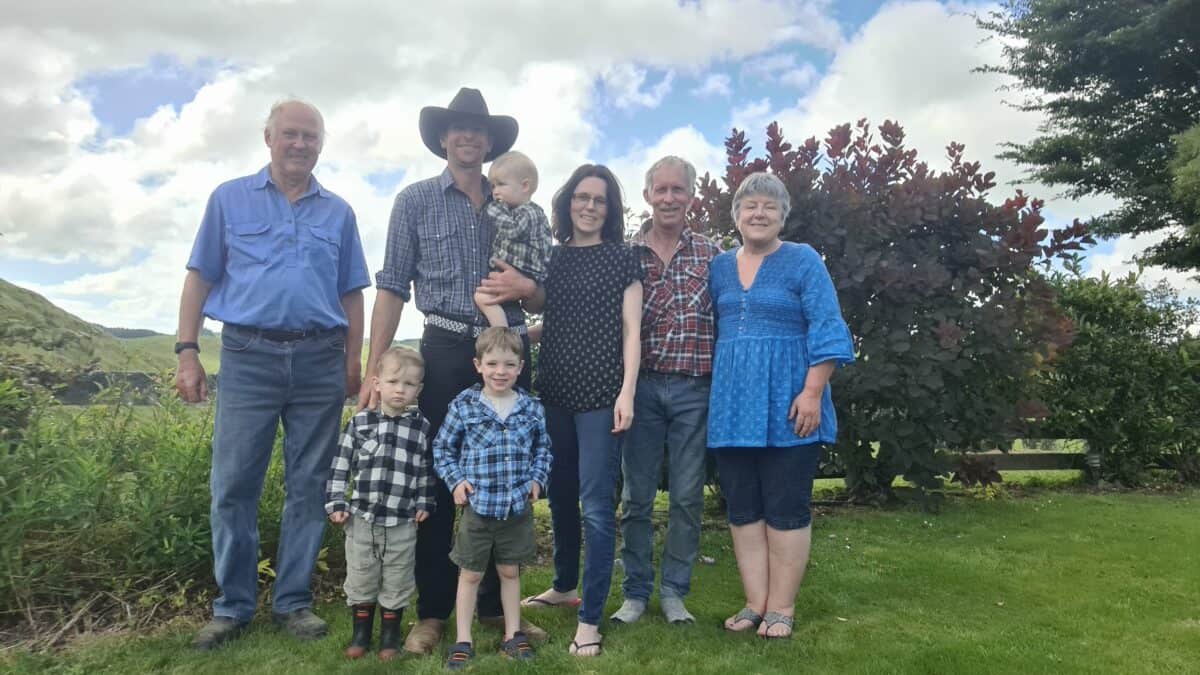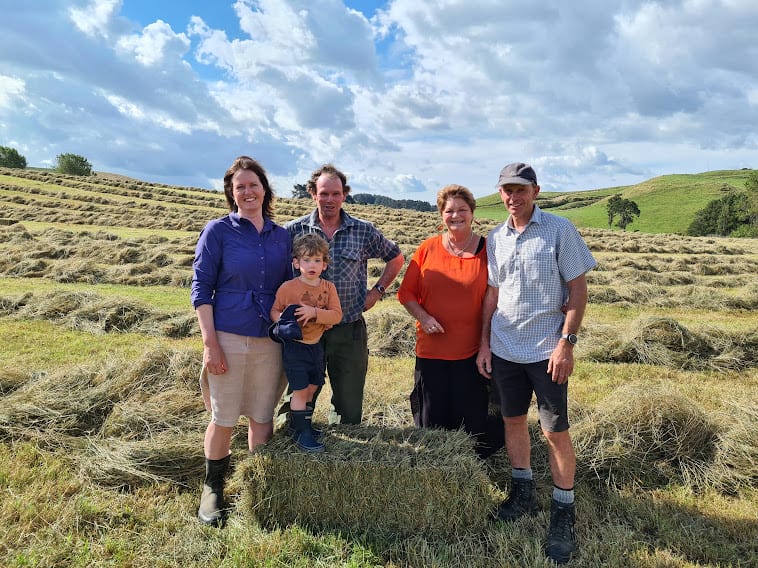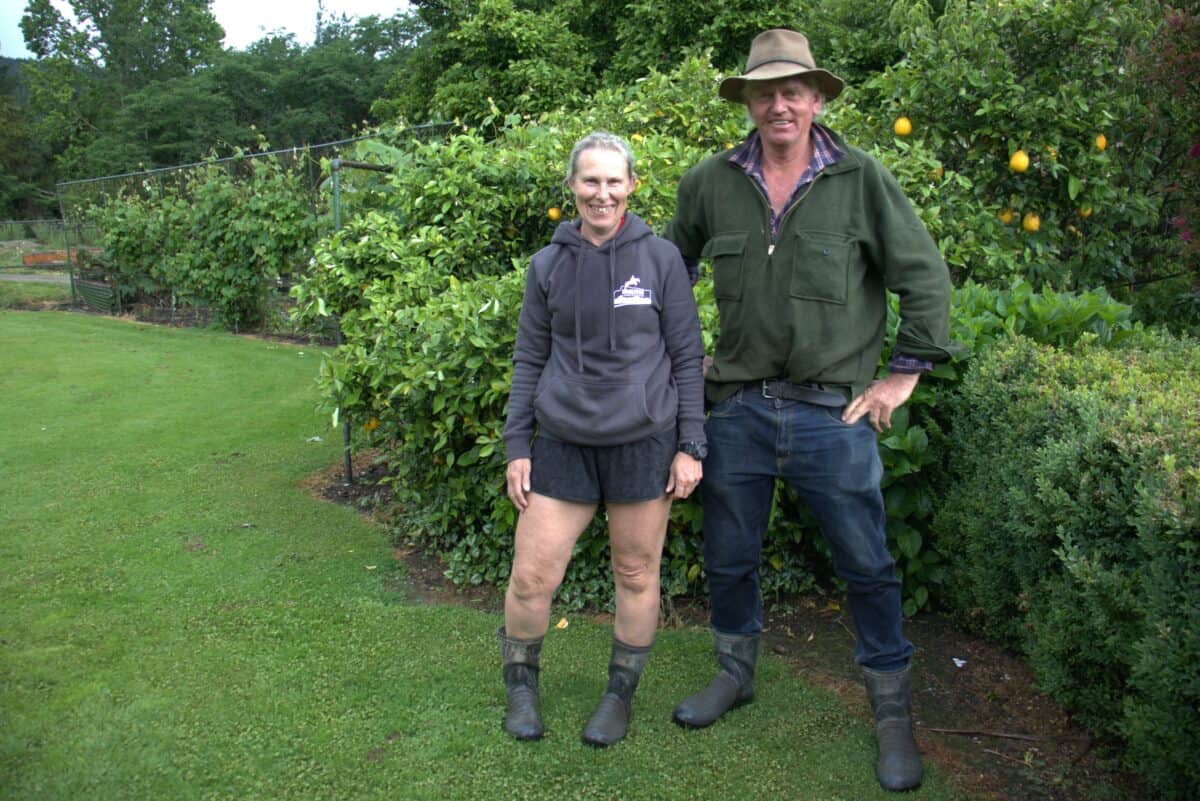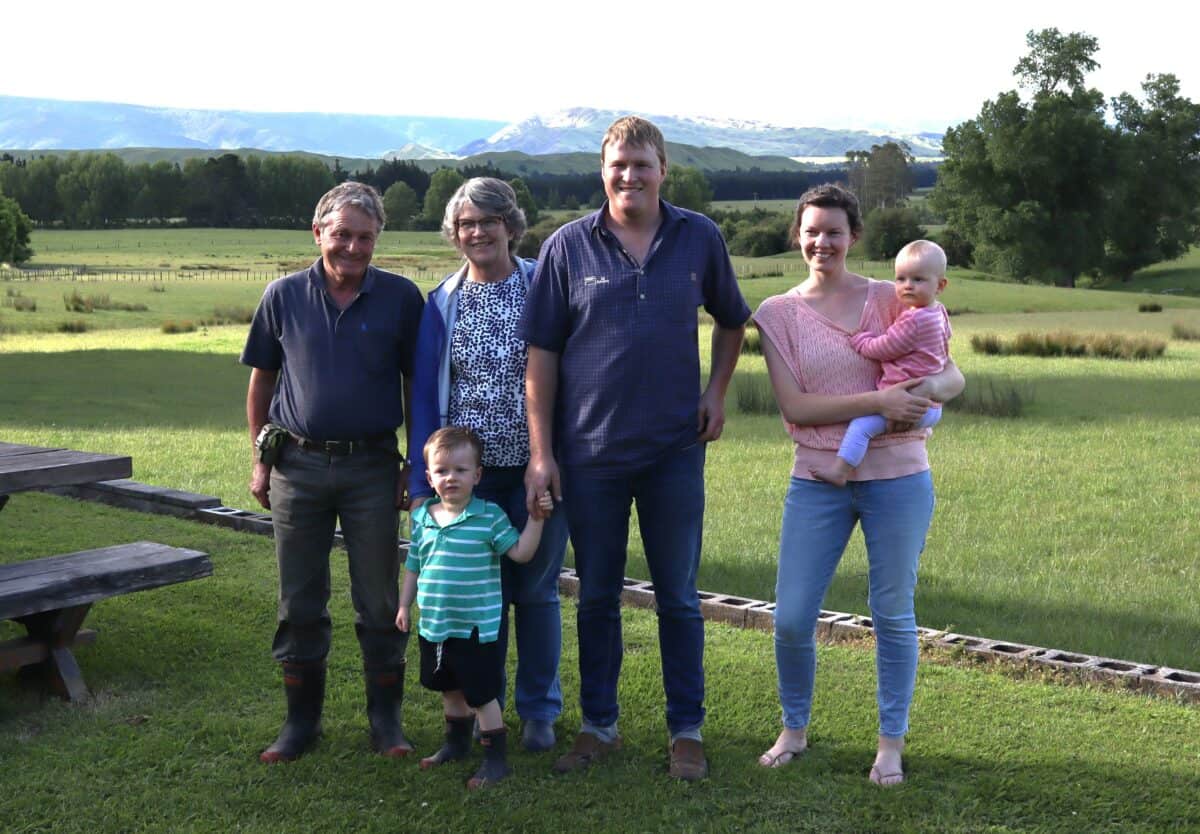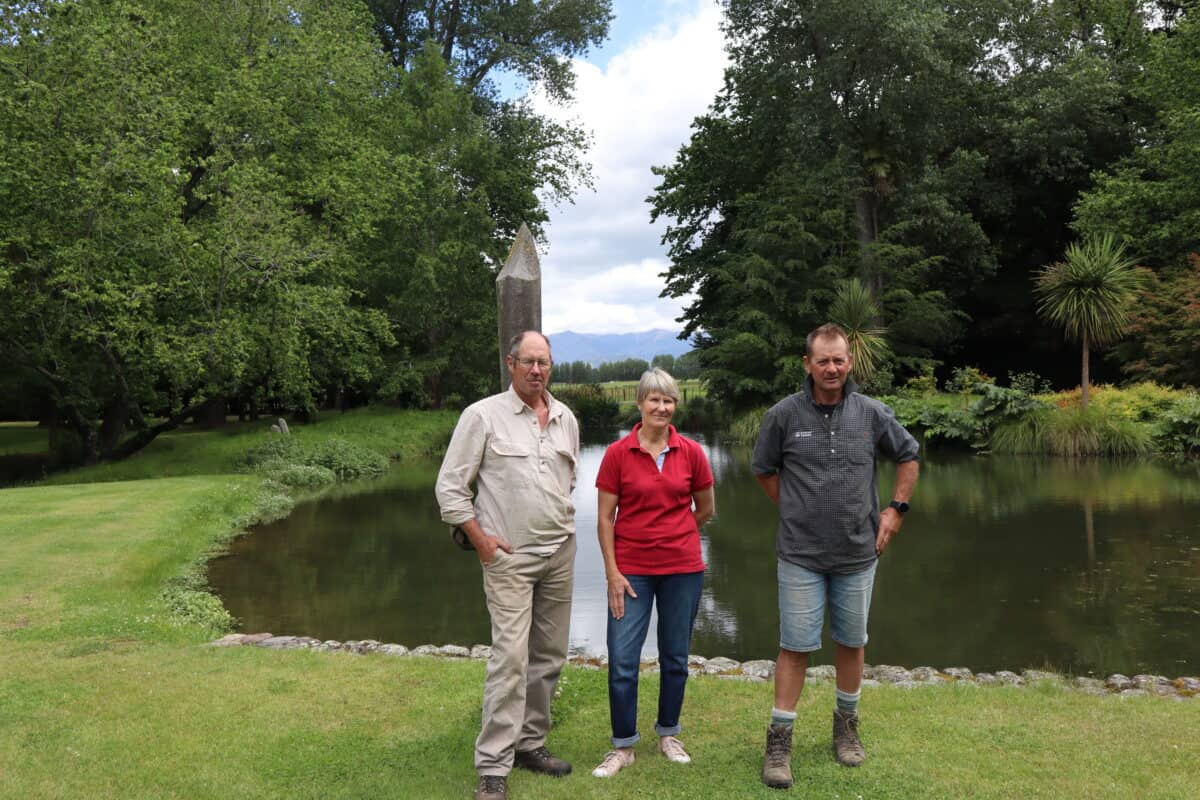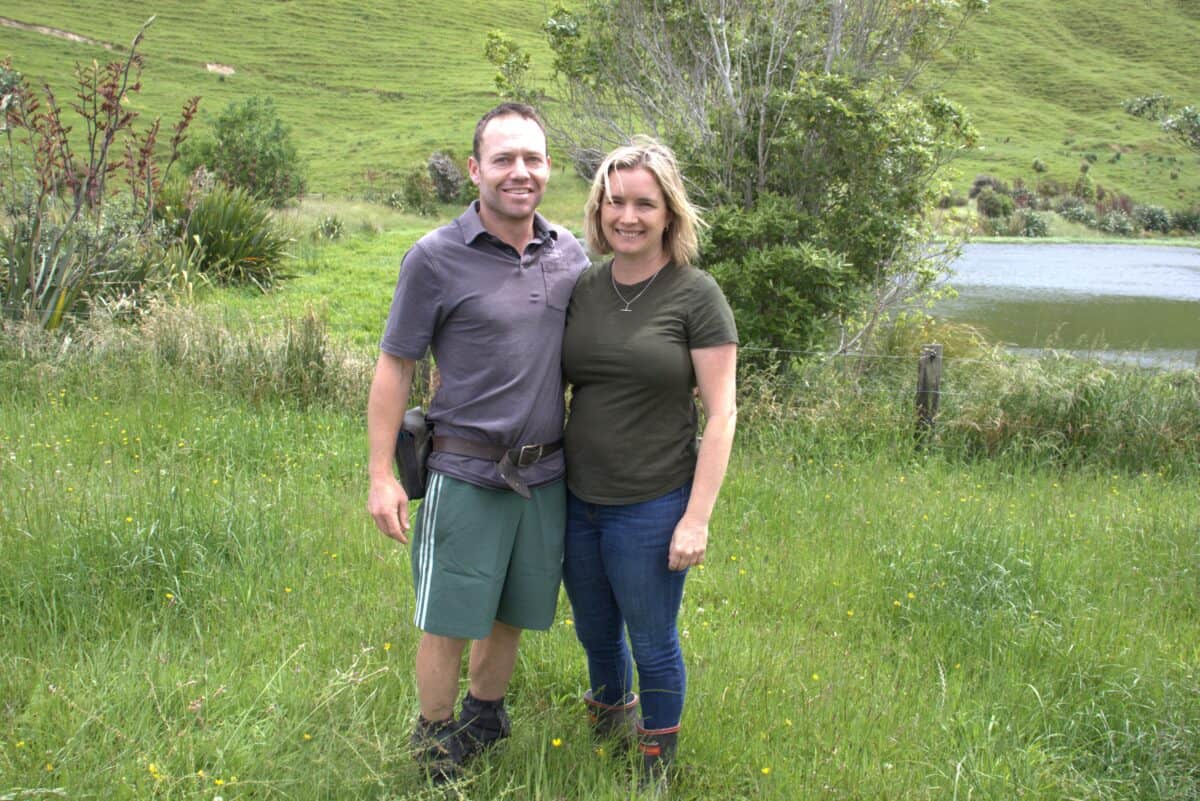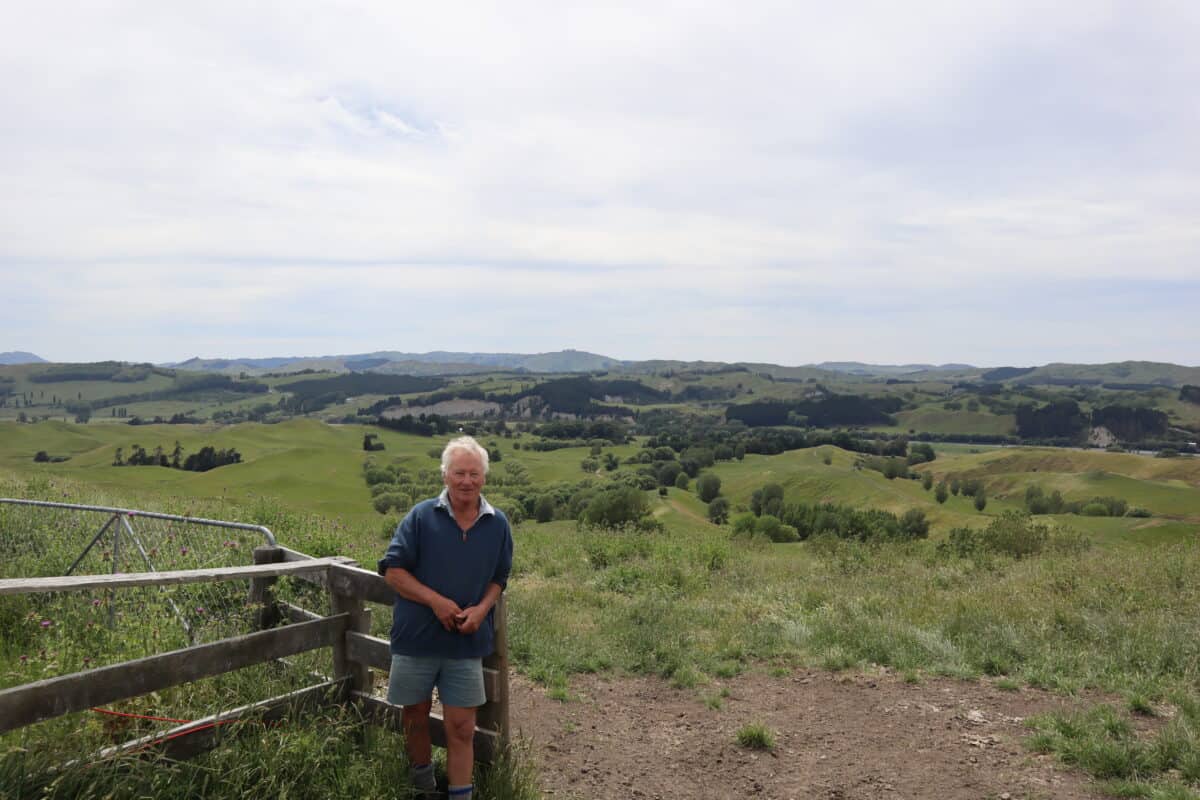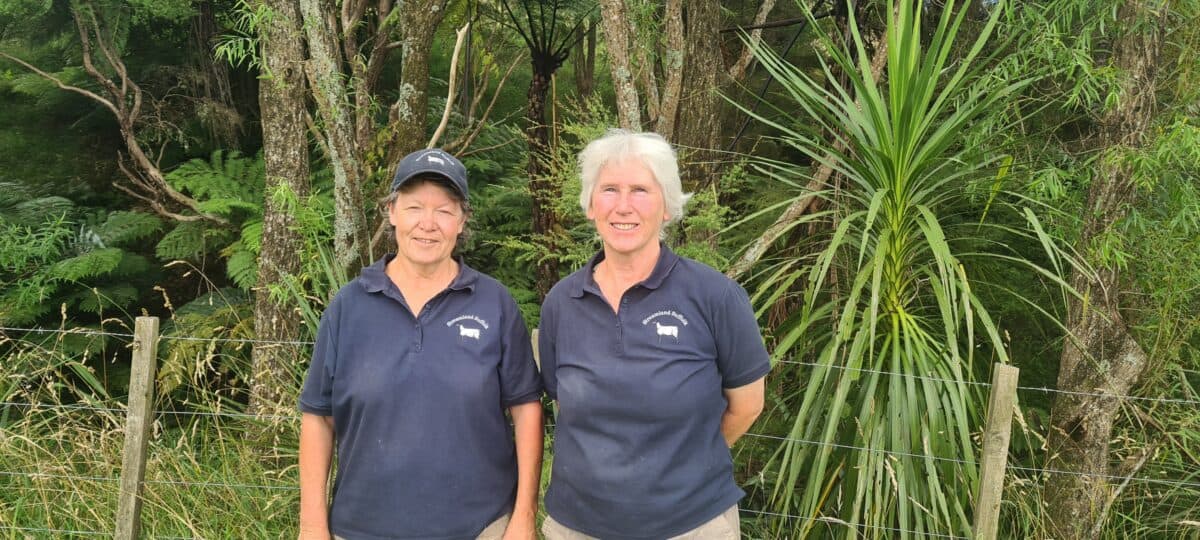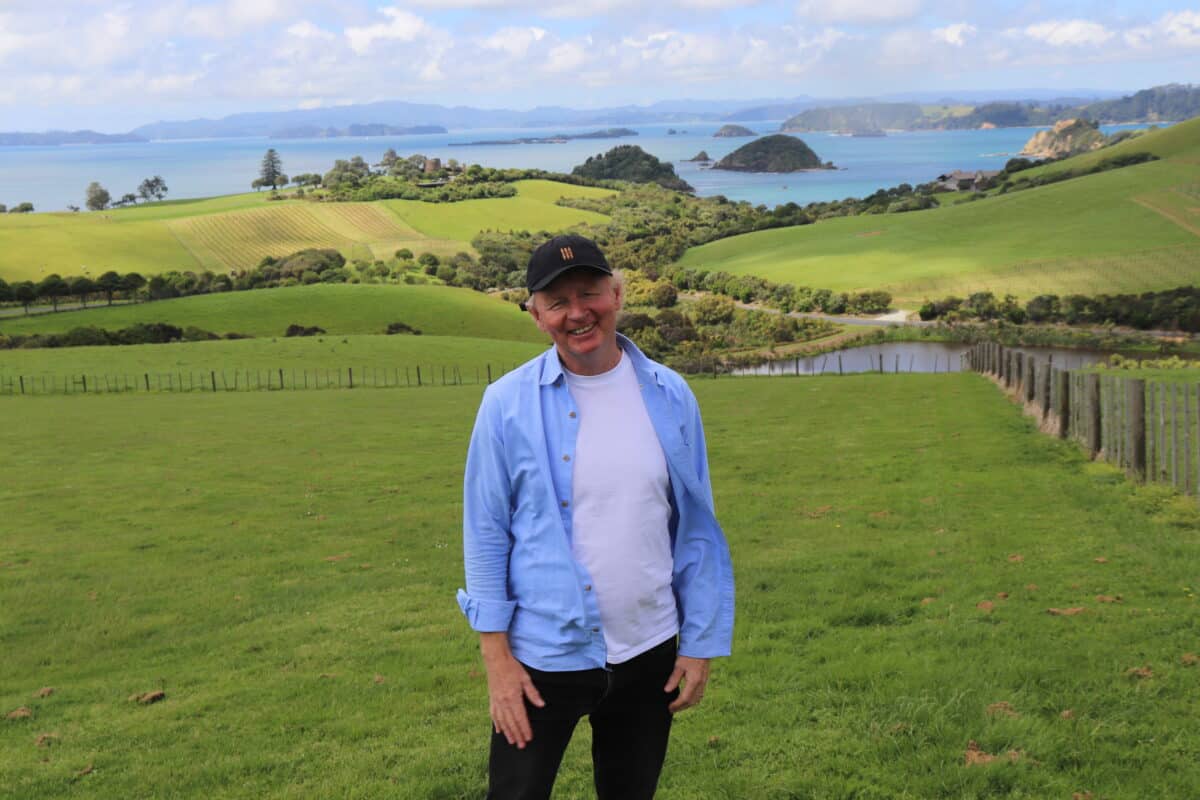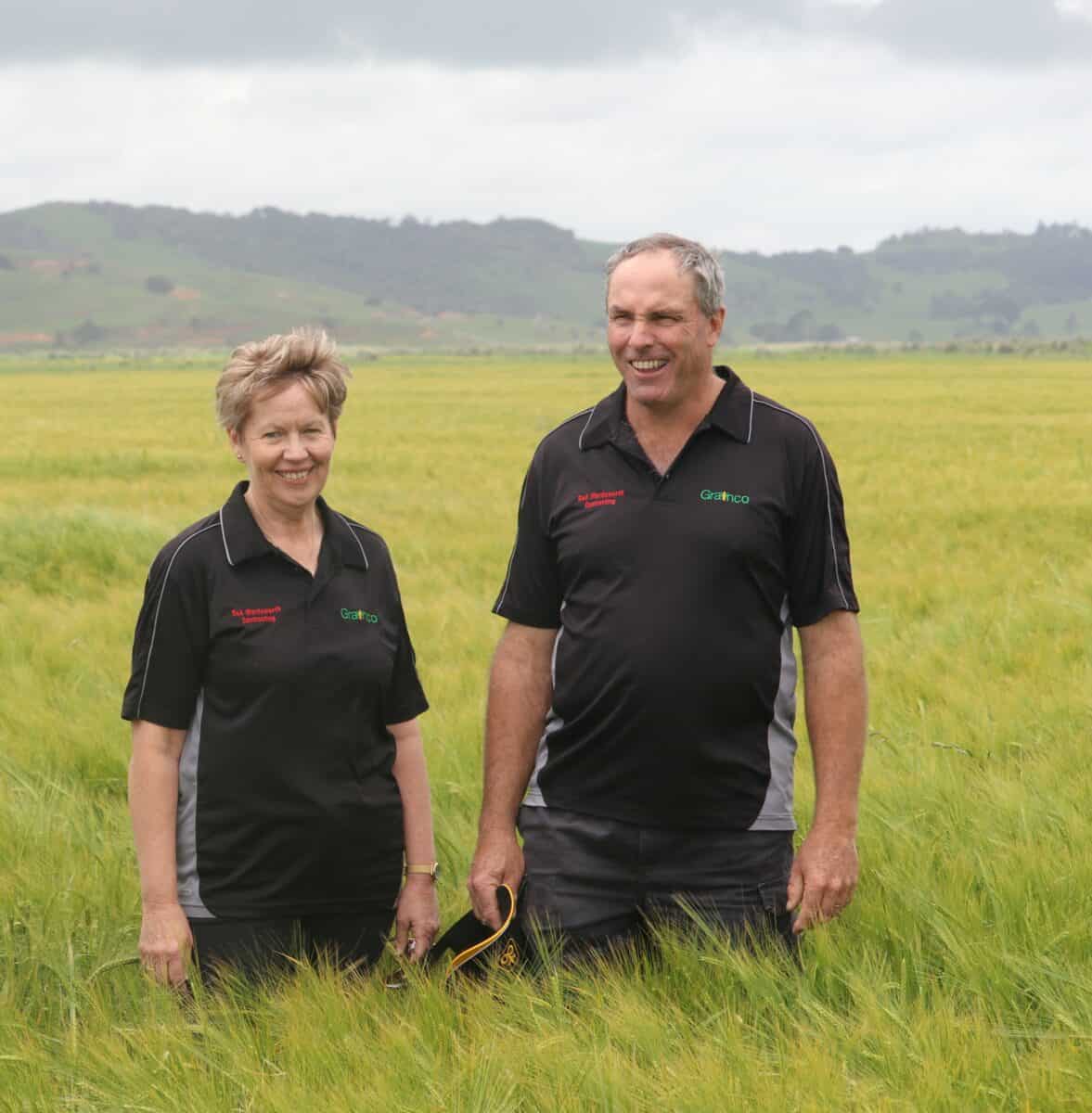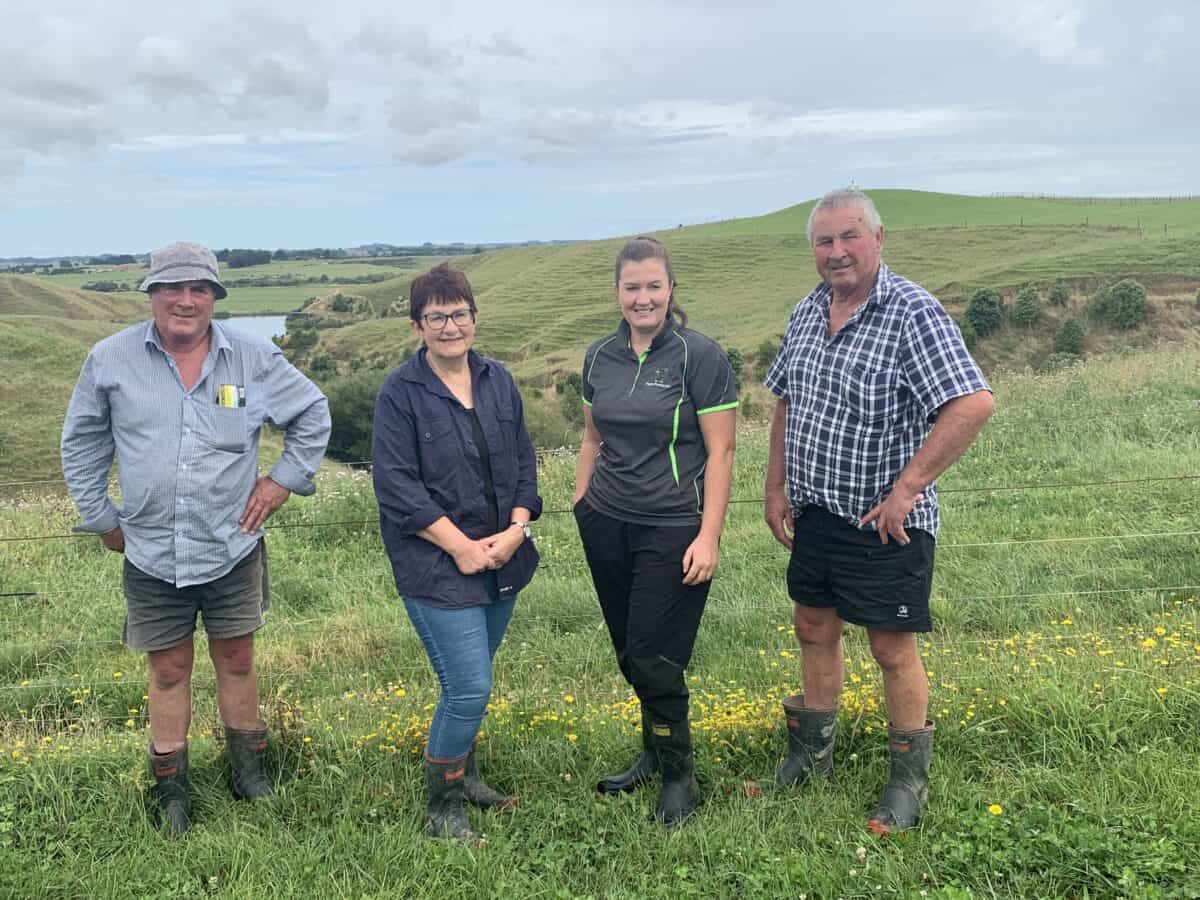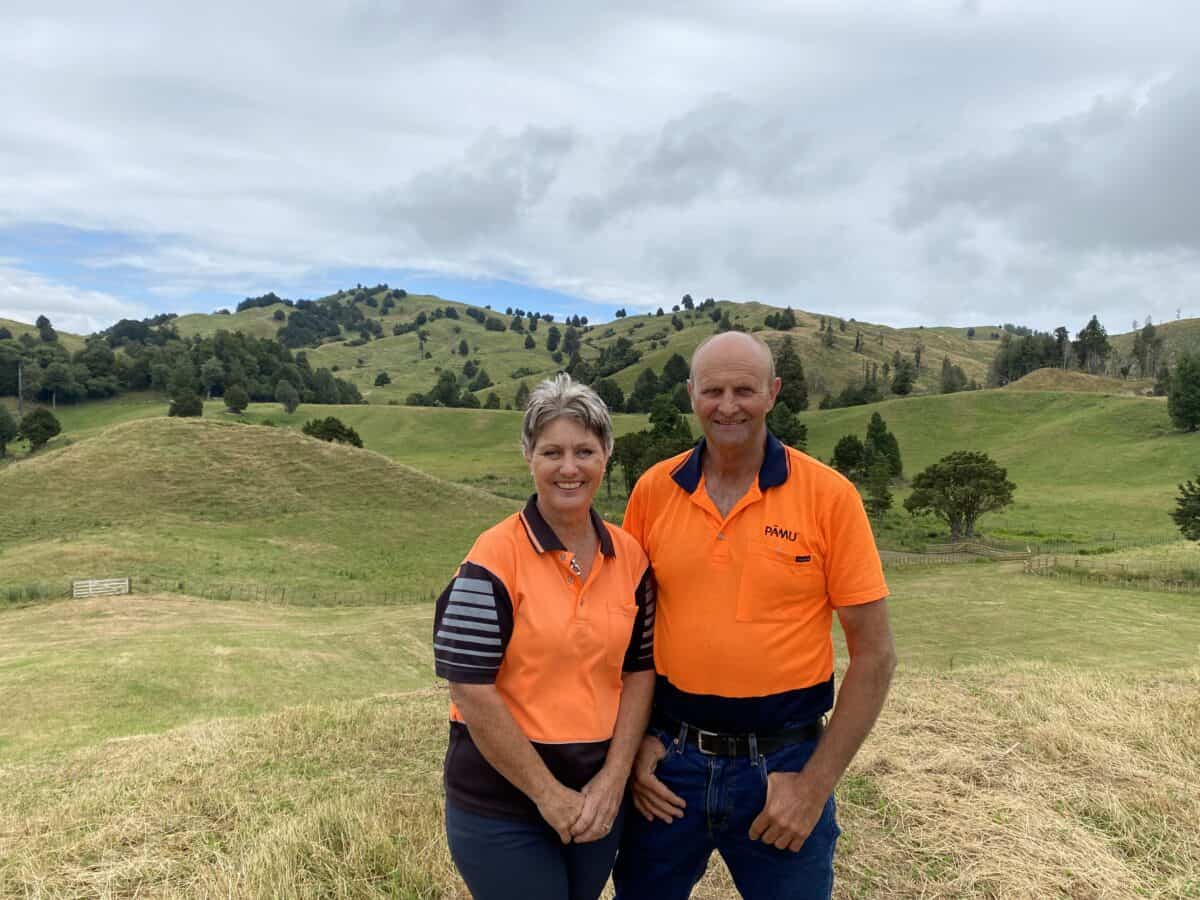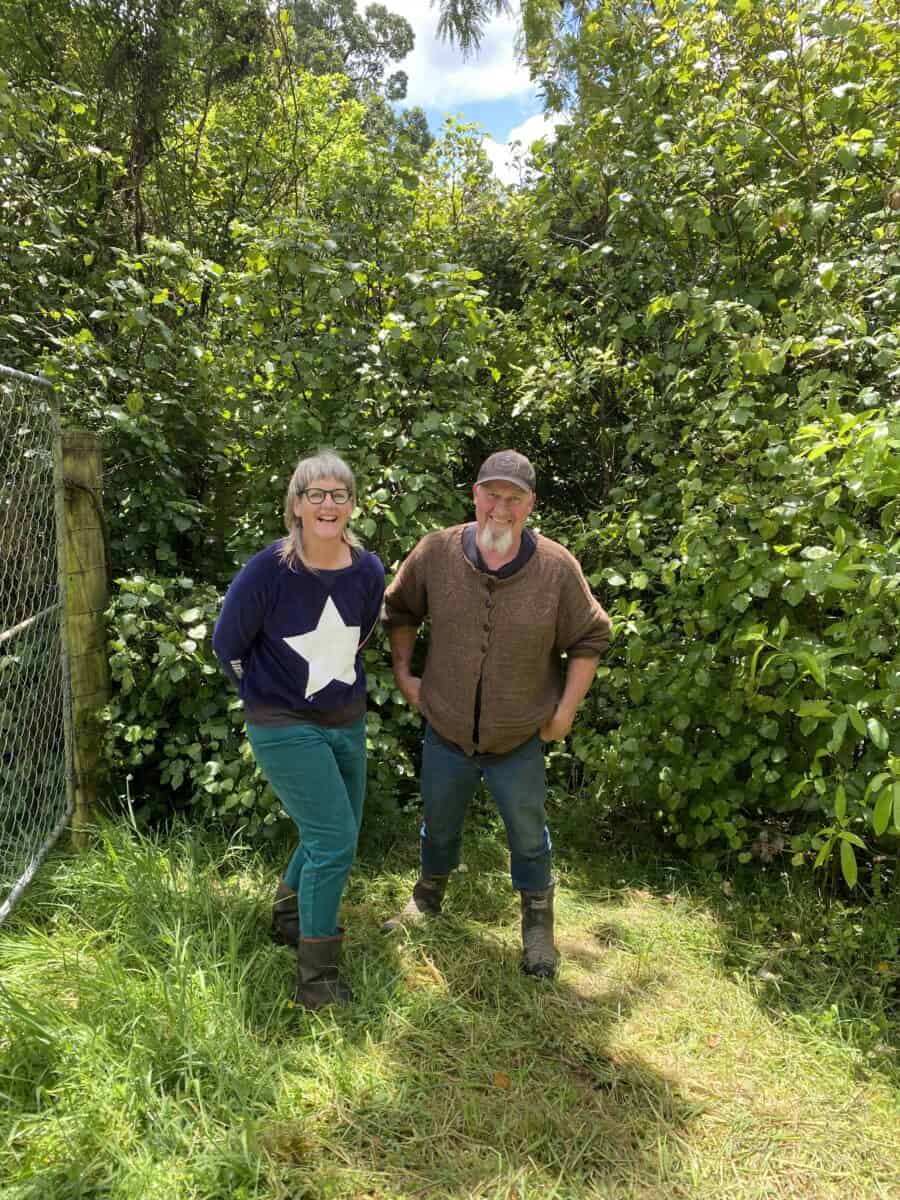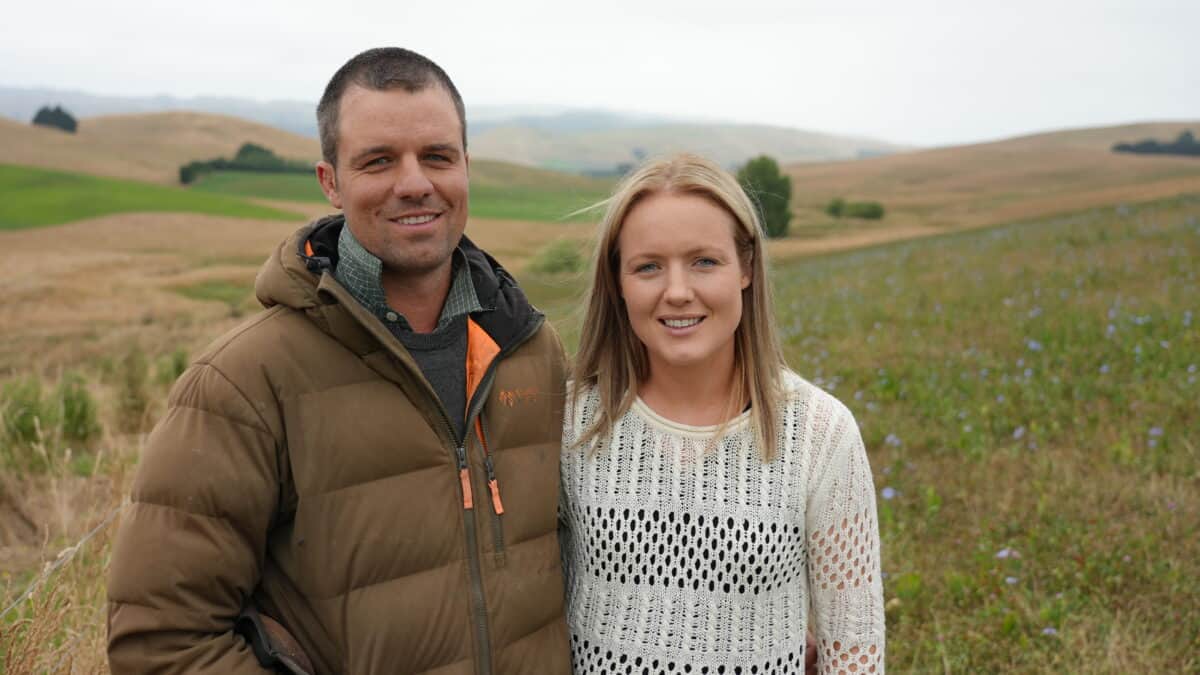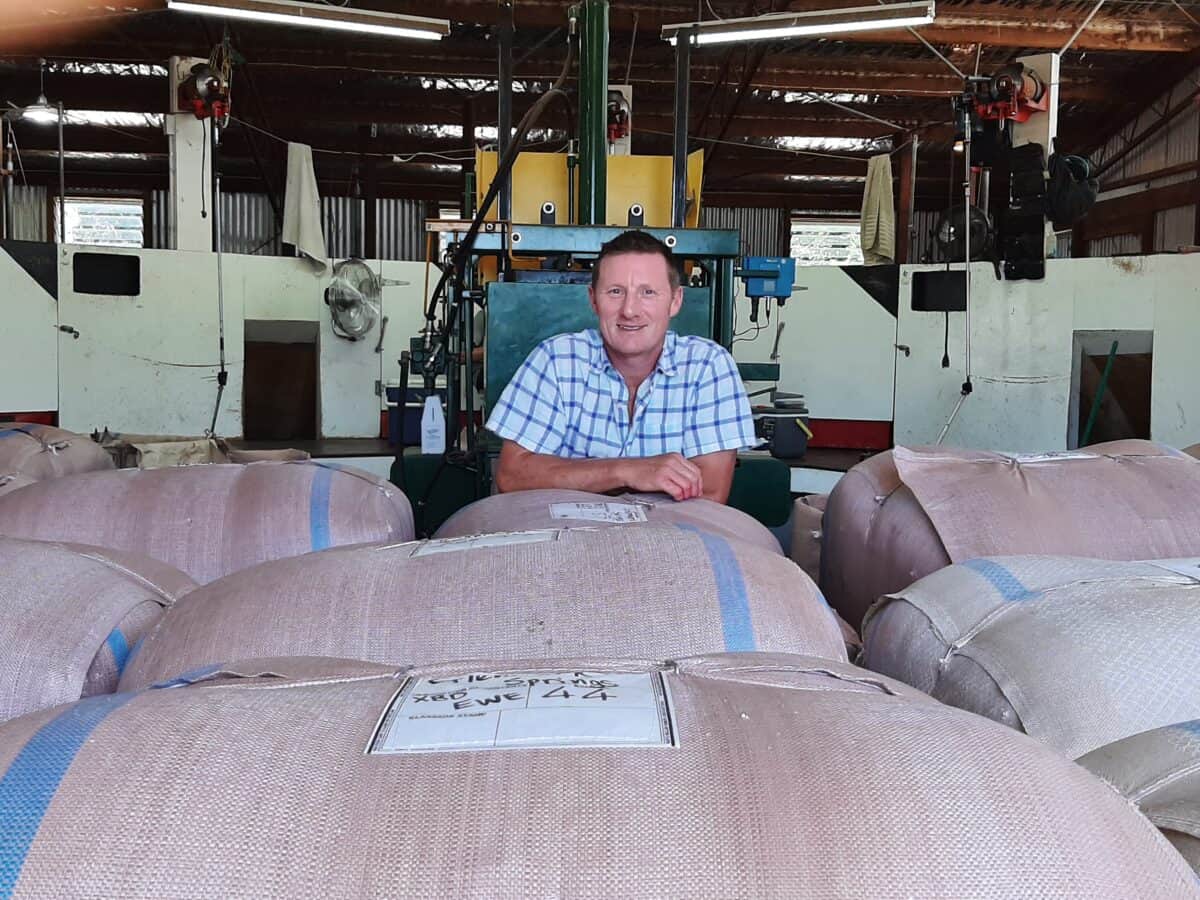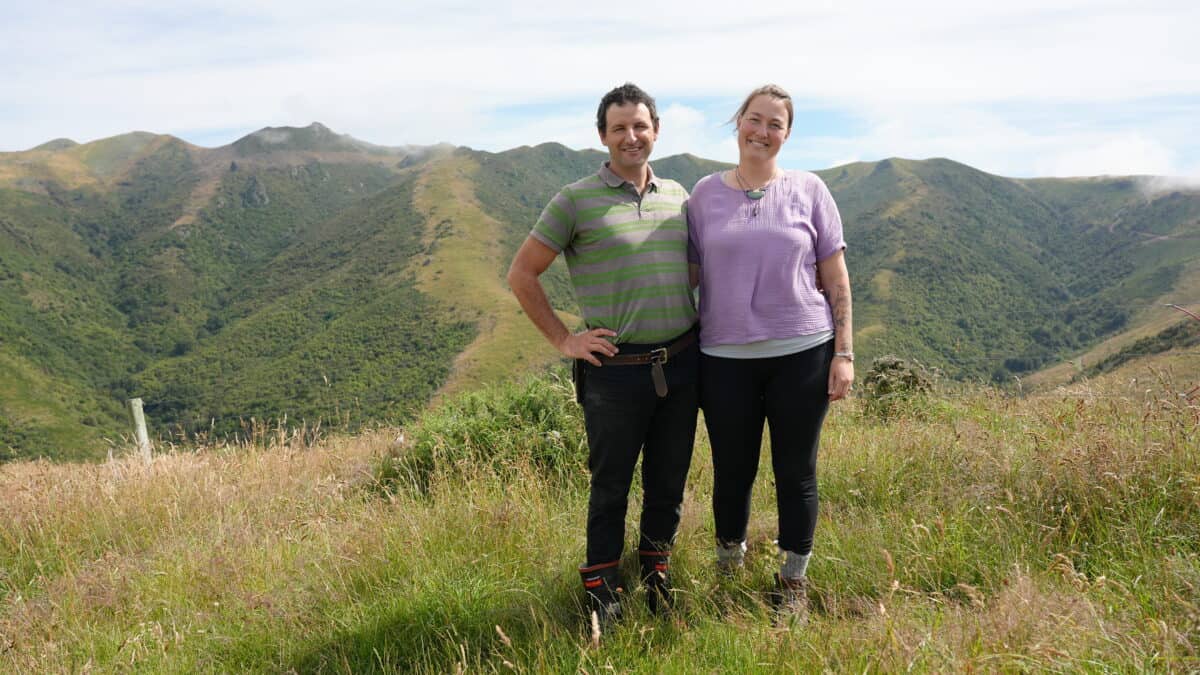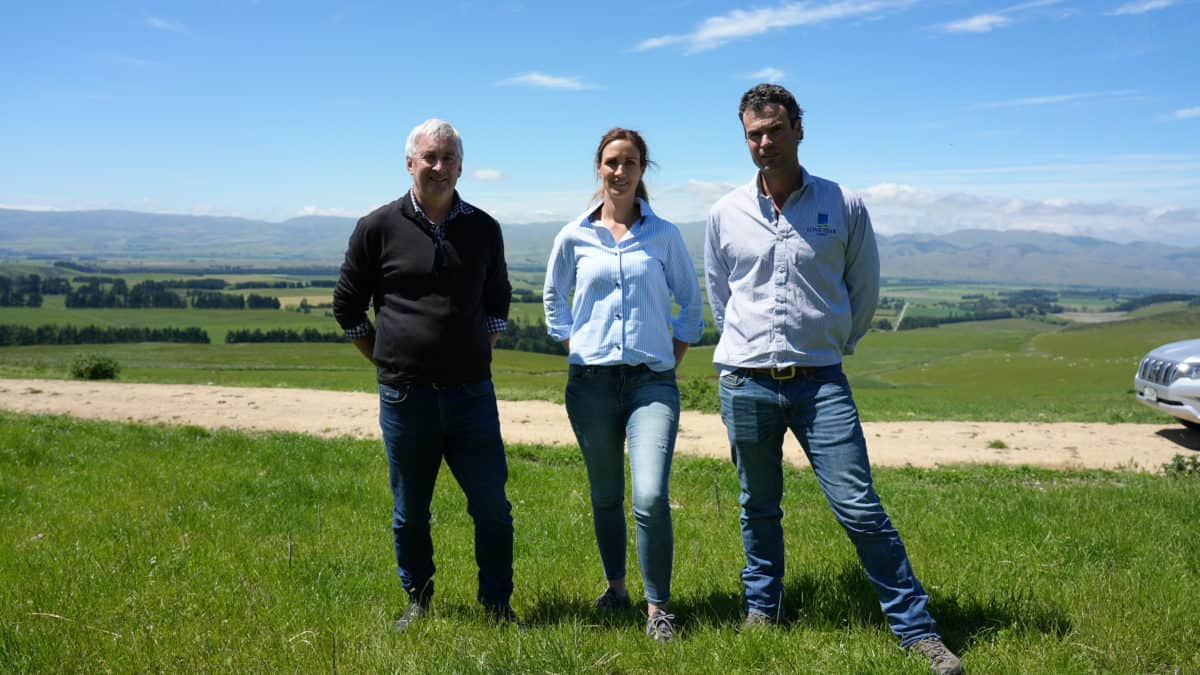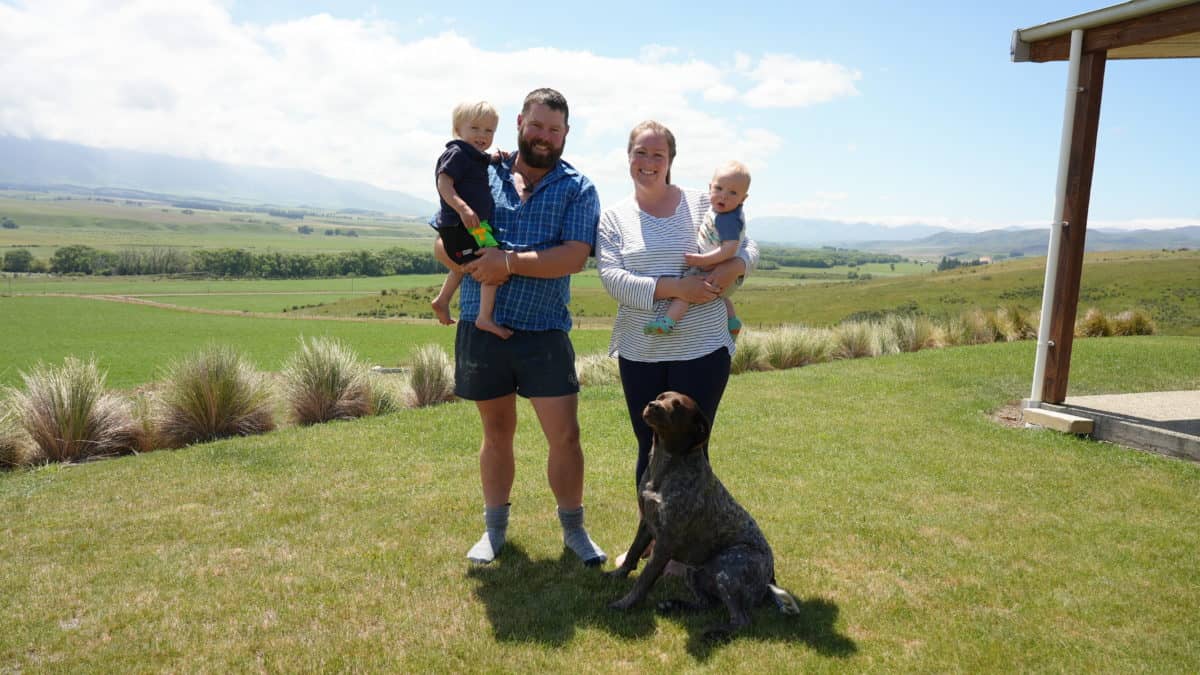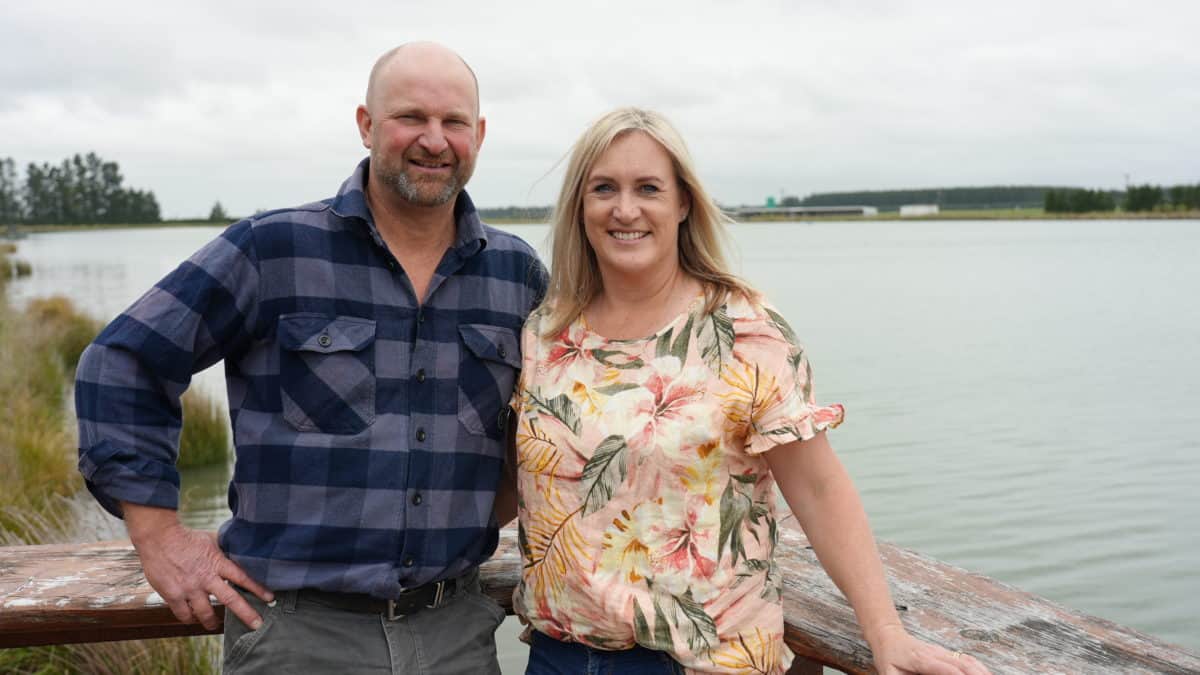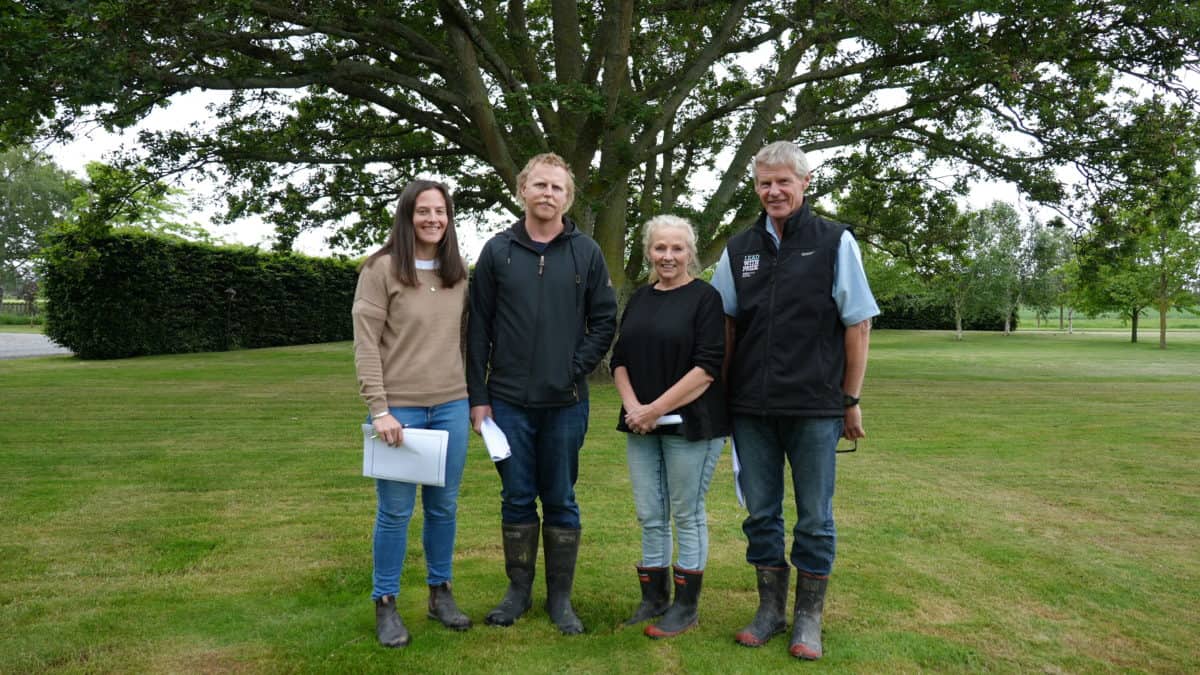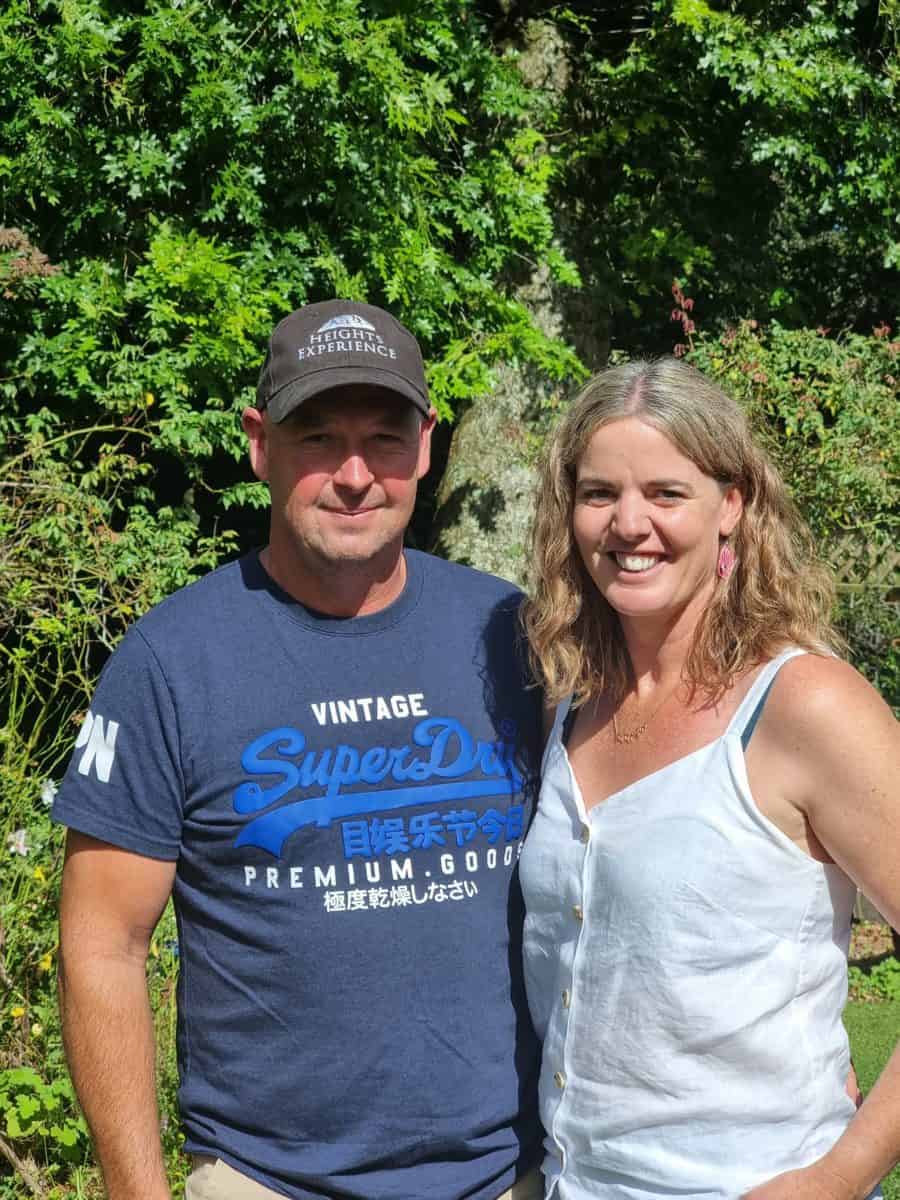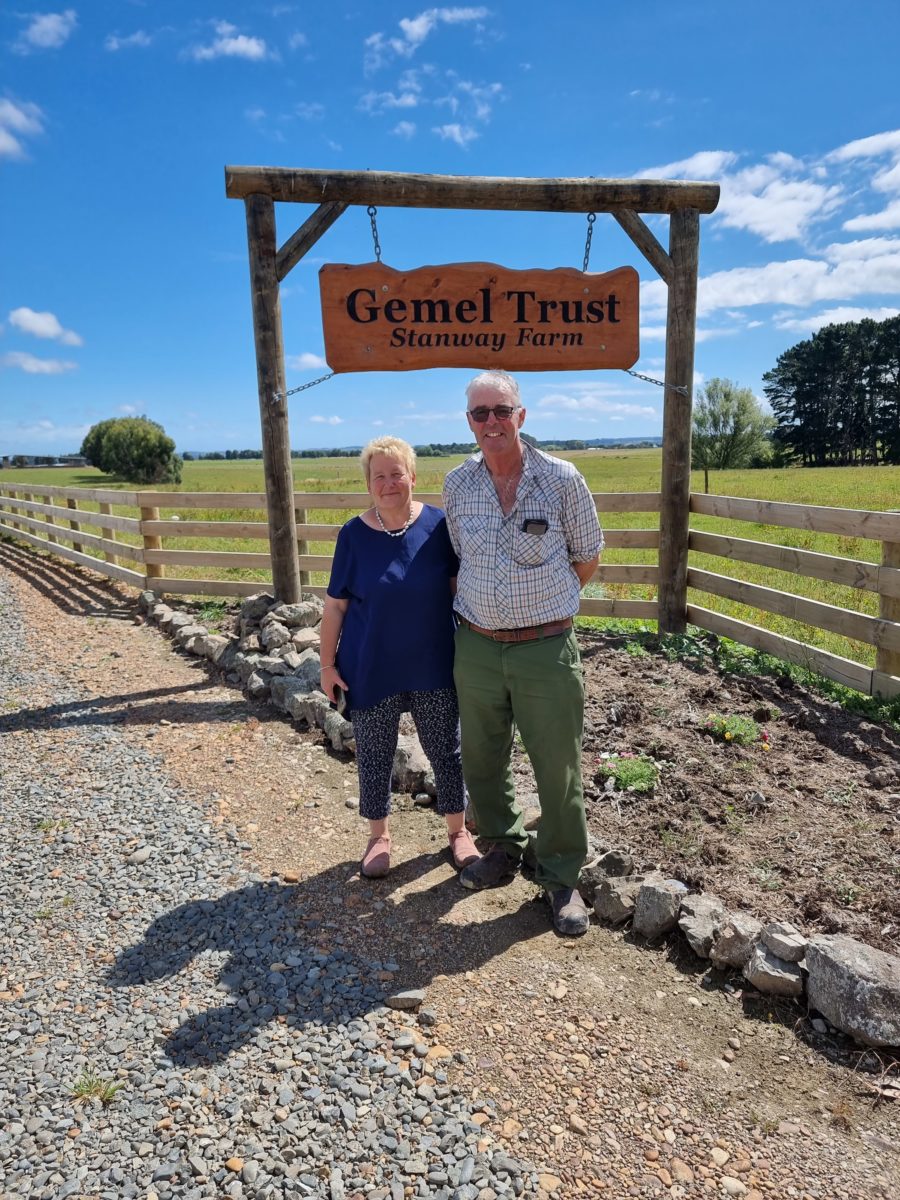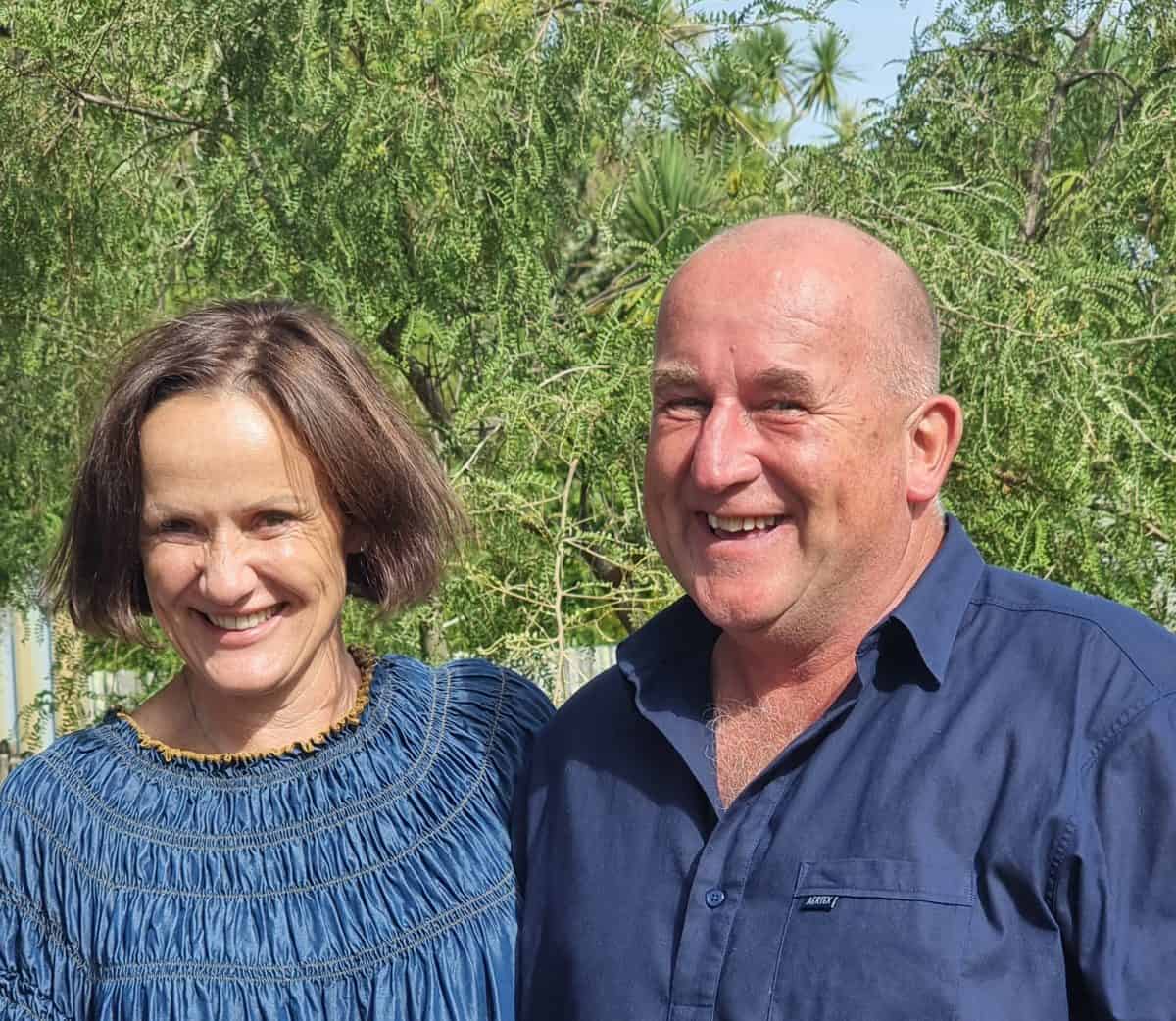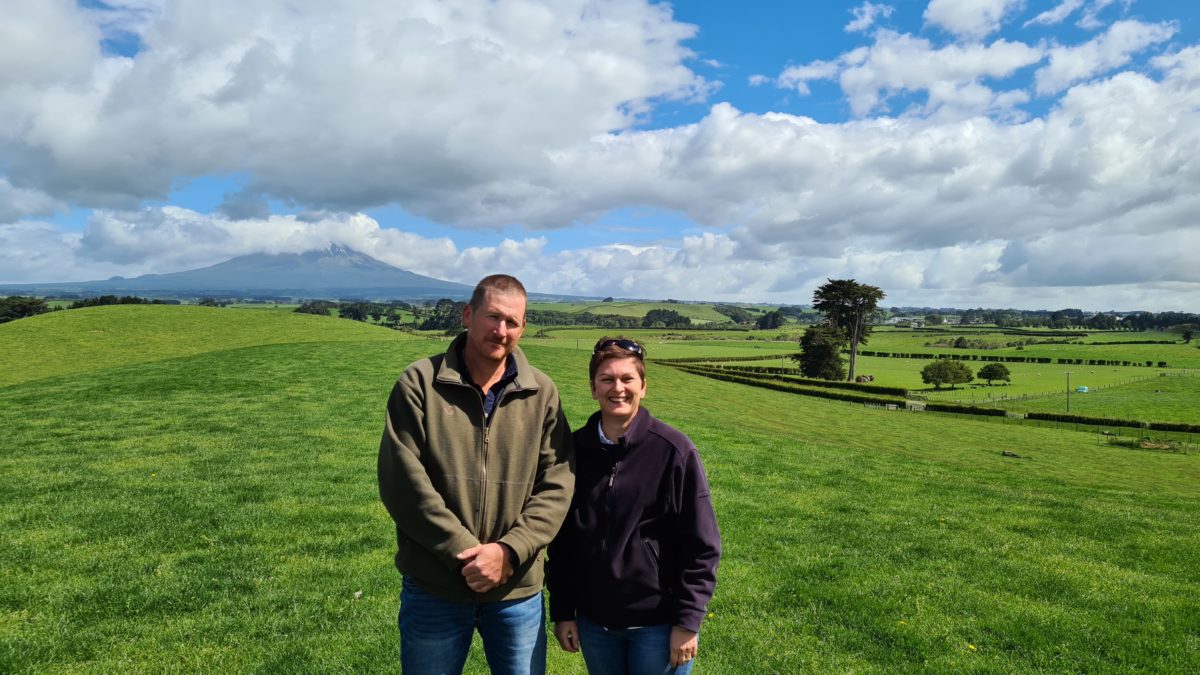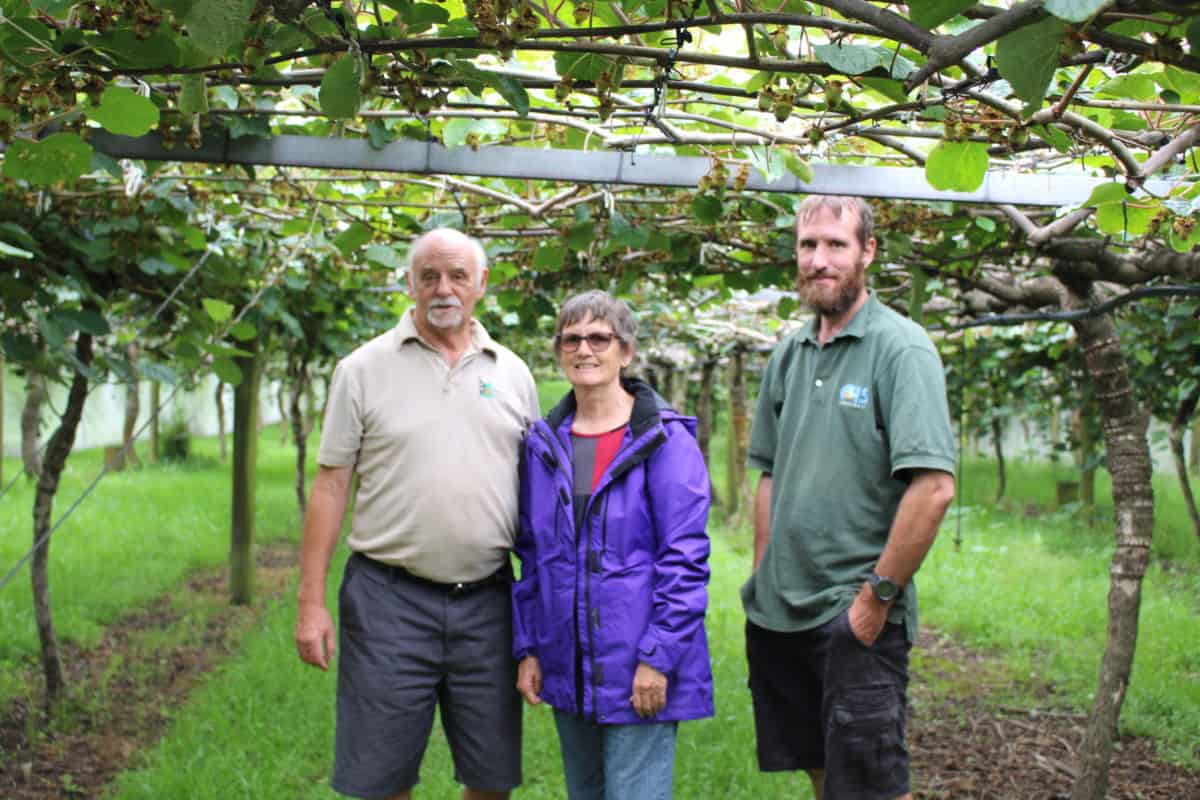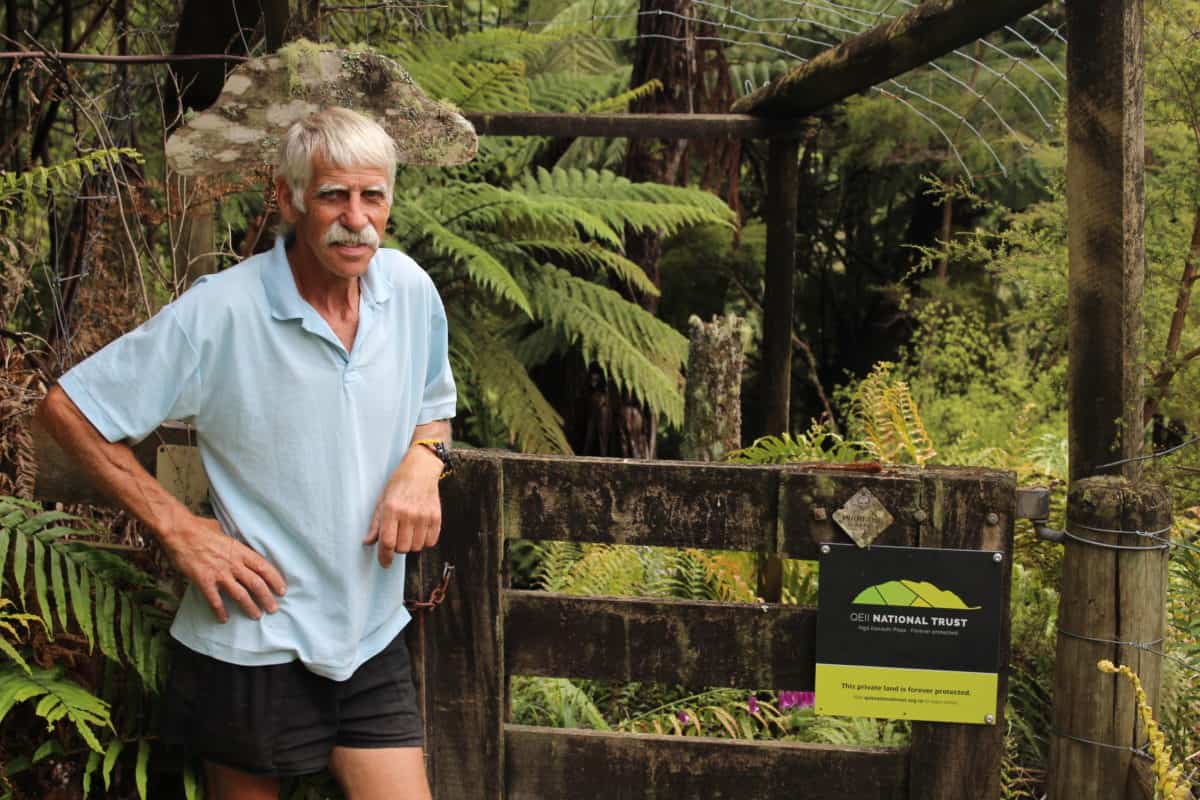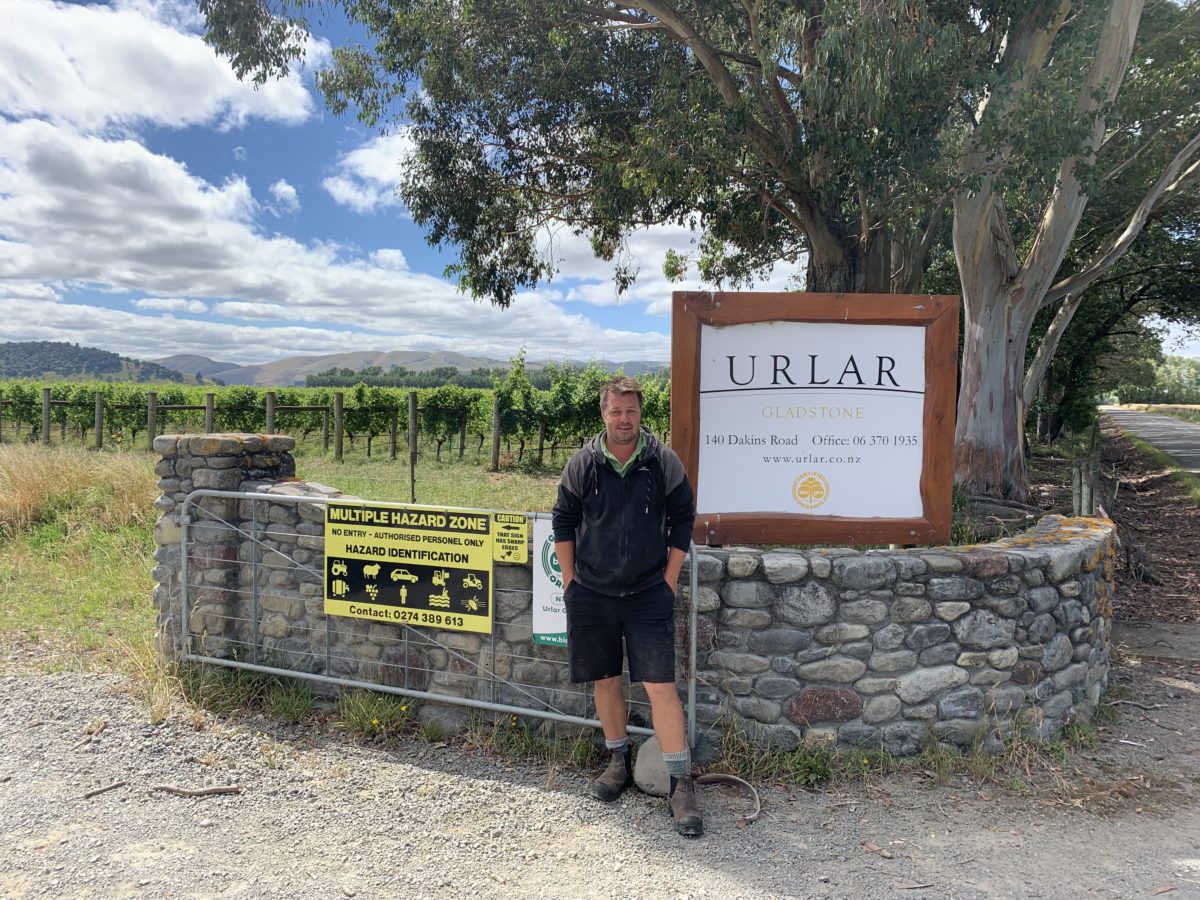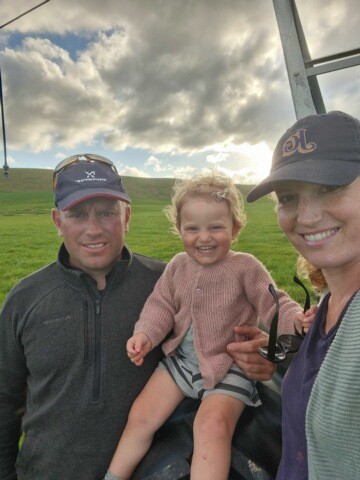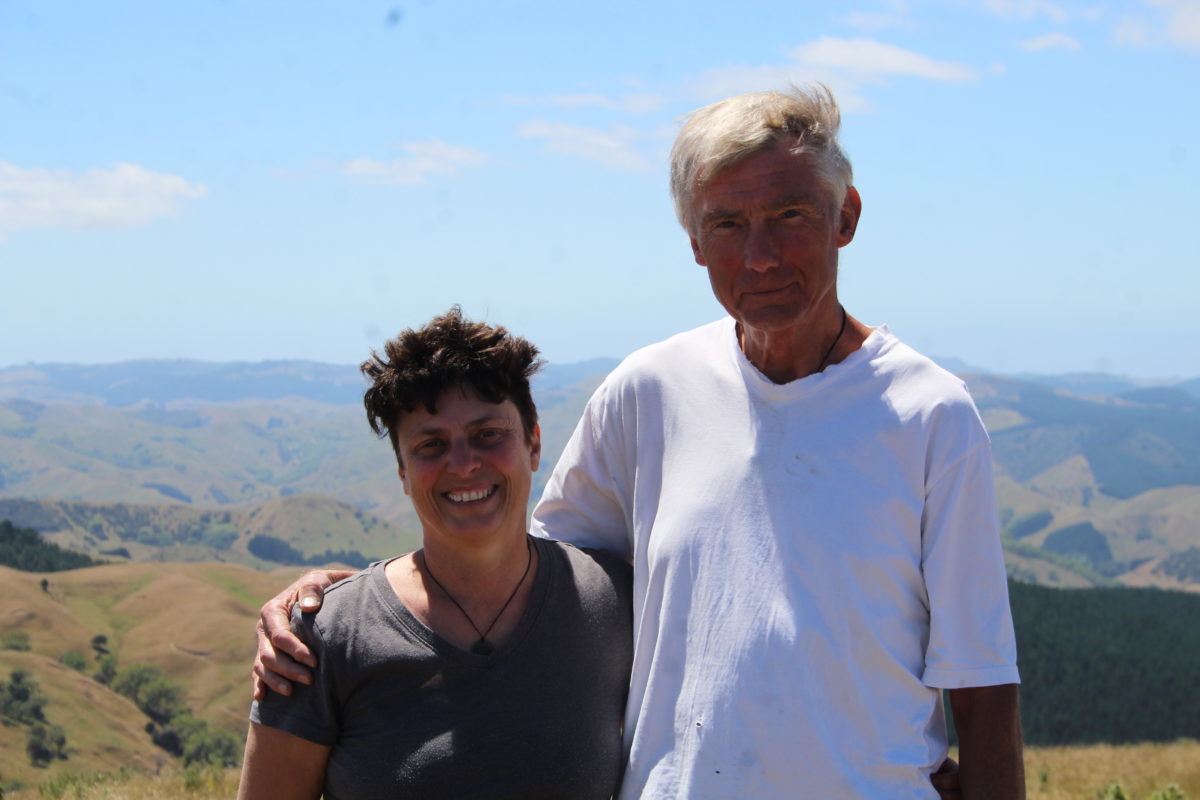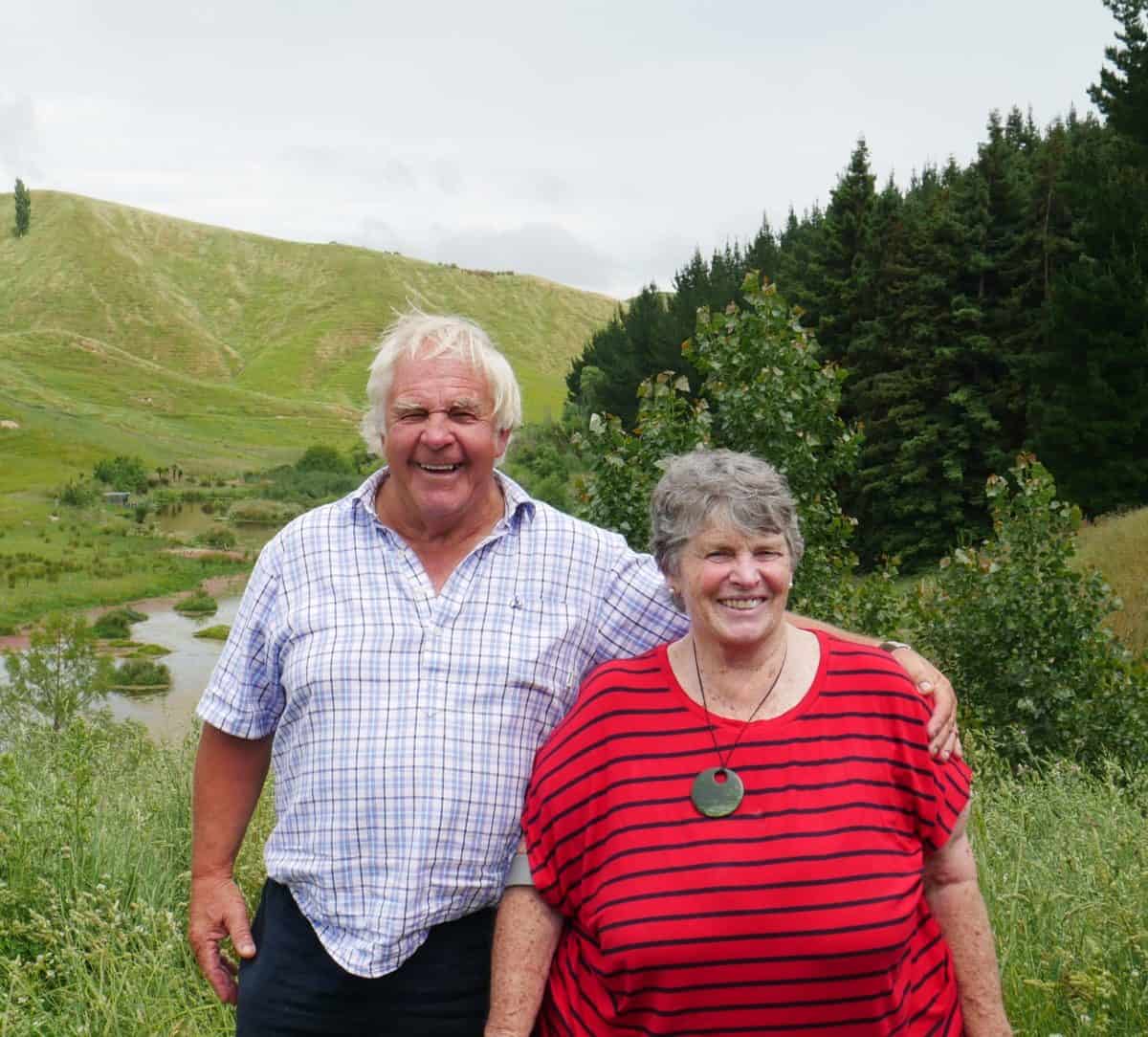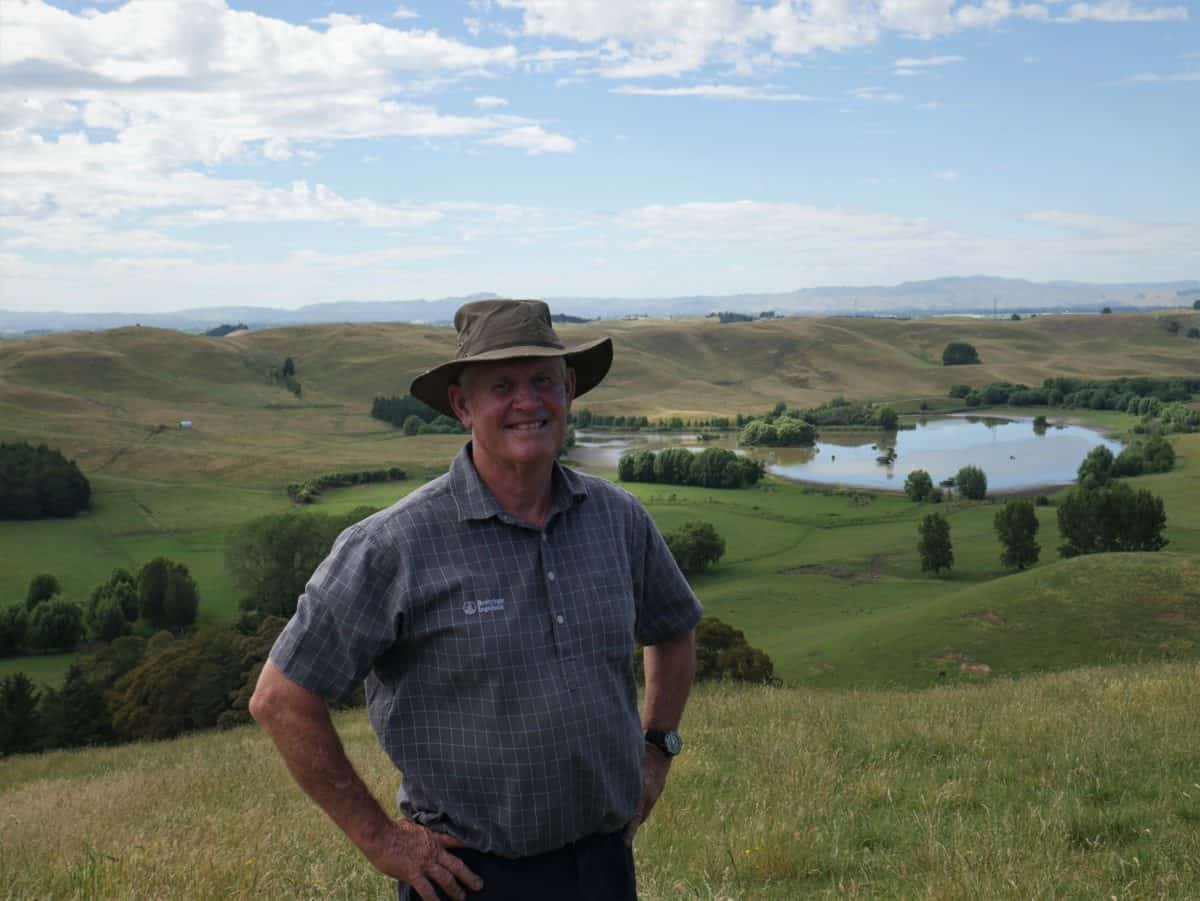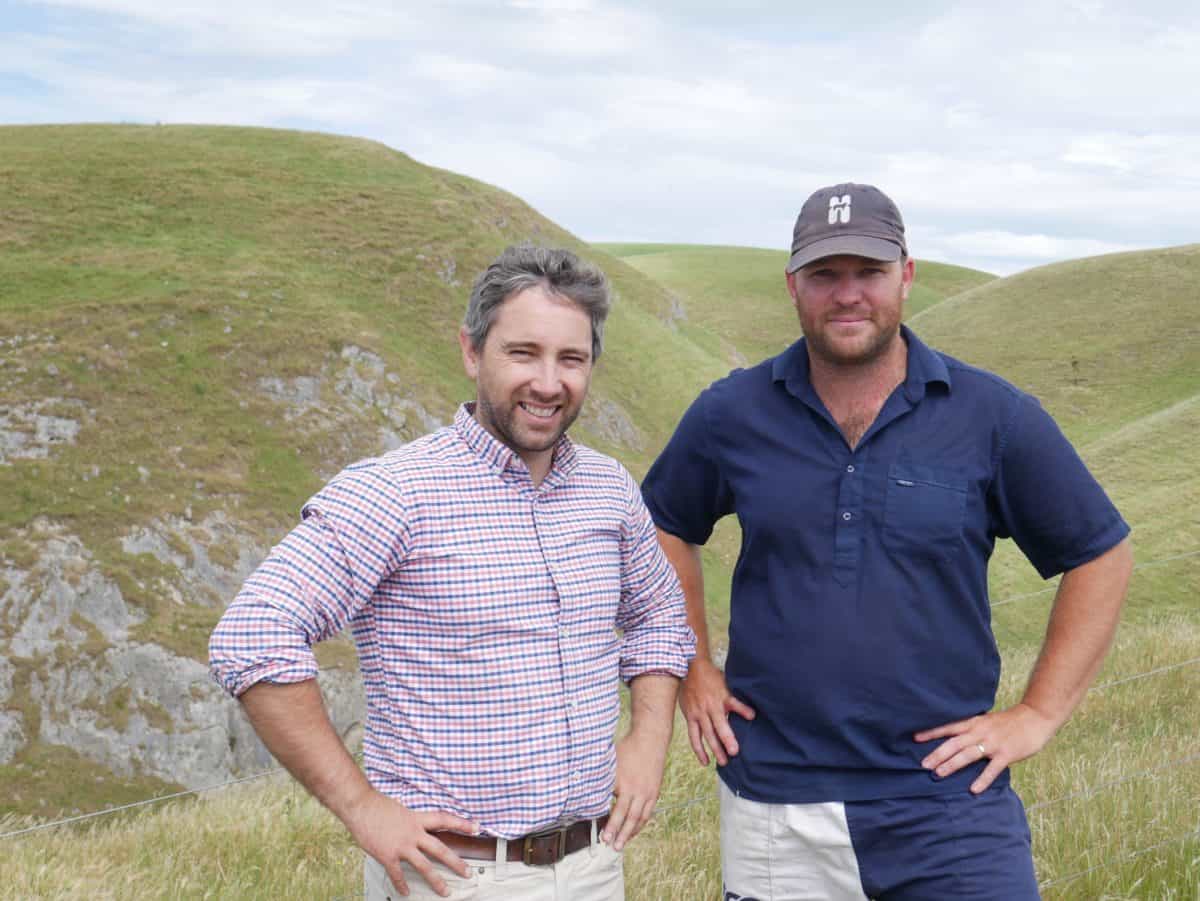Victor and Amy Blaikie
Ben Annand – Sheep, Beef and Wool
Amy and Victor are now at the helm of this property that has been farmed by Victor’s family since 1960. Sheep and beef are grazed across about two-thirds of Ben Annand, with the rest in native bush and exotic trees.
In 2021, just over 7,500 stock units were run with 80% of income from sheep, with the remainder from cattle.
Paddocks are planted with a mix of red and white clover, cocksfoot and ryegrasses, while four hill blocks have native tussock and cocksfoot, over-sown with clover.
Production has lifted, due to enhancing lower producing blocks and using a flexible stock policy that is adapted to the climate and external market conditions.
Gorse control, significant planting, fencing and pest management has resulted in a landscape with rich biodiversity.
Brent, Tim and Anna Craig
Bowalley Free Range – Egg Production
The third-generation family behind this free range chicken farm takes a sustainable, circular approach to egg production.
The business has a 420ha arable farm that grows wheat and barley to feed the hens. Egg sales make up about 95% of their income, with the balance coming from selling grain when they have more than the chickens need.
Minimising waste and creating efficiencies in their circular system is important for sustainability with chicken manure applied to the arable land, proving a natural base fertiliser, while solar panels power the hen houses.
Technology is used for flock management with updates throughout the day on such things as average temperature, and the consumption of feed and water. Sheep graze cereal re-growth on the arable farm to reduce the need for cultivation and sprays.
Amanda and Adrian Currie
Tinwald Farm – Sheep, Beef and Viticulture
The Currie’s purchased Tinwald Farm in 2012, immediately investing in irrigation, fencing and infrastructure for the beef finishing and sheep grazing farm. In 2015, they planted two vineyards across 20ha.
After being hit hard by mycoplasma bovis in 2018, they pivoted to create a more diverse operation centred around protecting soil health.
They run 200 cattle and lamb 3,000 ewes and have invested in a milking shed and cheesery, with around 100 ewes will be milked for cheese production this season. In addition, they sell the eggs of 100 free range chickens and are trialling a small pig operation. The vineyards produce Pinot Noir grapes for supply, although they’re starting to make their own wine.
A science-led approach is used to improve soil ecology and performance. All new buildings have solar panels, effluent is combined with humic acid and sprayed on crops, and the waste product of cheesemaking – whey – will supplement feed for pigs.
Byron Vollweiler and Amanda Snow
Berriedale Ltd – Lamb, Timber and Carbon
The Vollweiler family has owned Berriedale Farm since 1953, during which time it has more than doubled in size to 1,100ha. Today, under the guidance of Byron Vollweiler and Amanda Snow, sheep graze across 800ha, while 200ha is planted in productive trees and a further 100ha is regenerating native bush and wetland.
They run a high-performance Romney flock and derive 80% of income from the lambs, while the balance comes from forestry.
Tree planting has been carefully matched to soil type to ensure they’re getting the best from the land. As well as forestry production, the trees generate social and economic value through carbon sequestration. They also provide stock shelter, enhance biodiversity, improve water quality and reduce erosion.
Soil conservation and management is a strong focus at Berrievale which is progressively moving toward a no-till approach, while planting sensitive, erosion-prone areas in ornamental and productive forestry.
Enter the Ballance Farm Environment Awards
